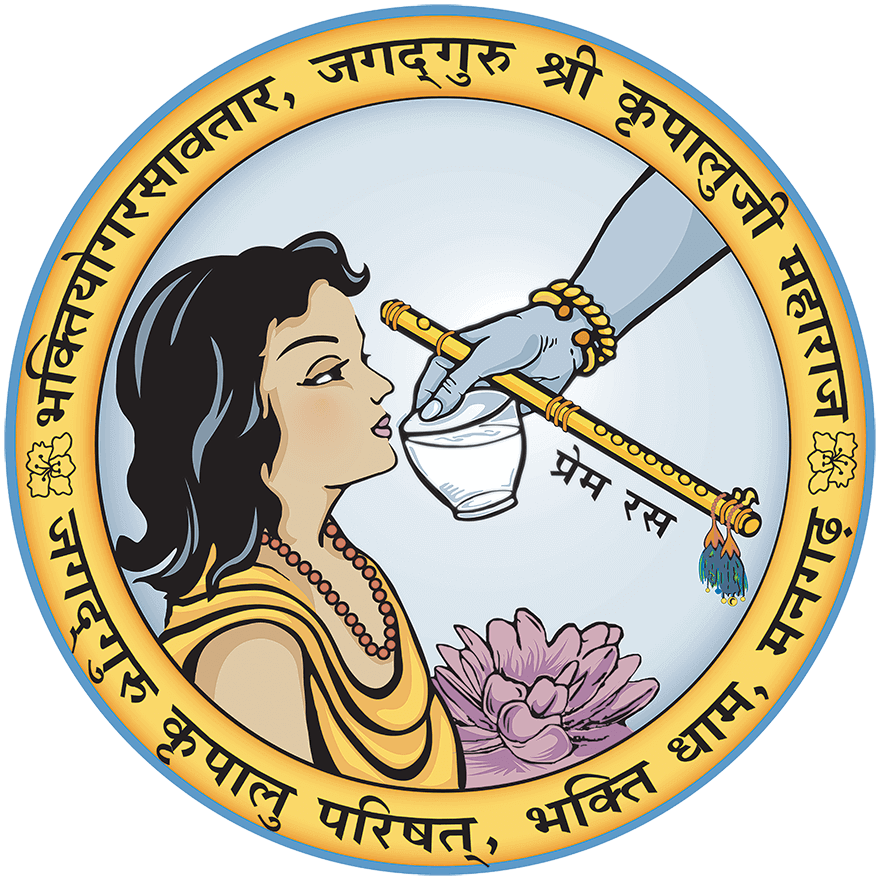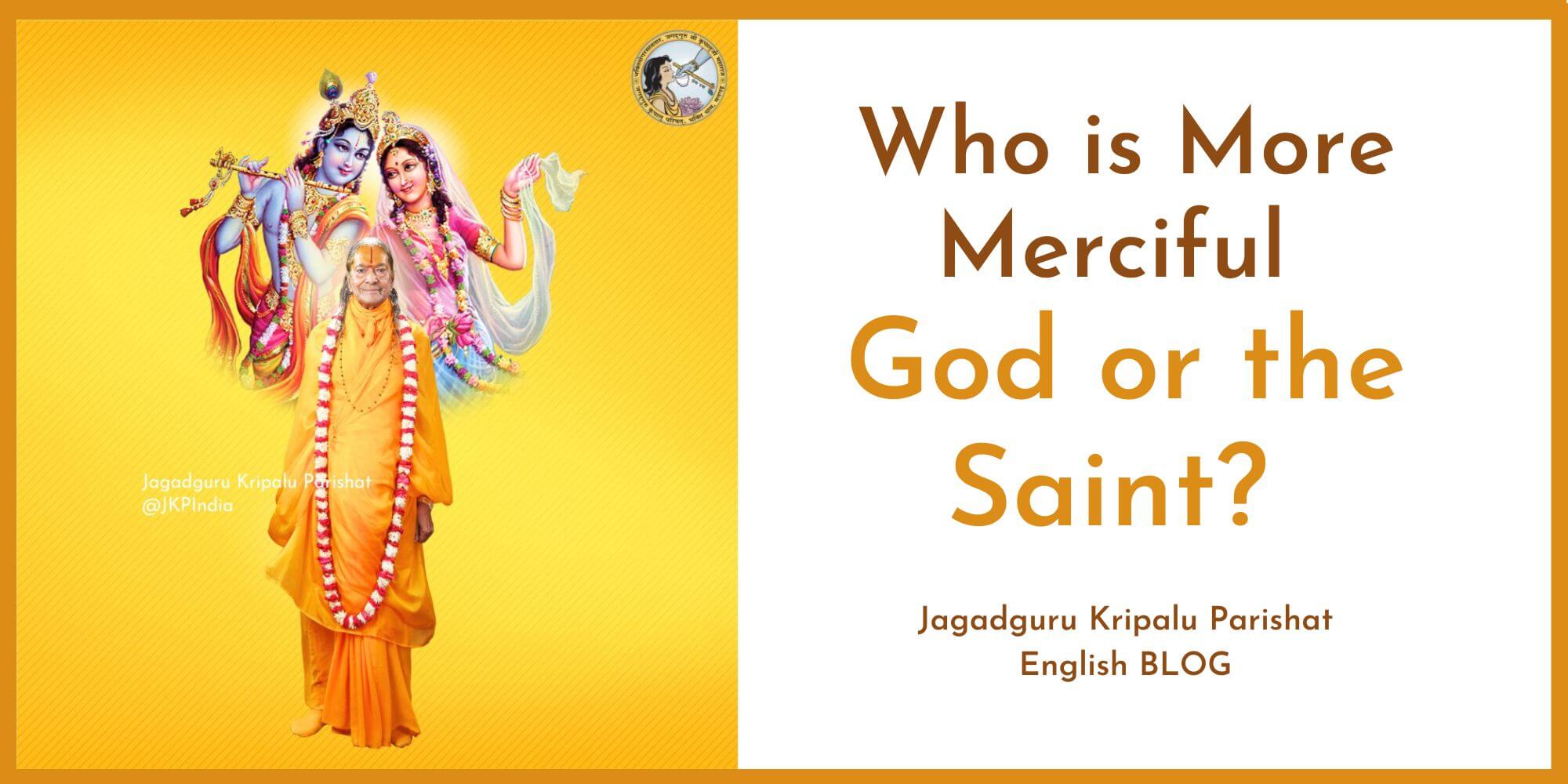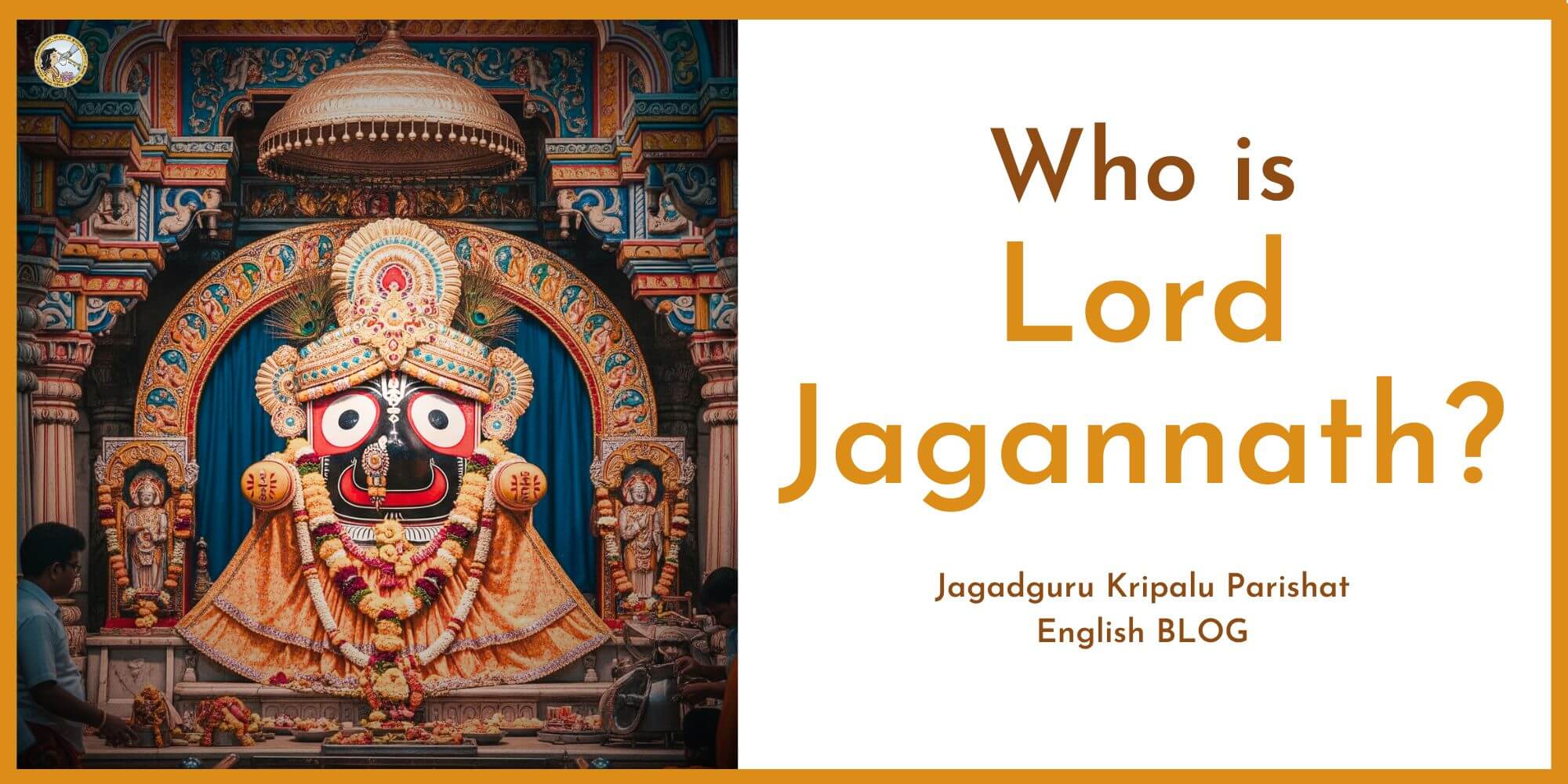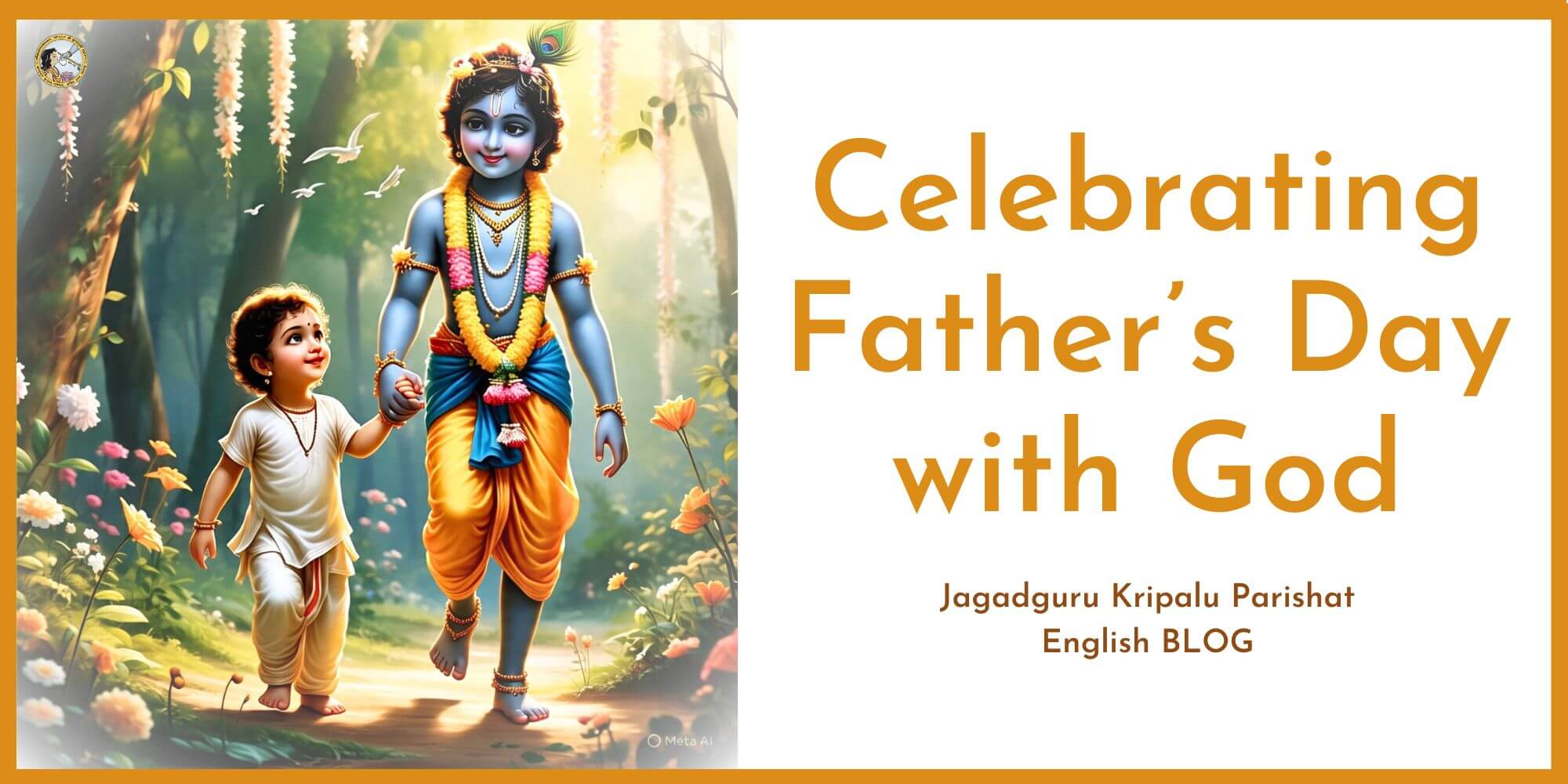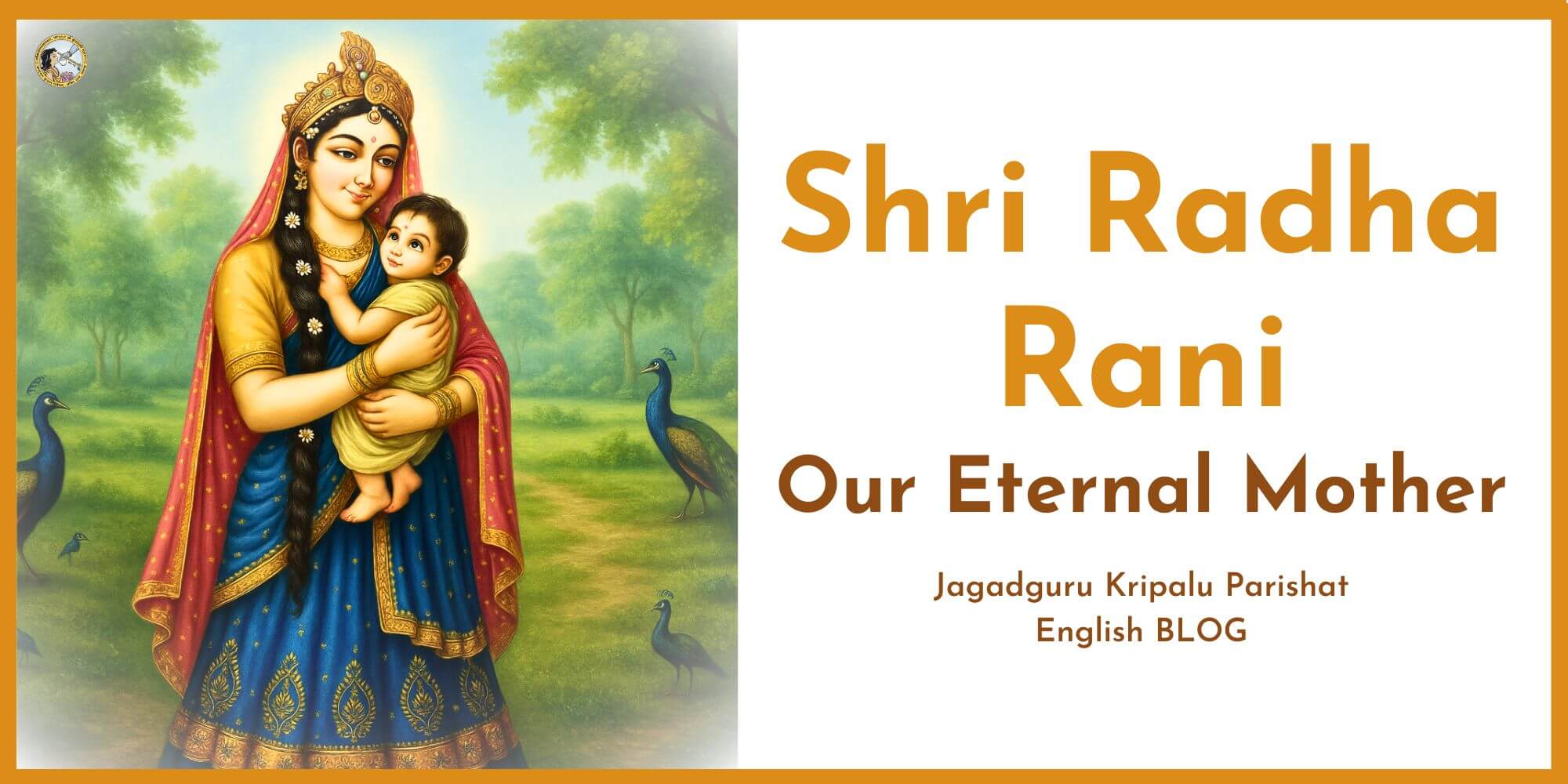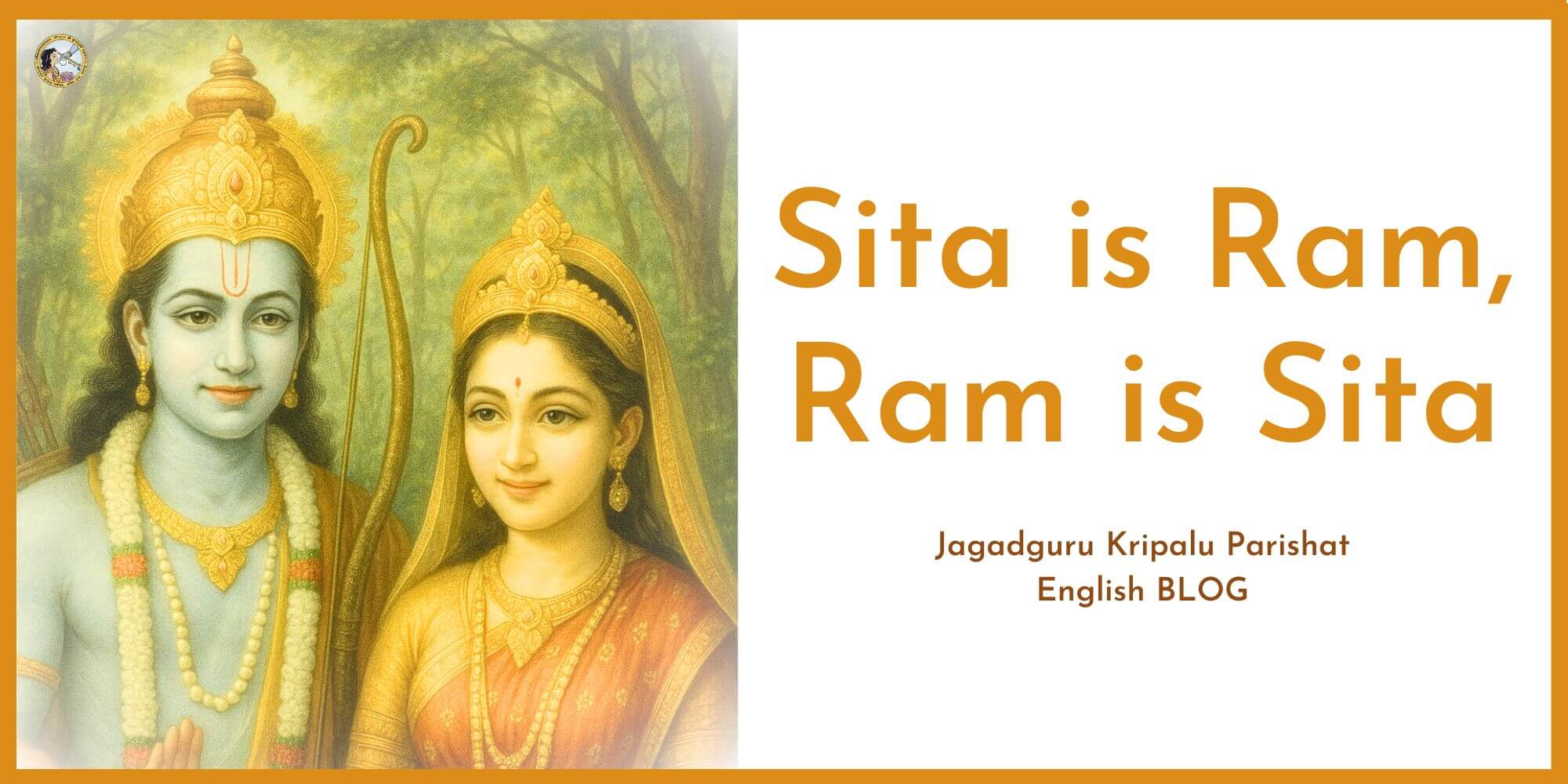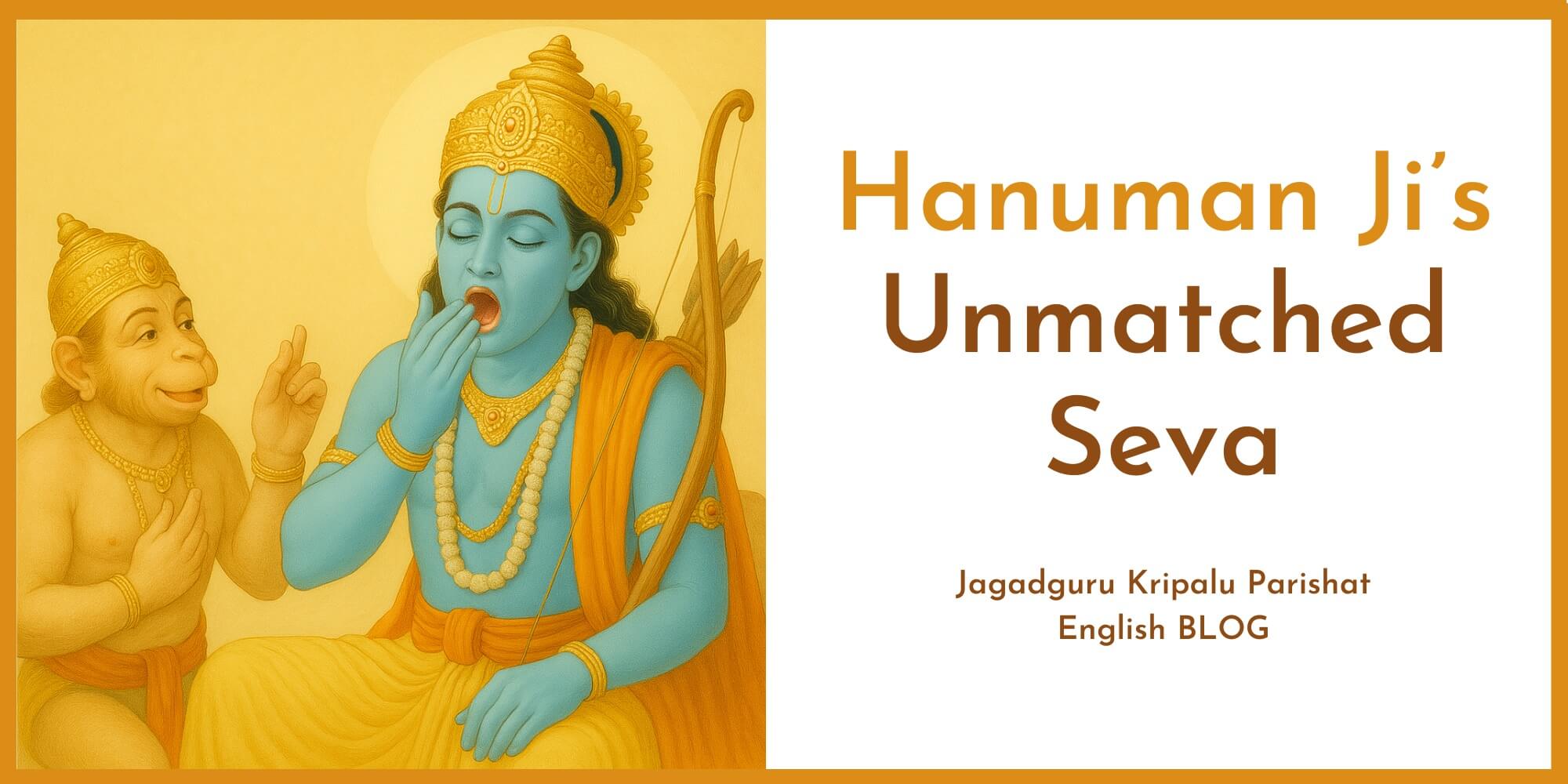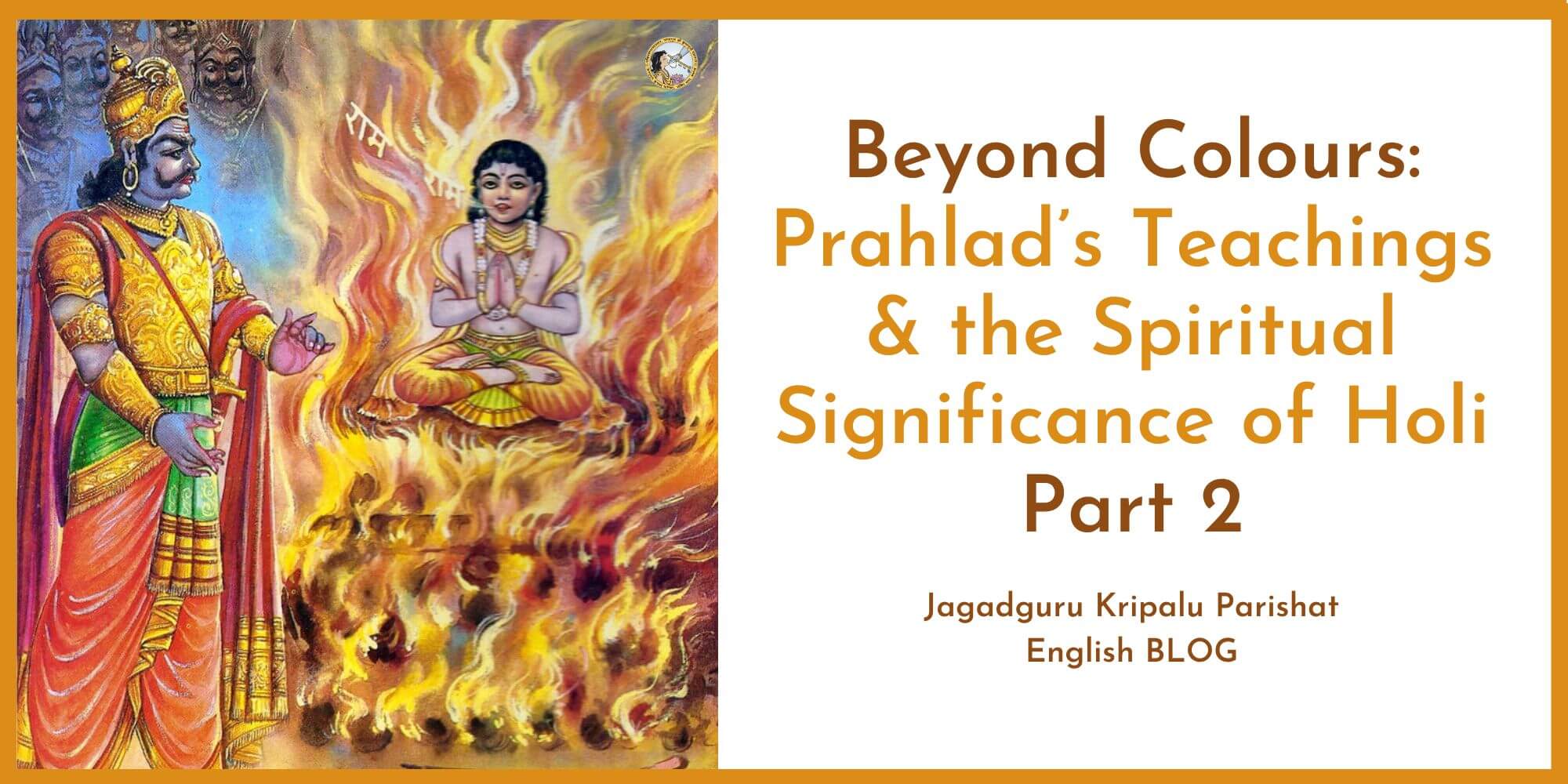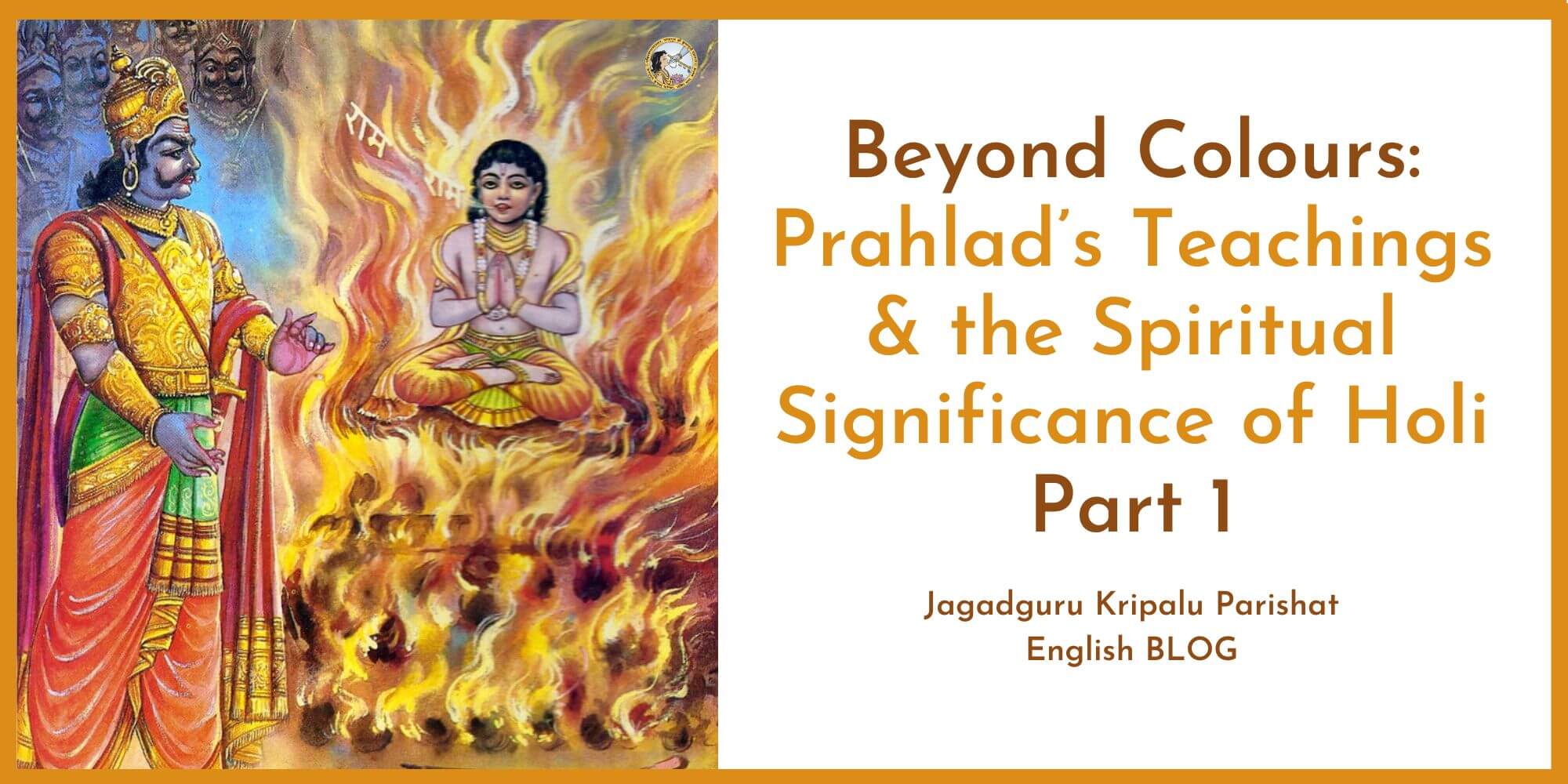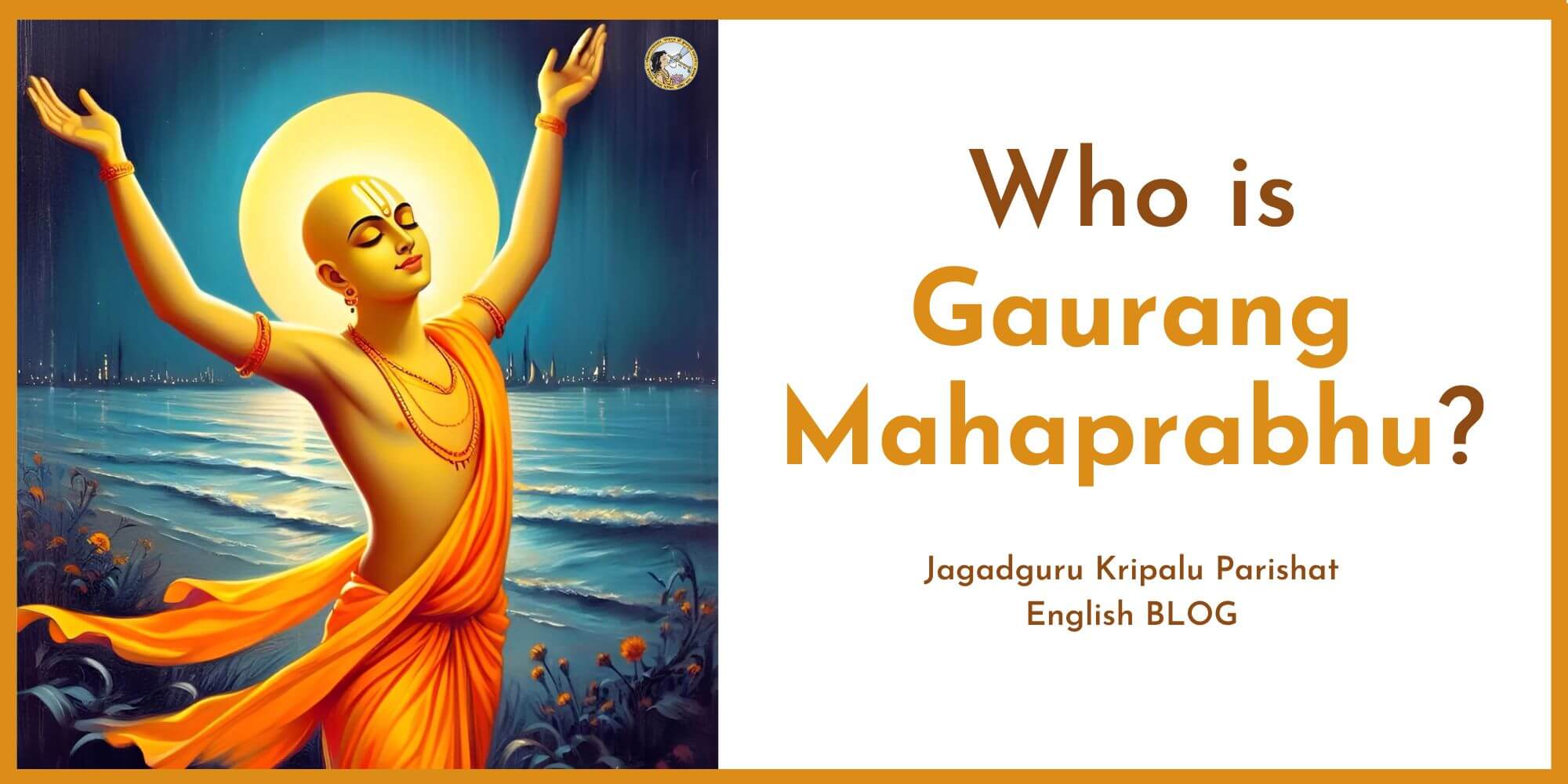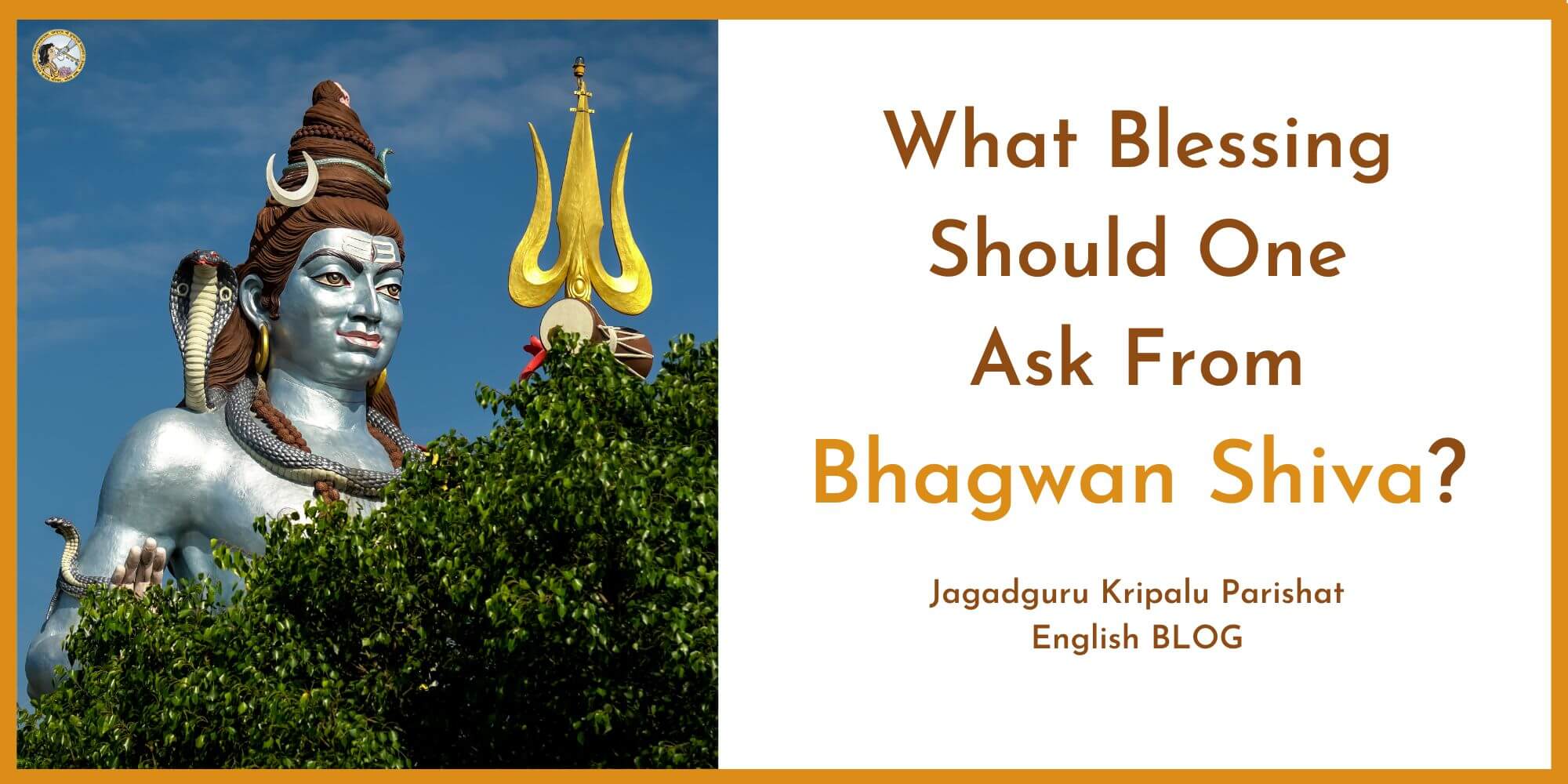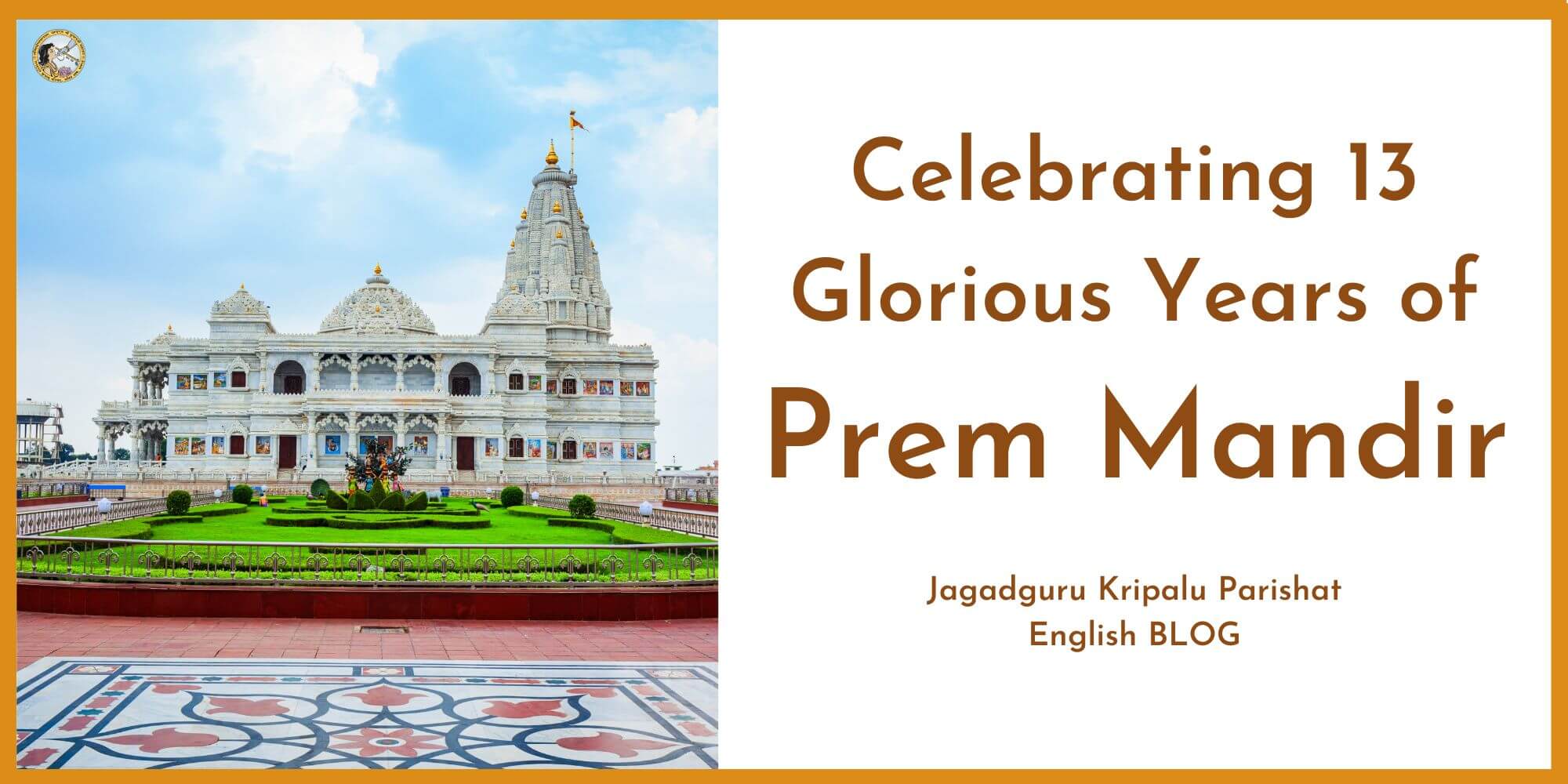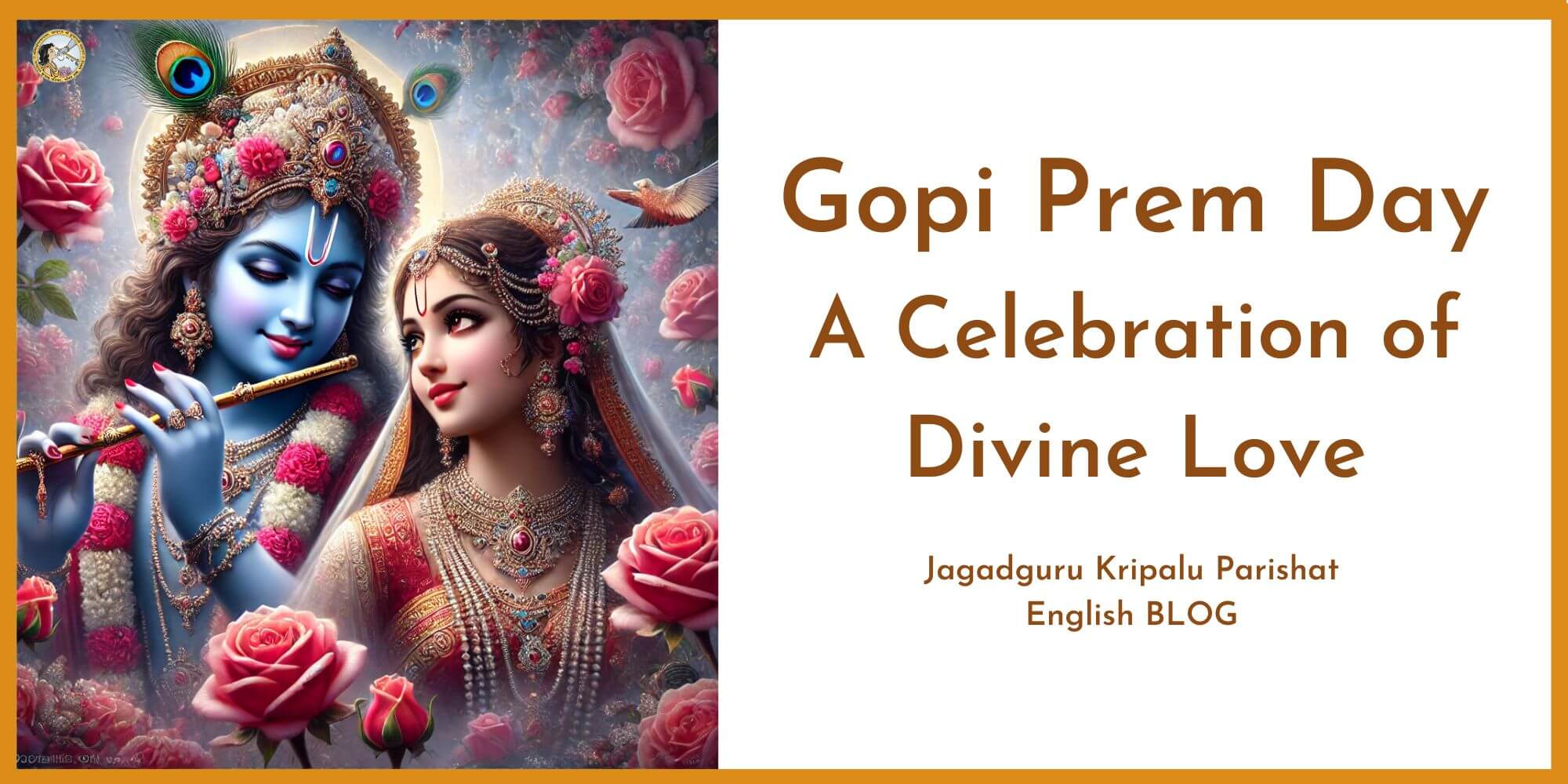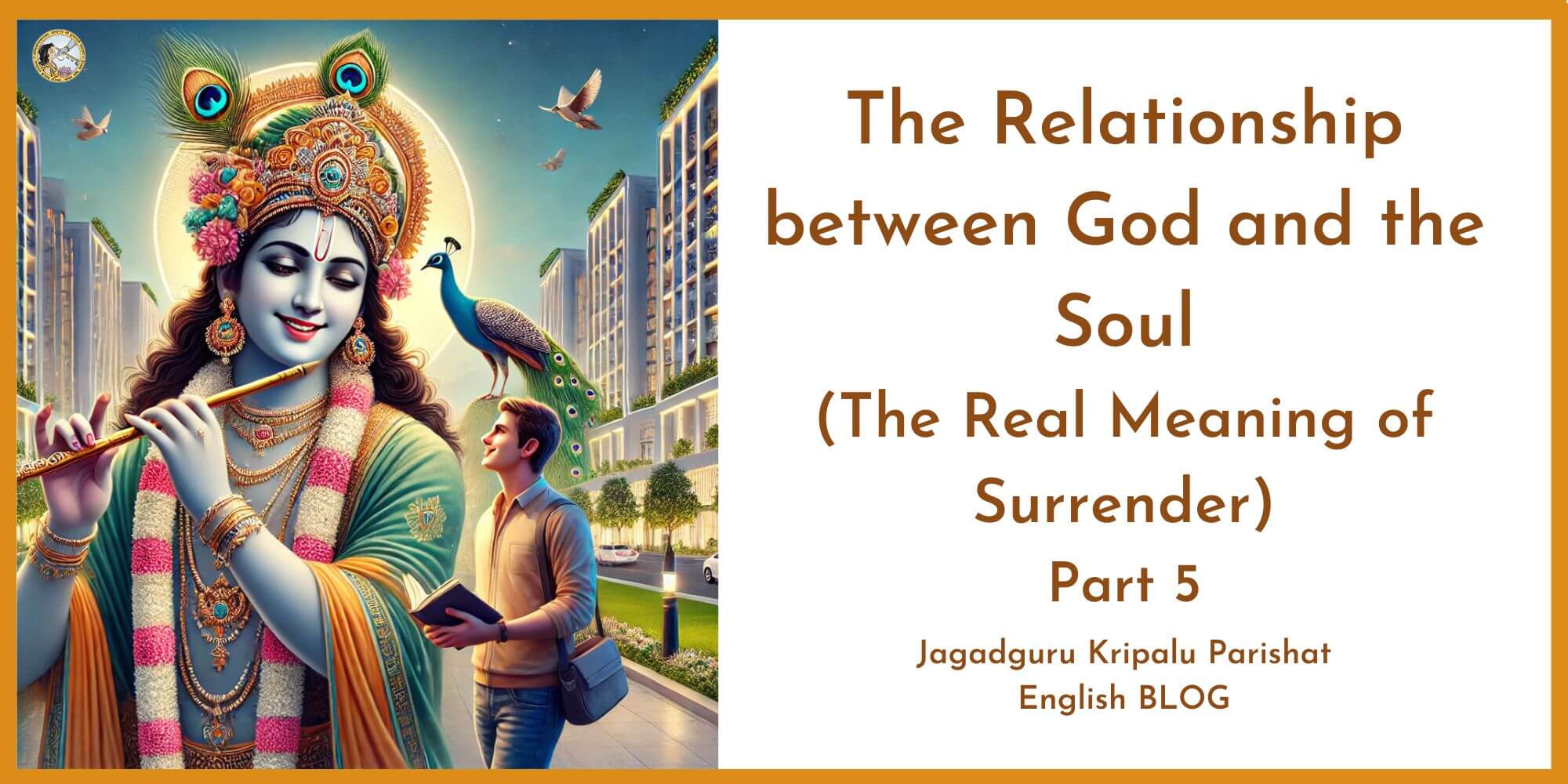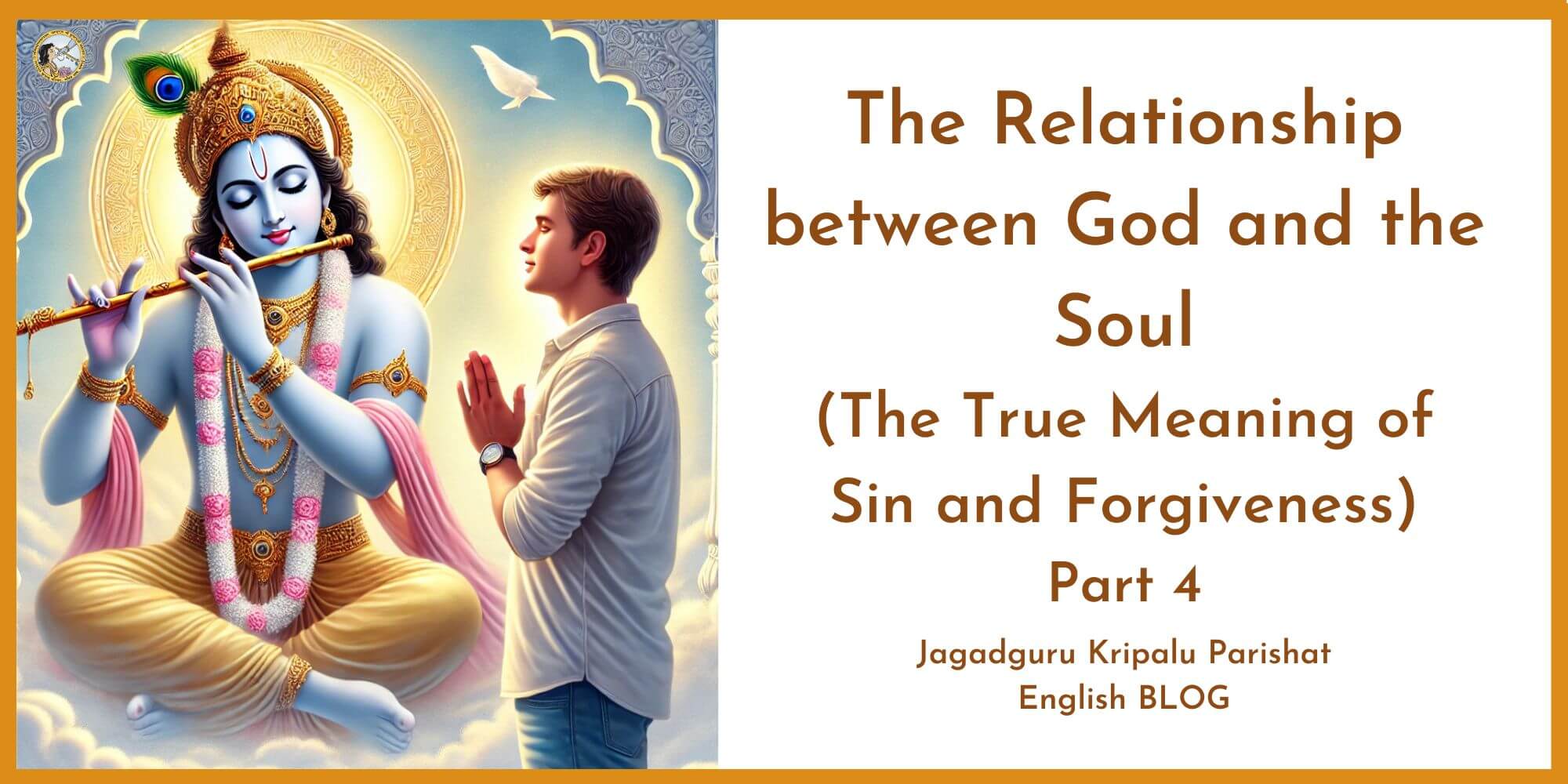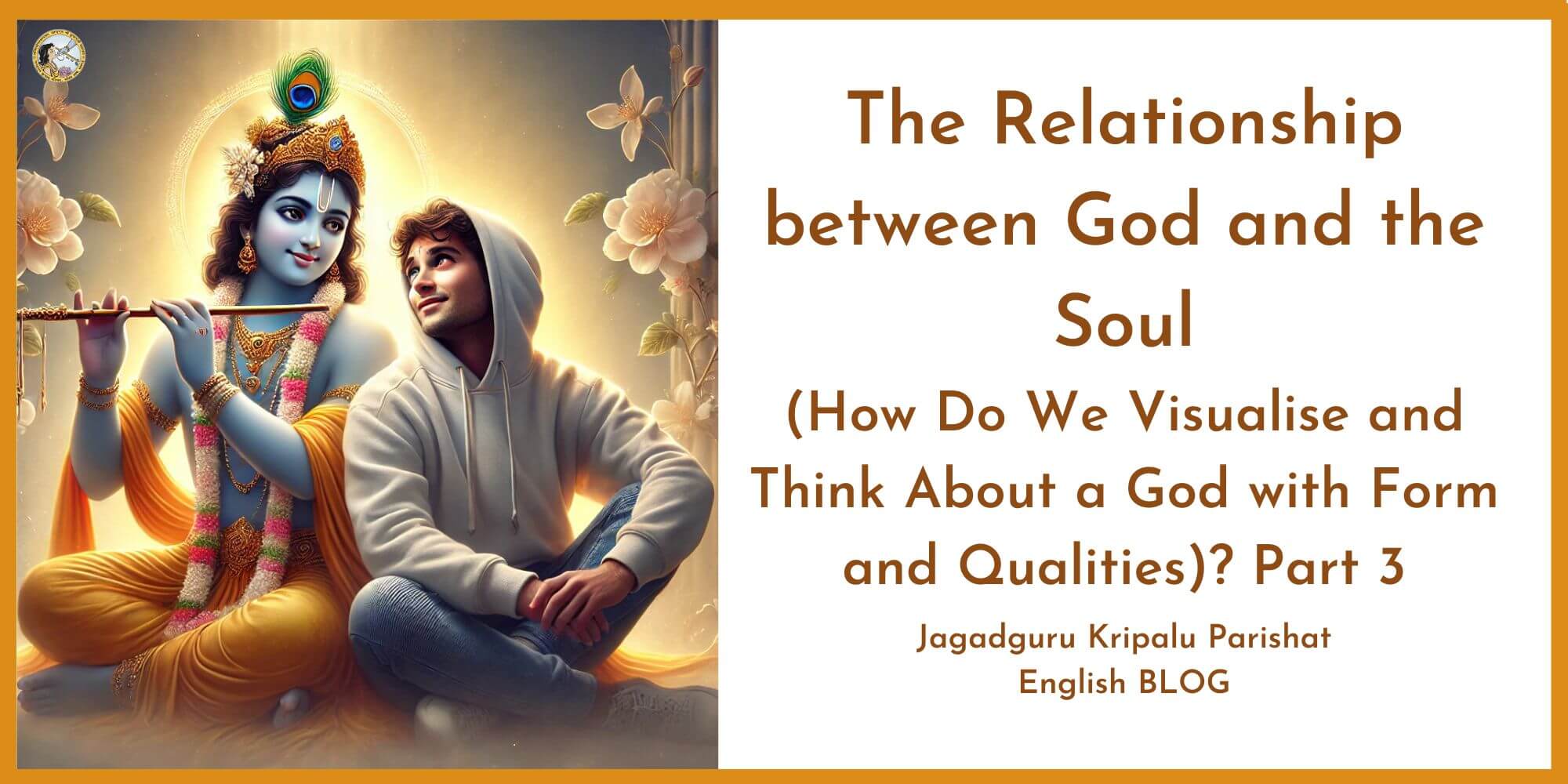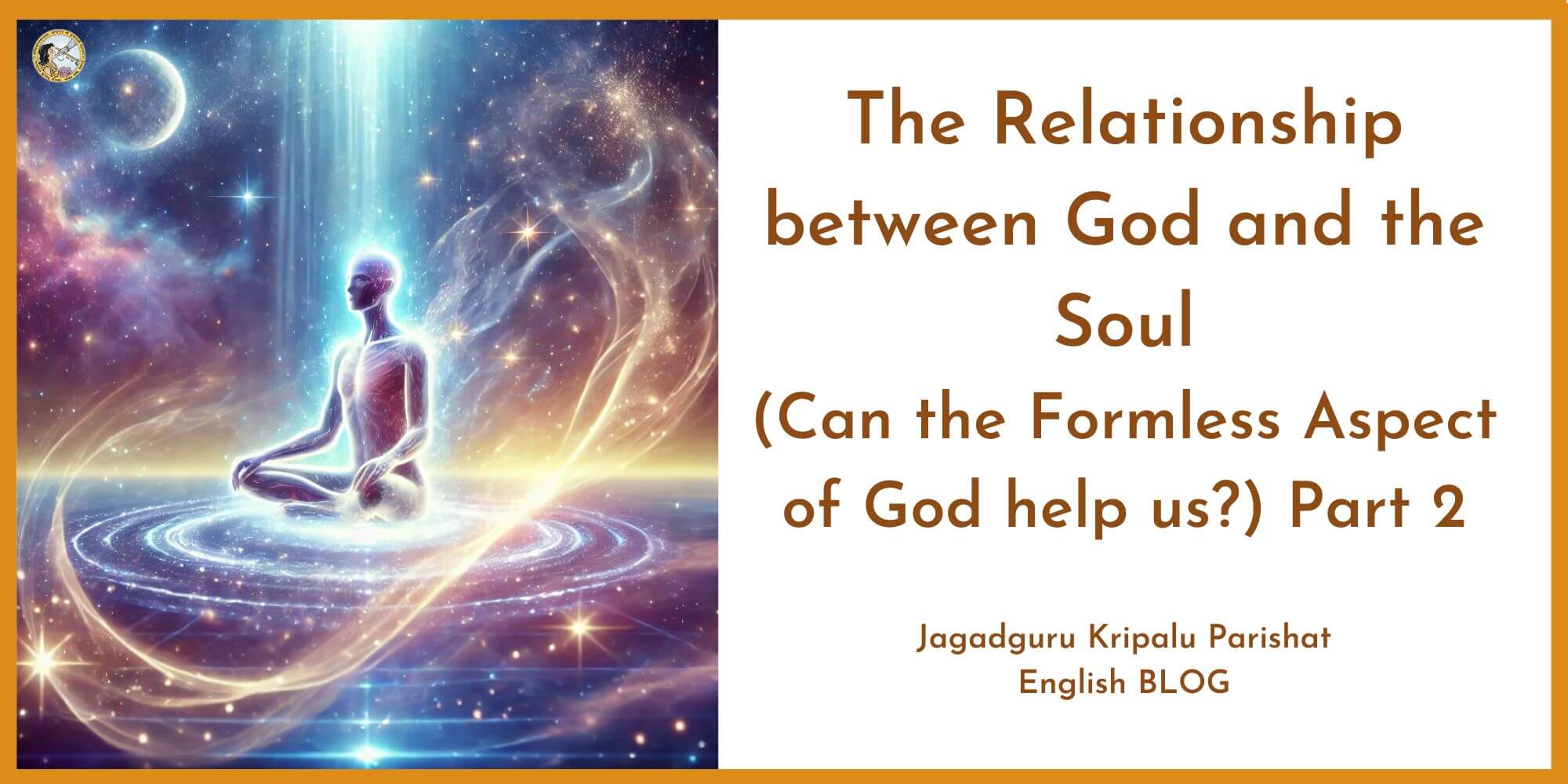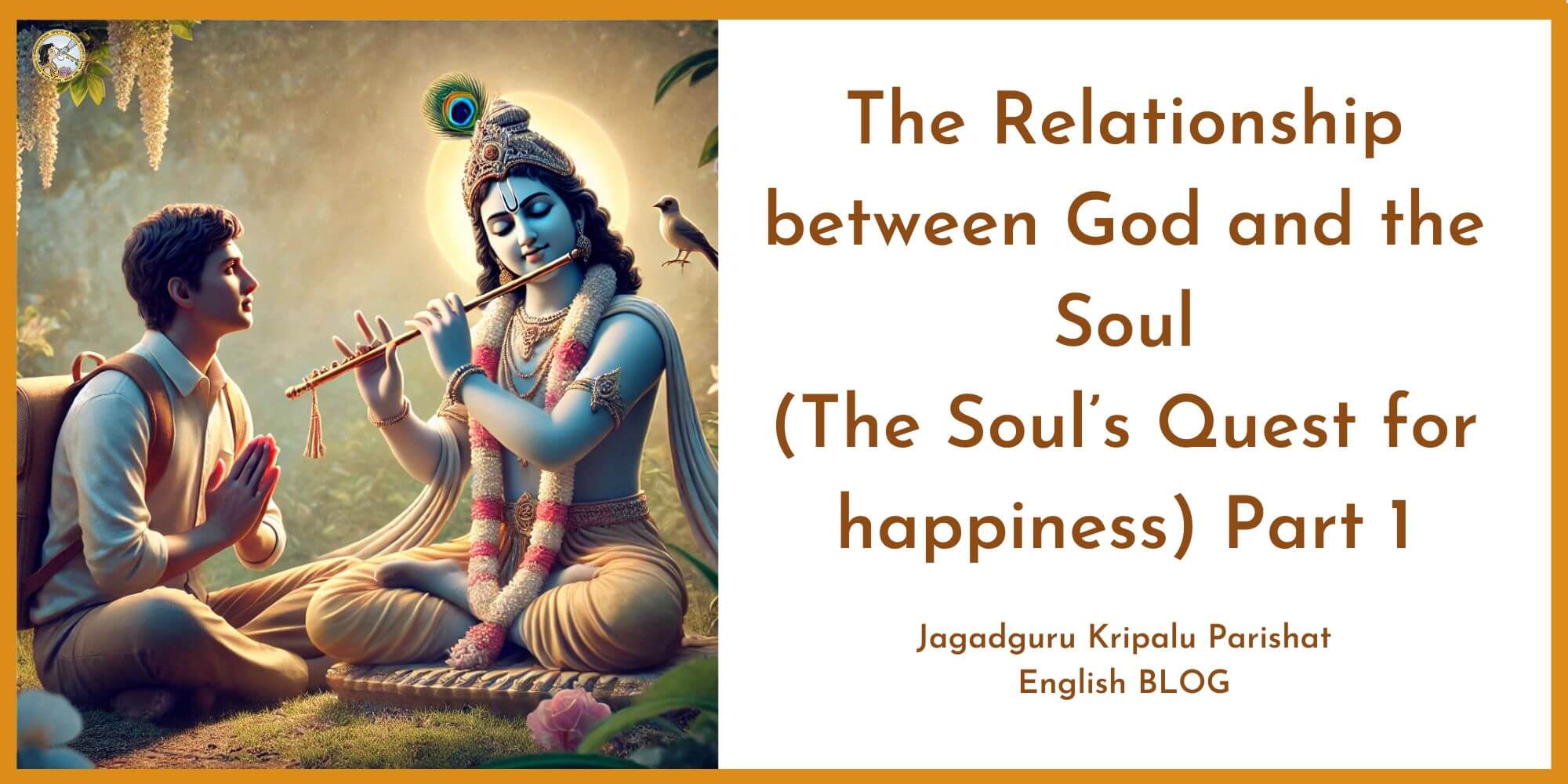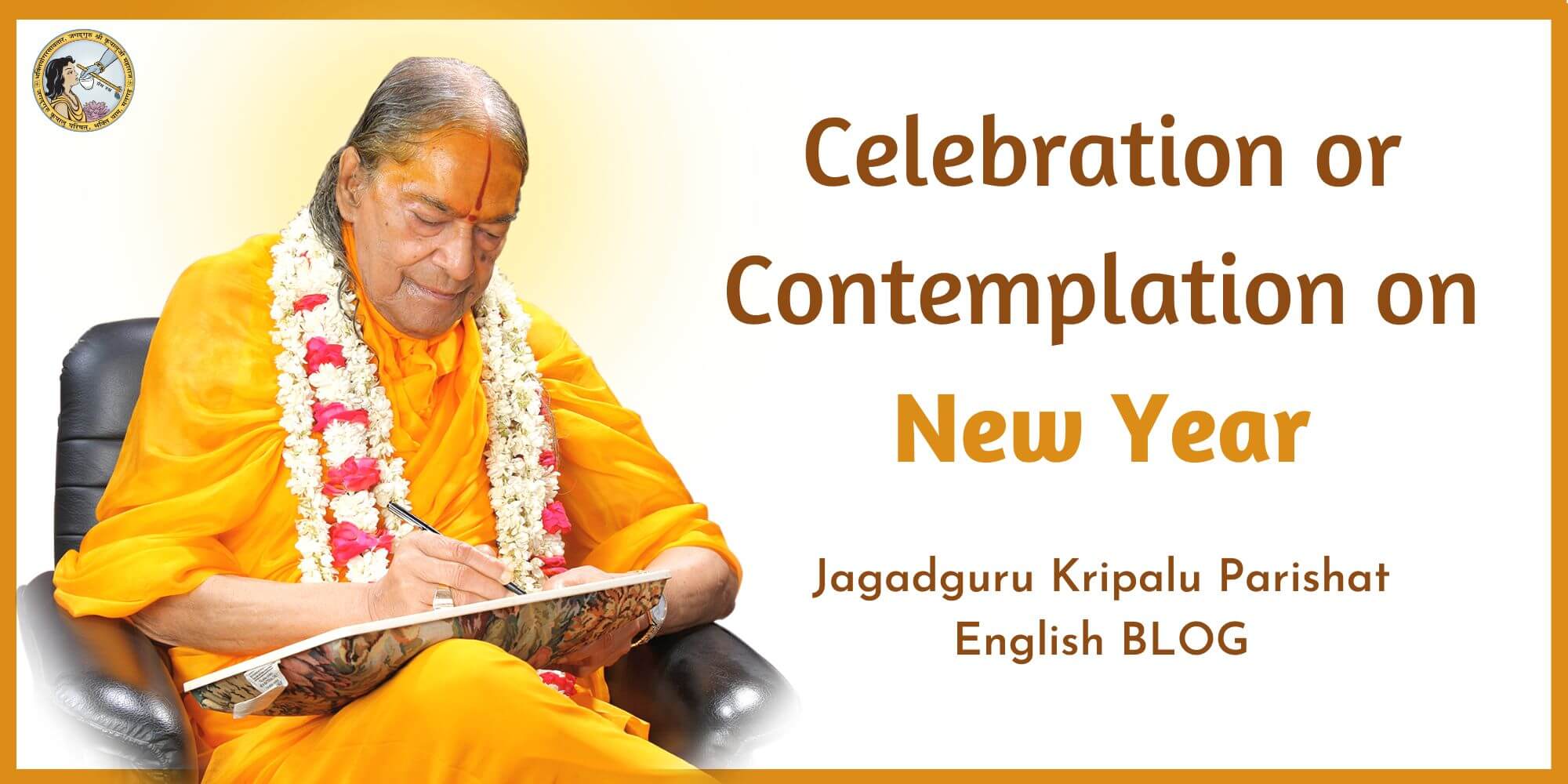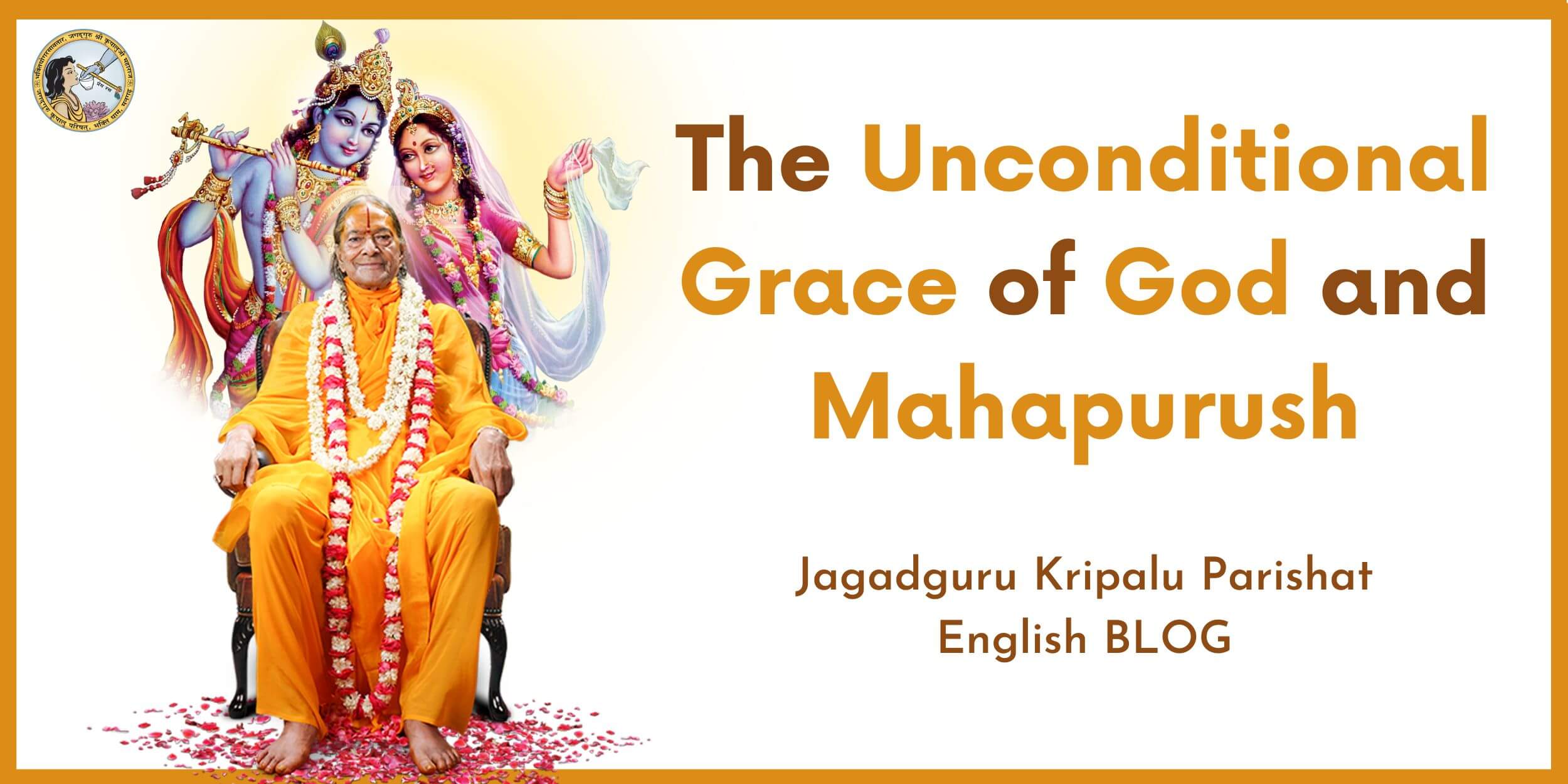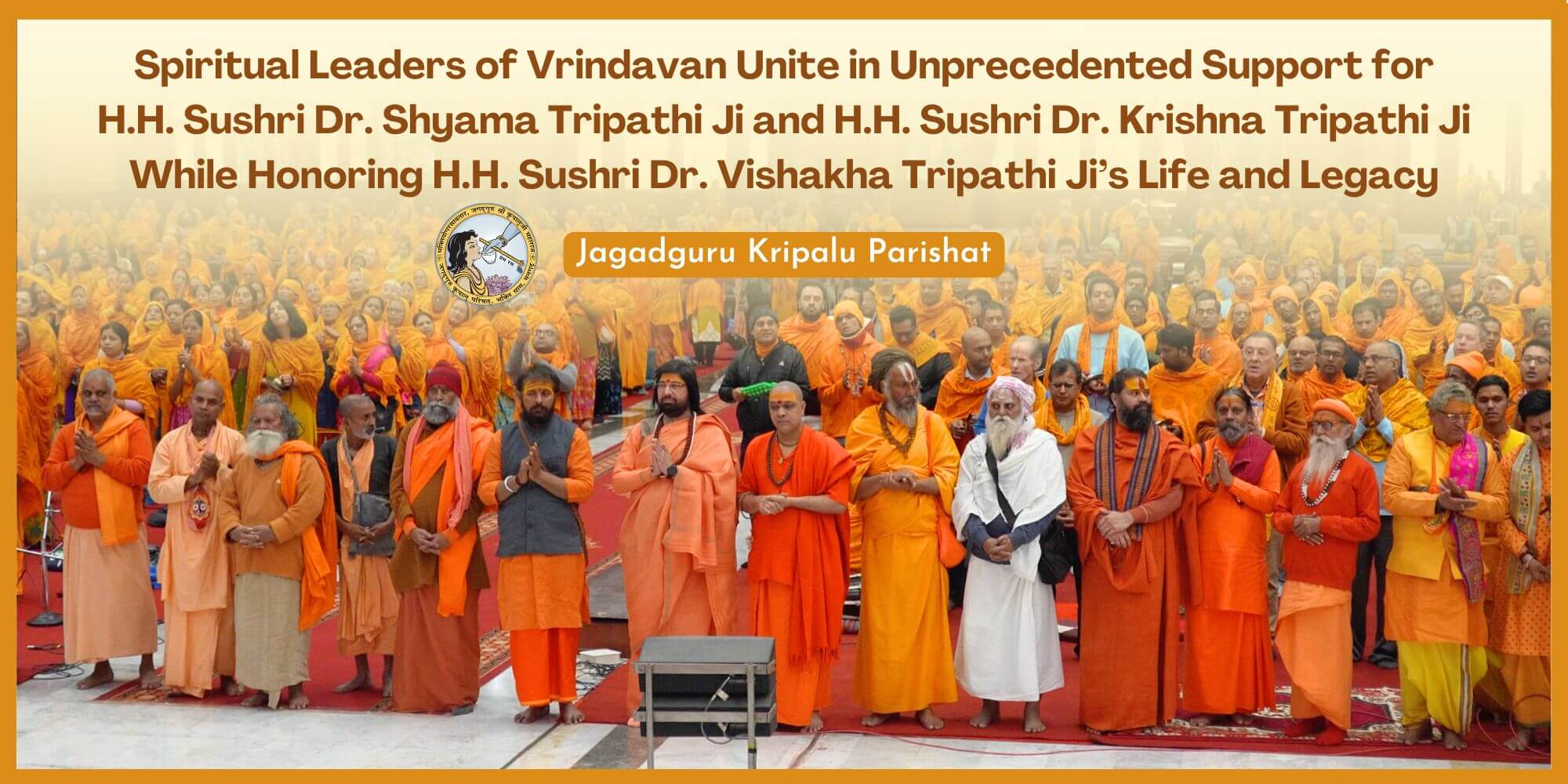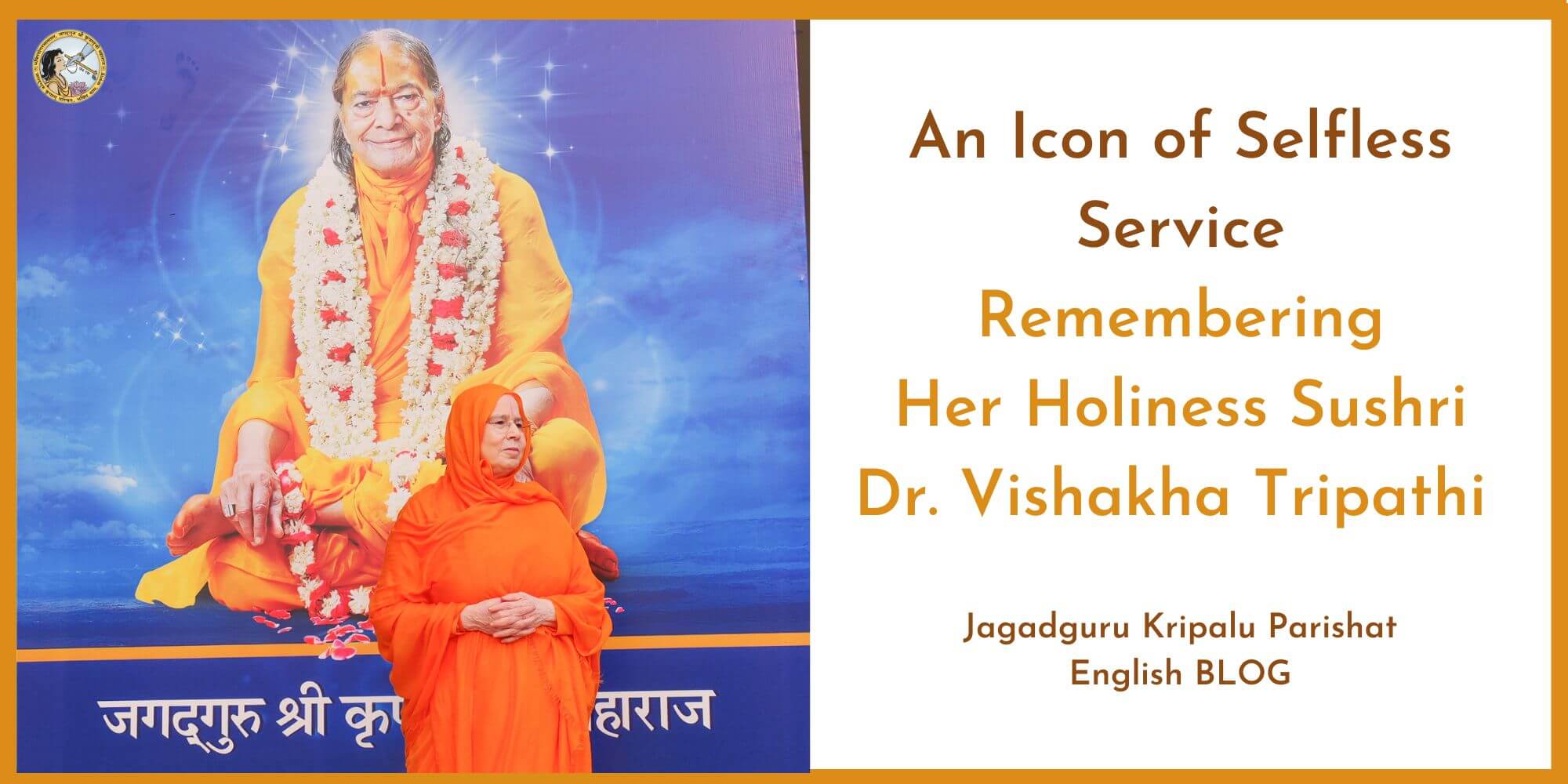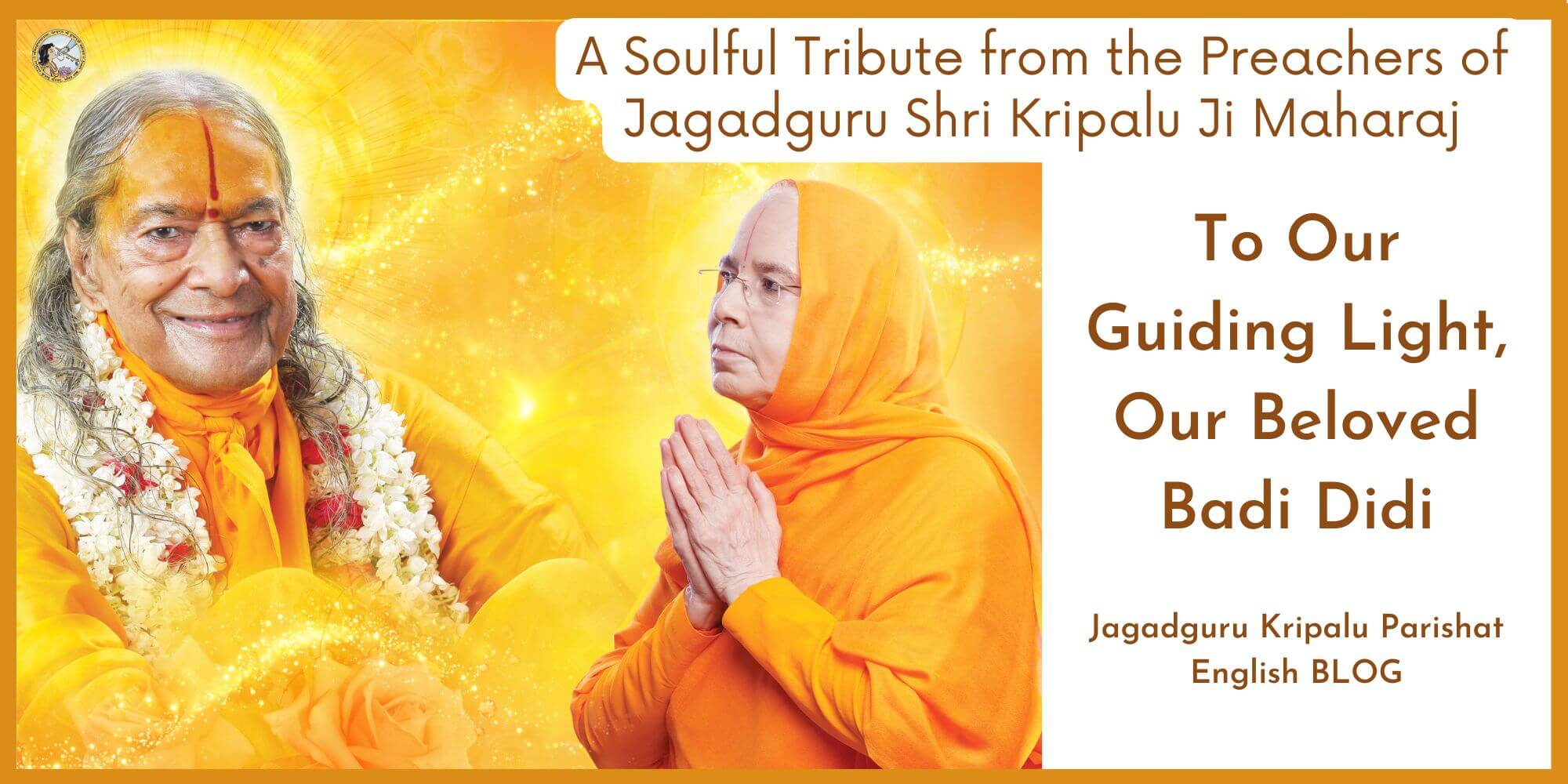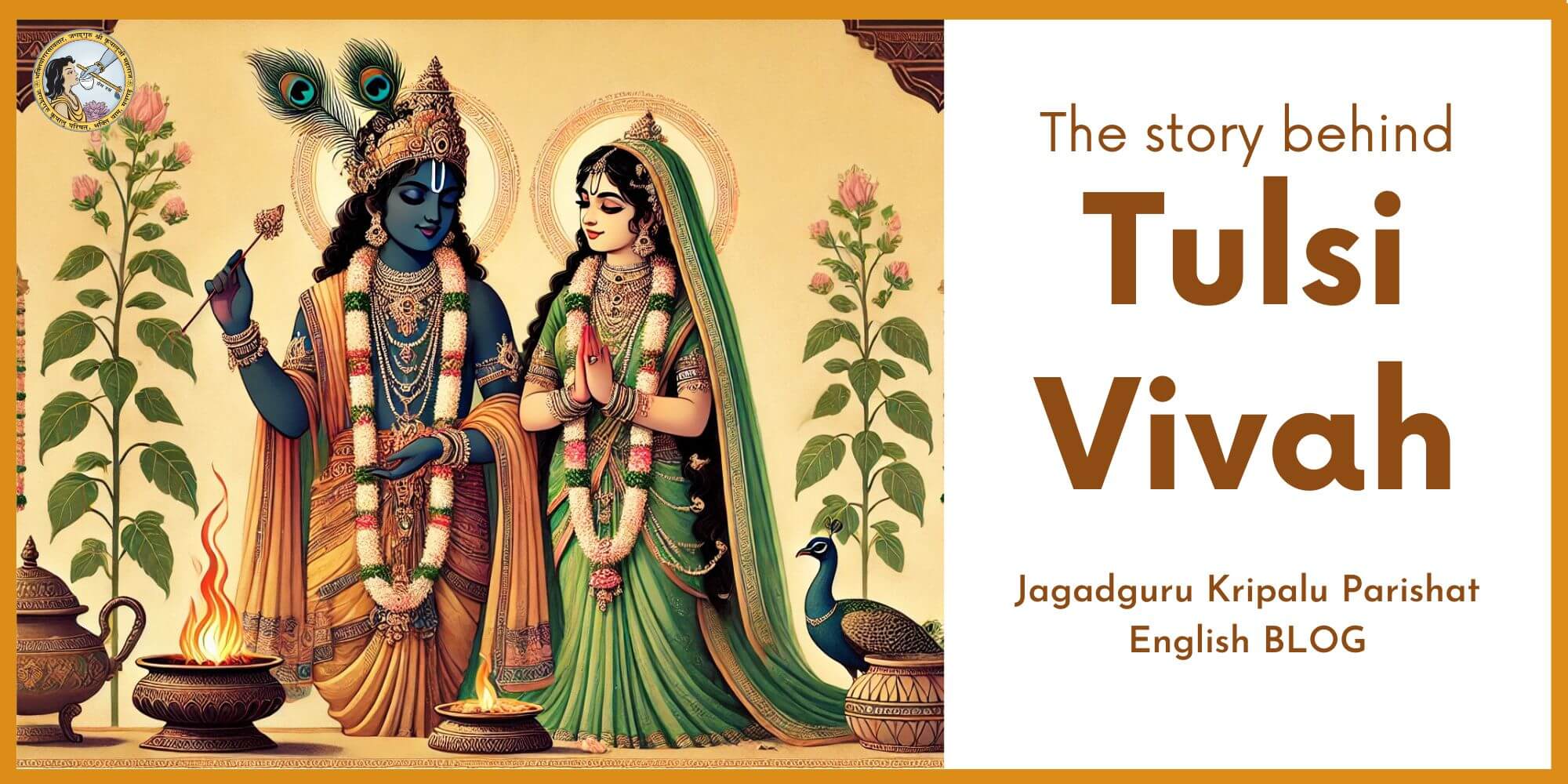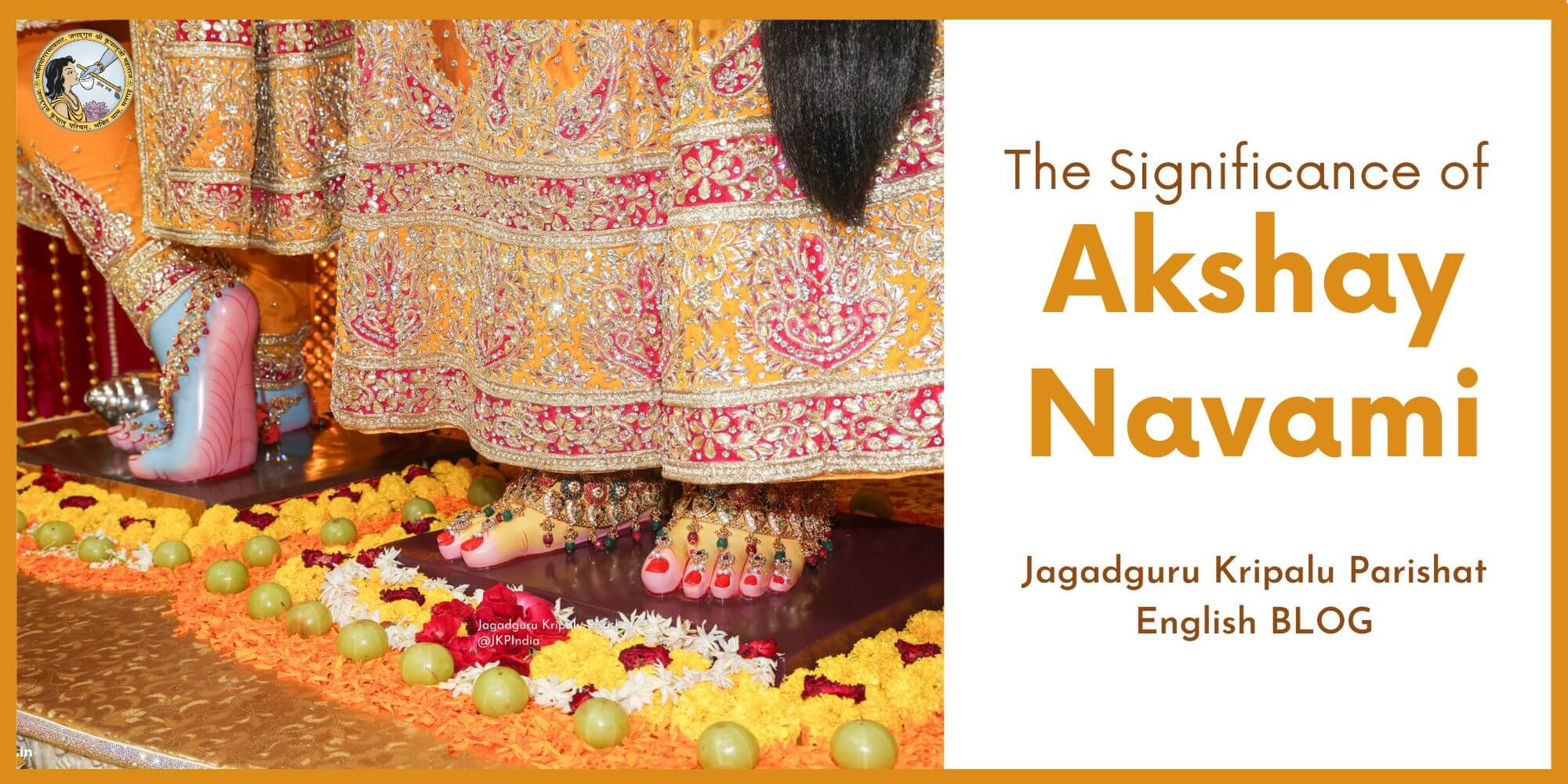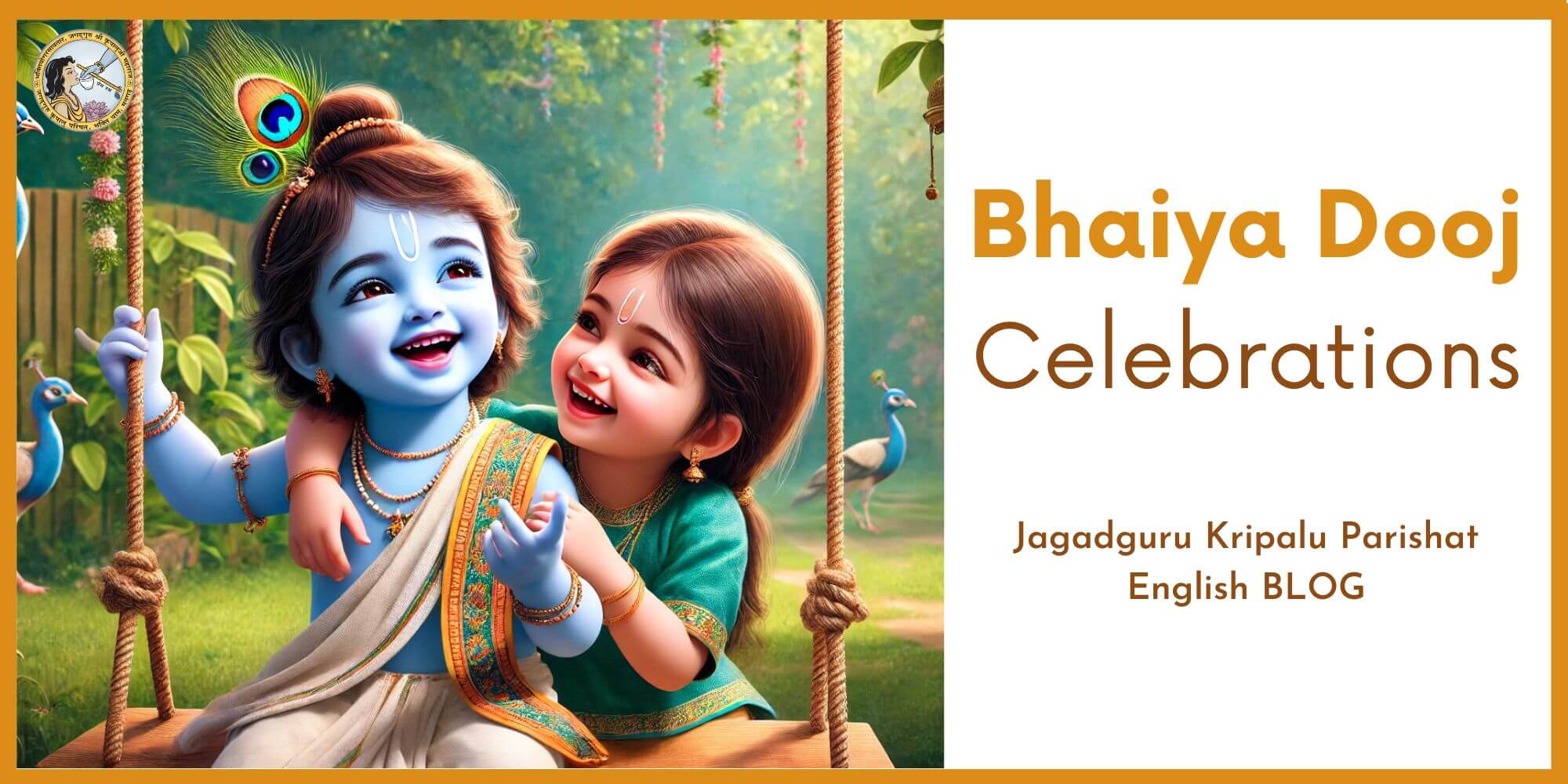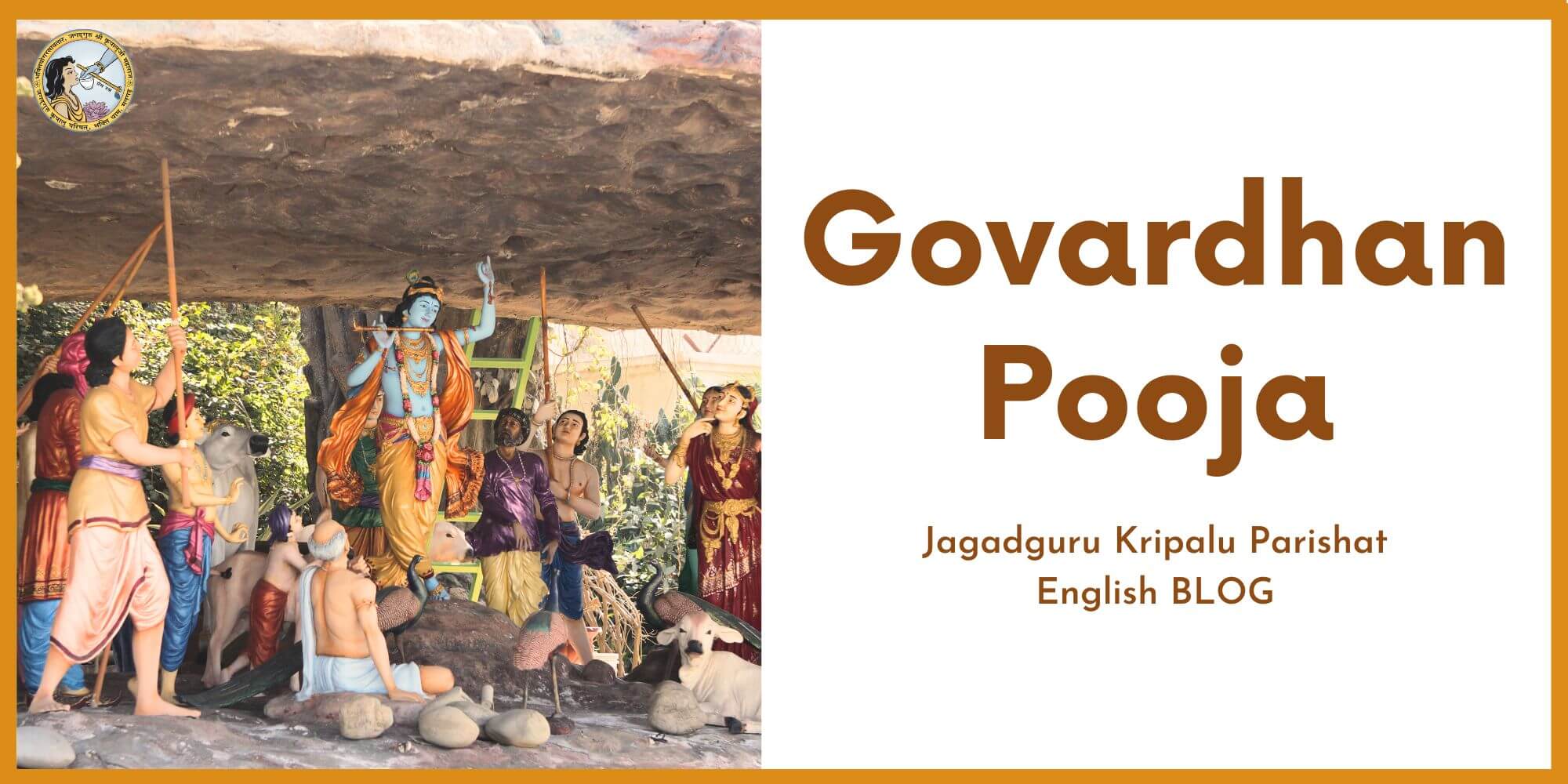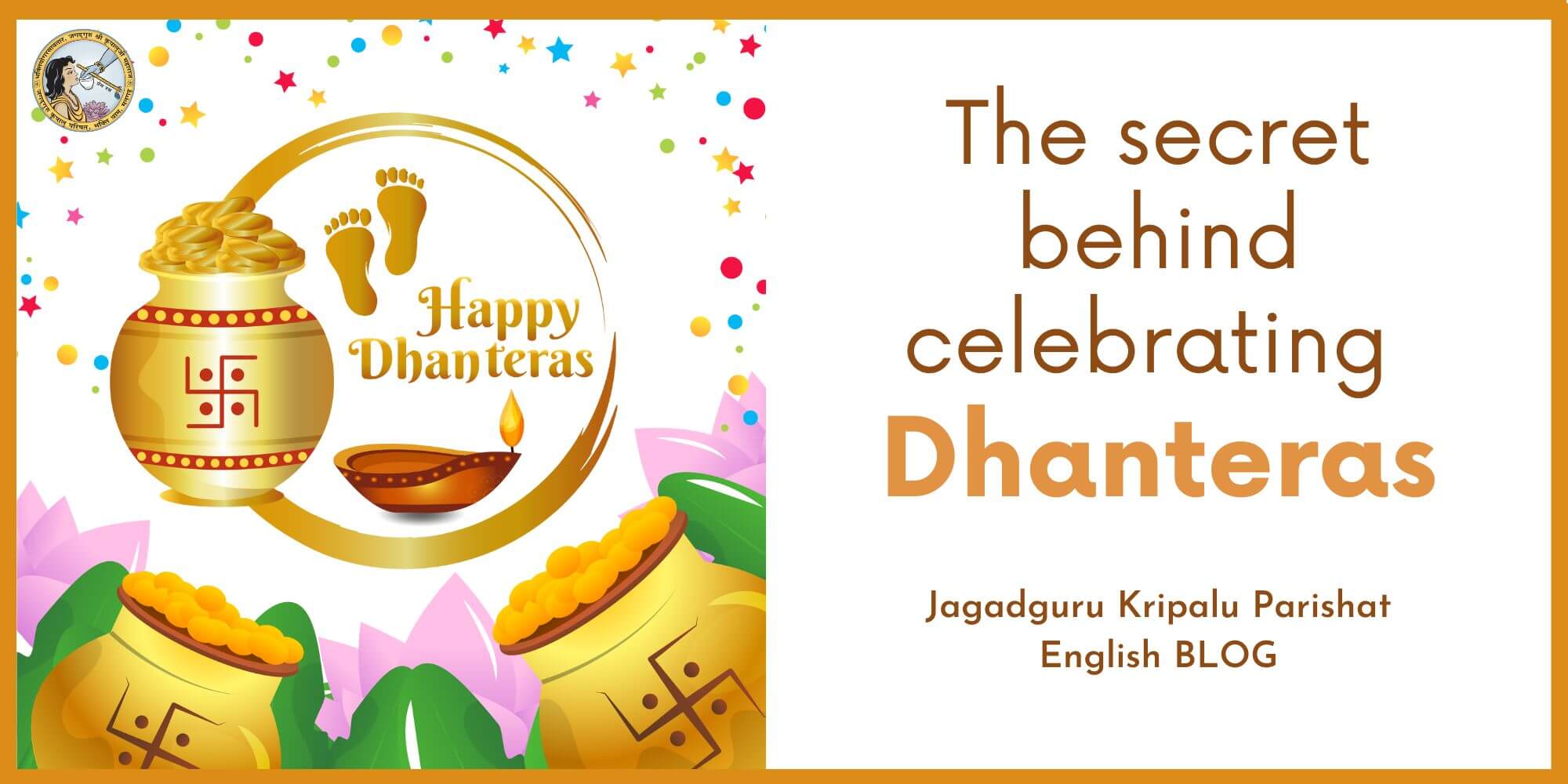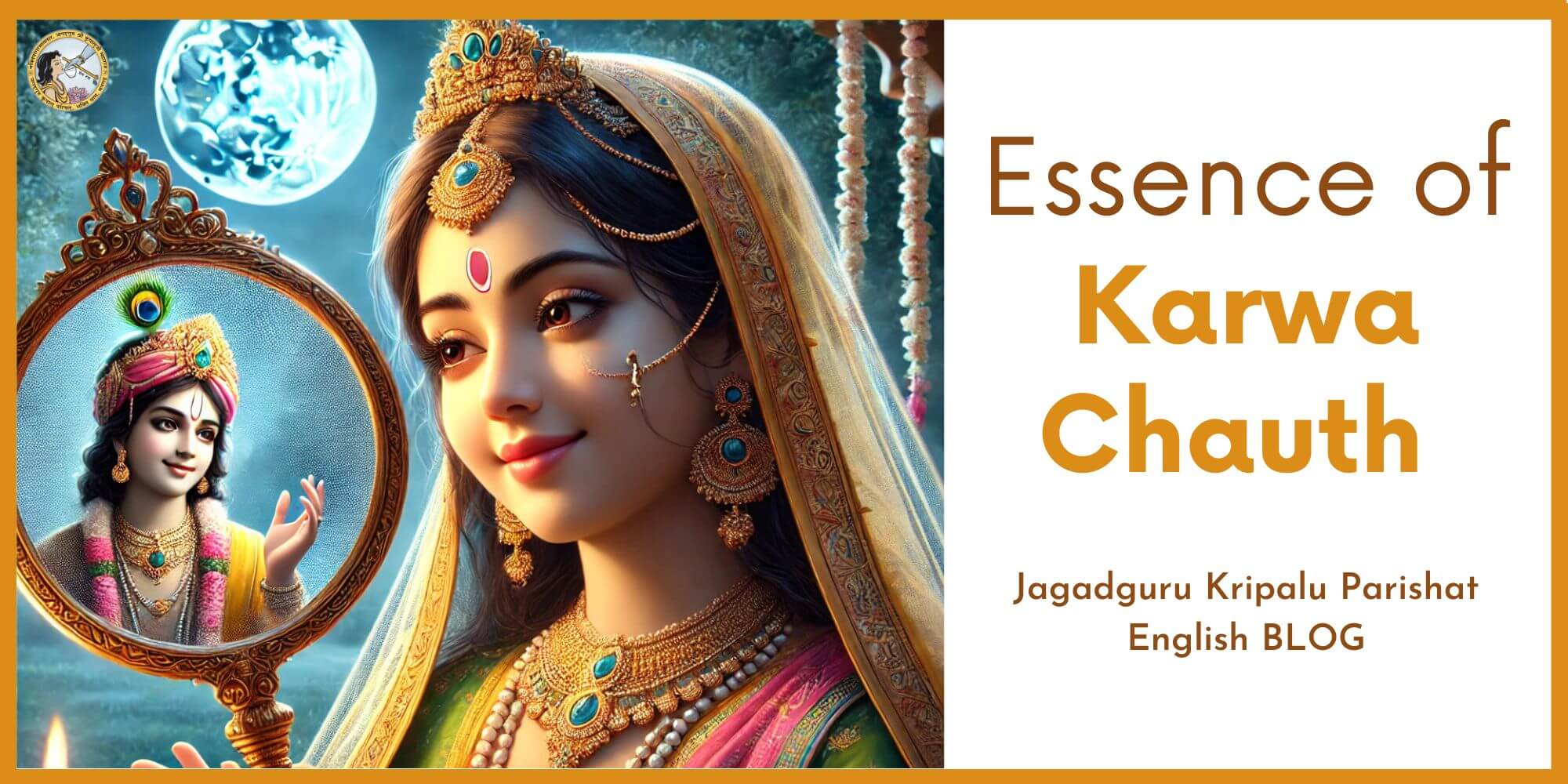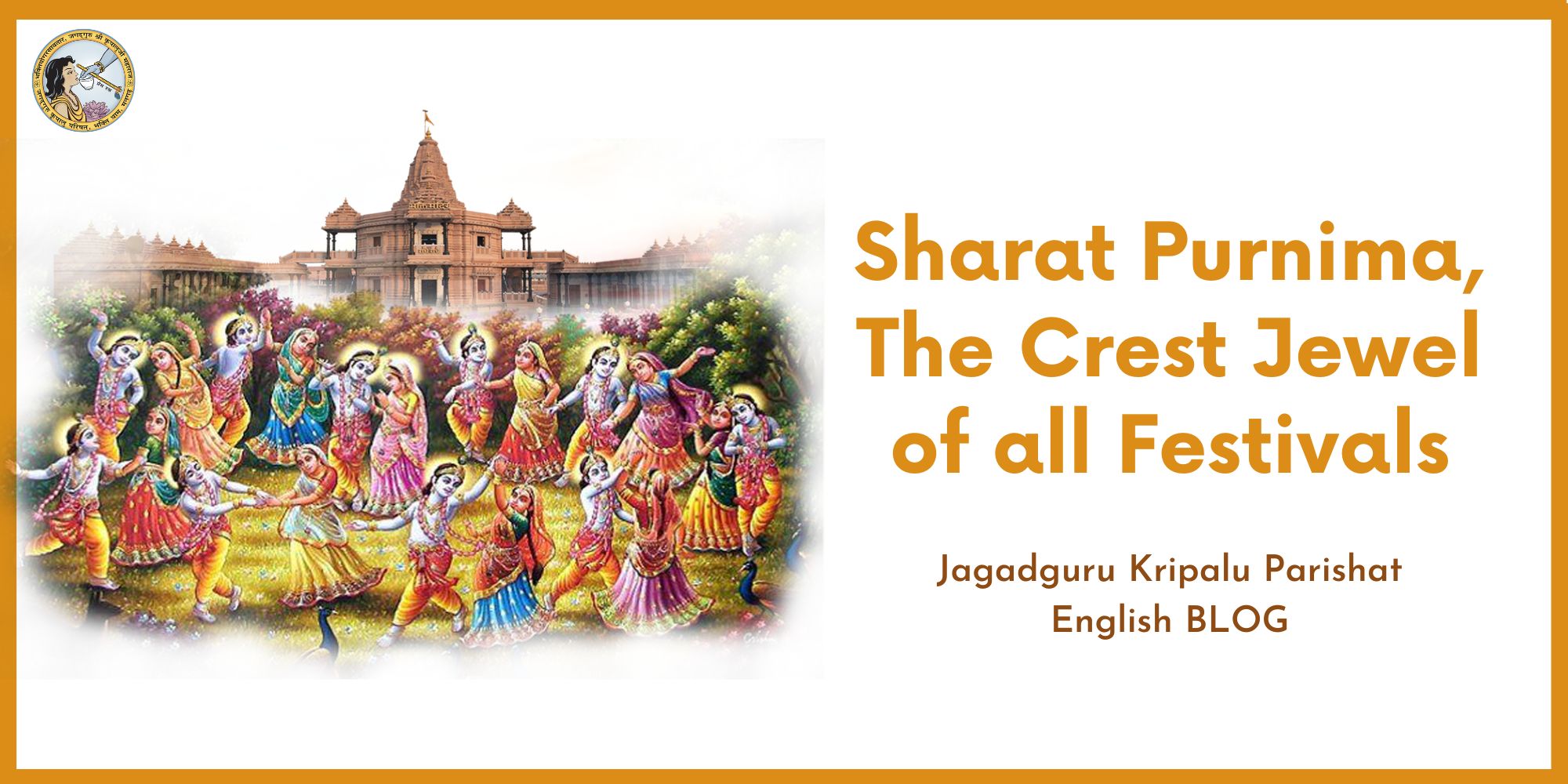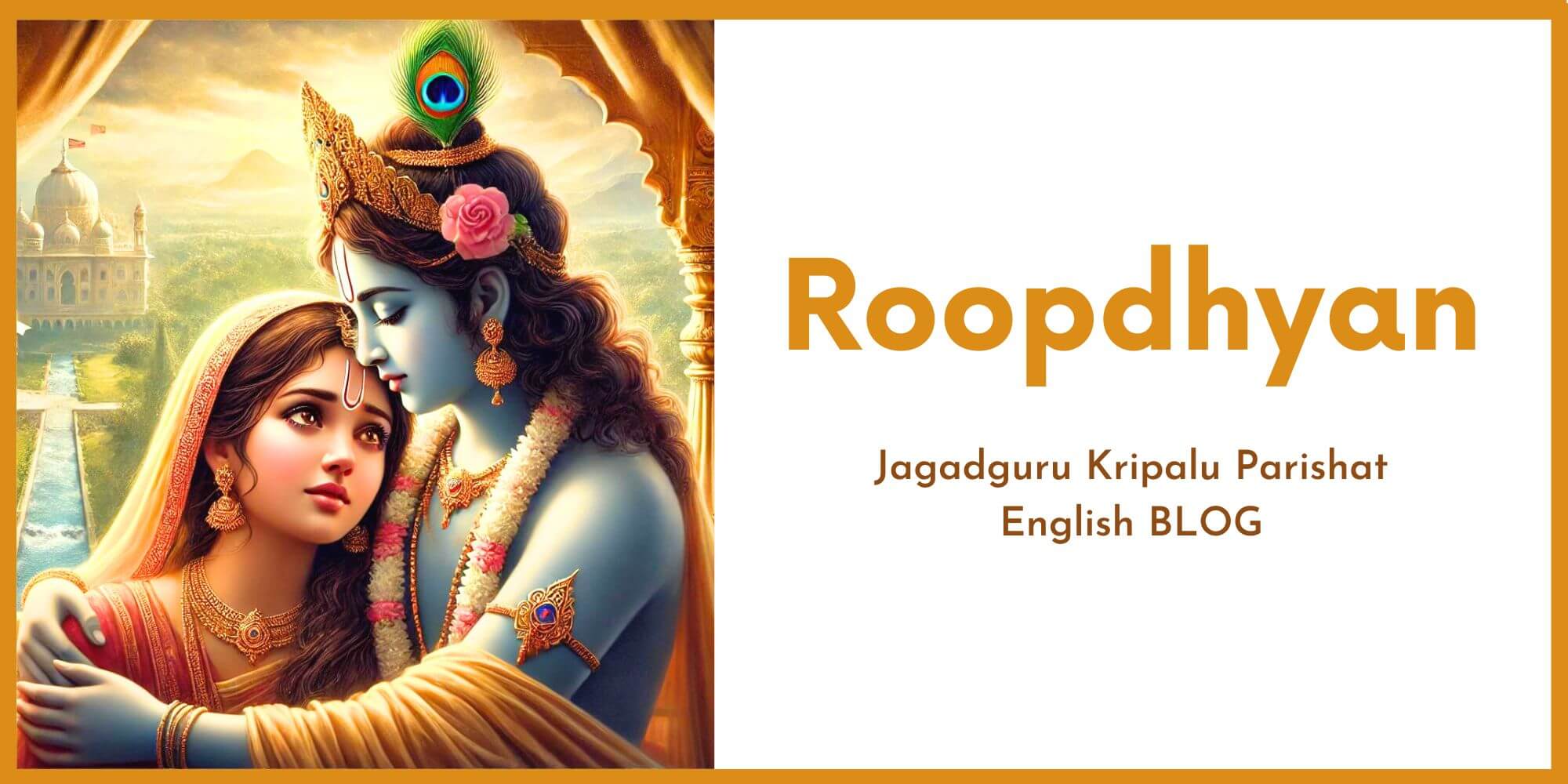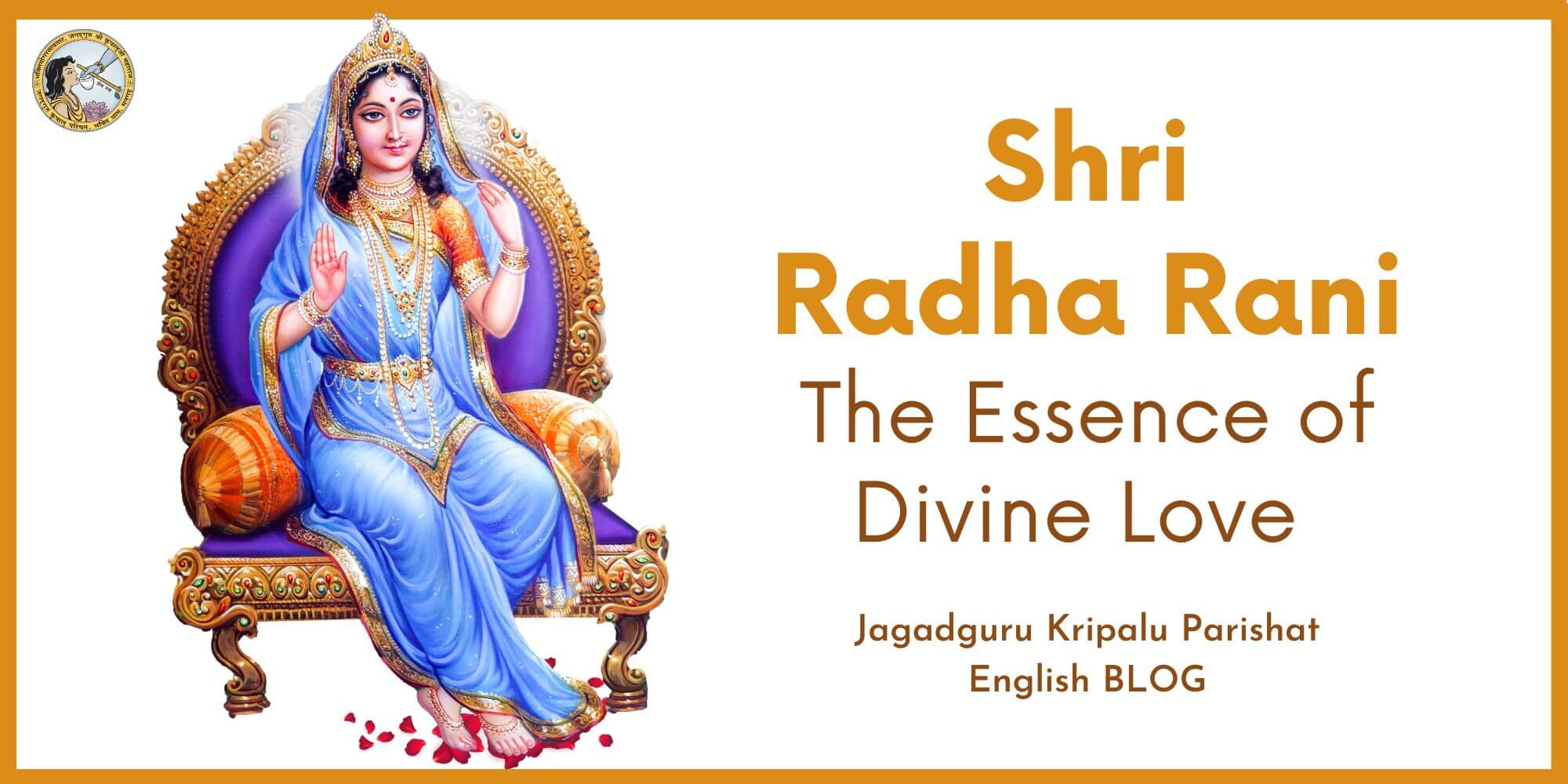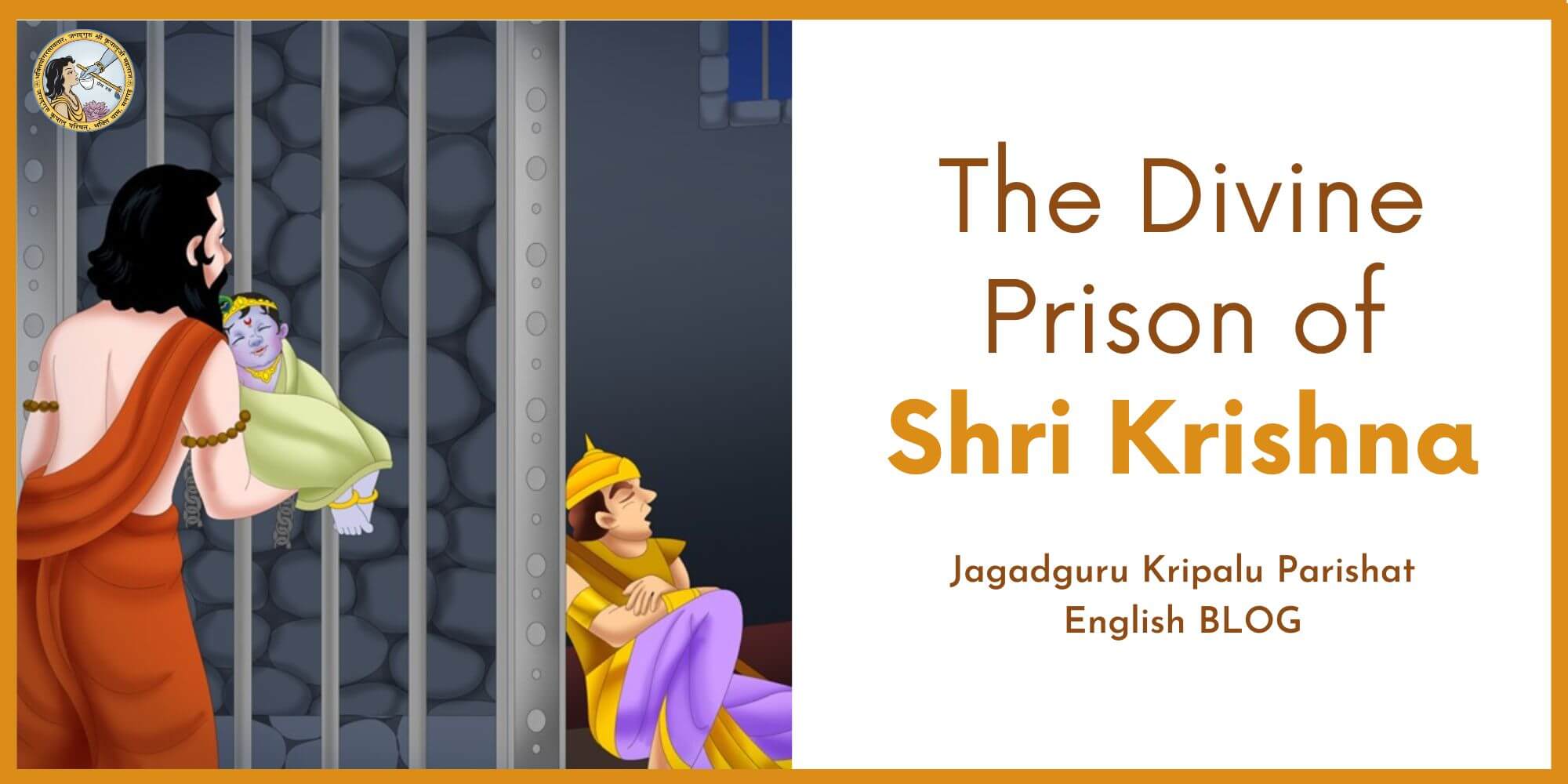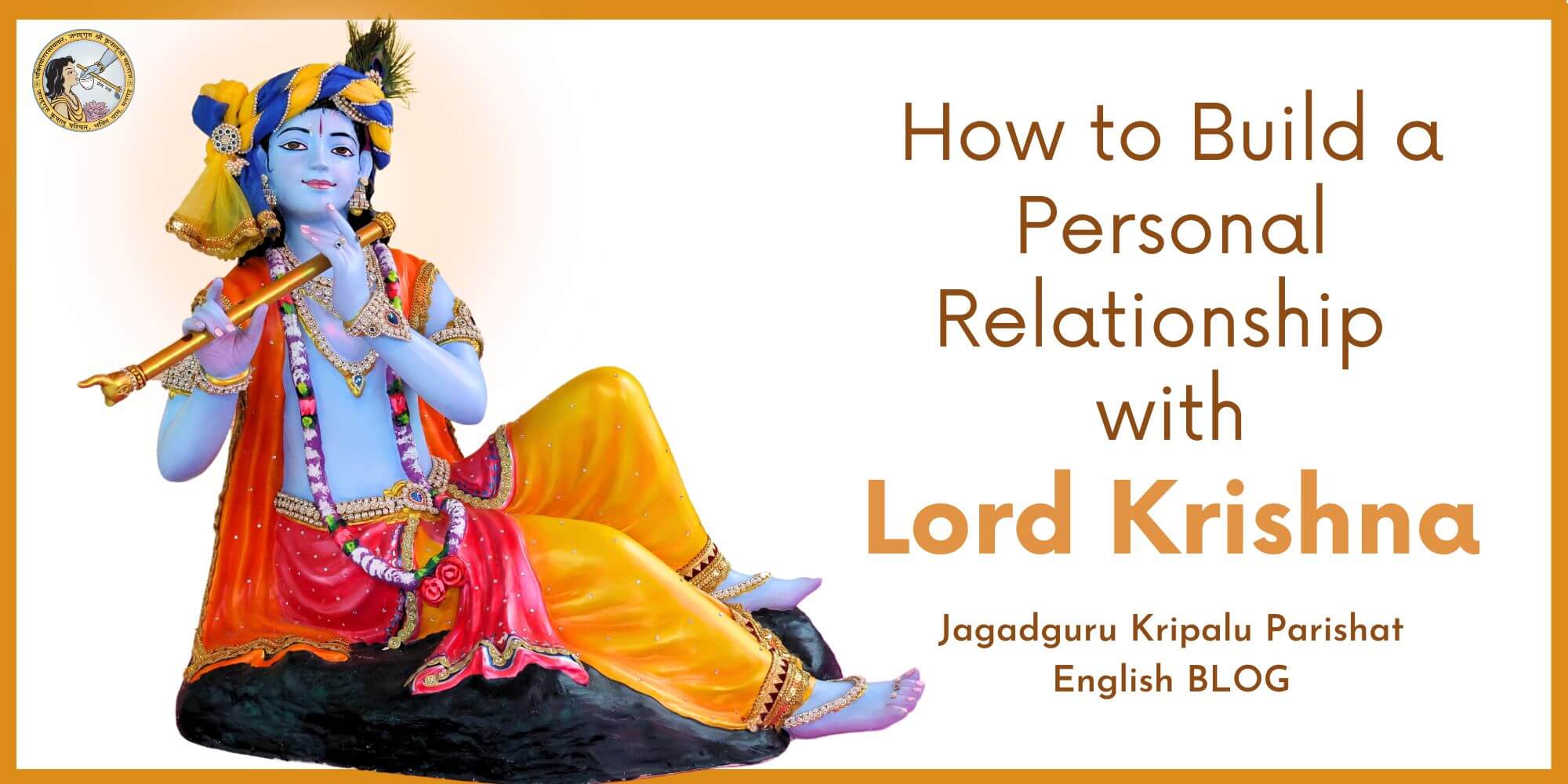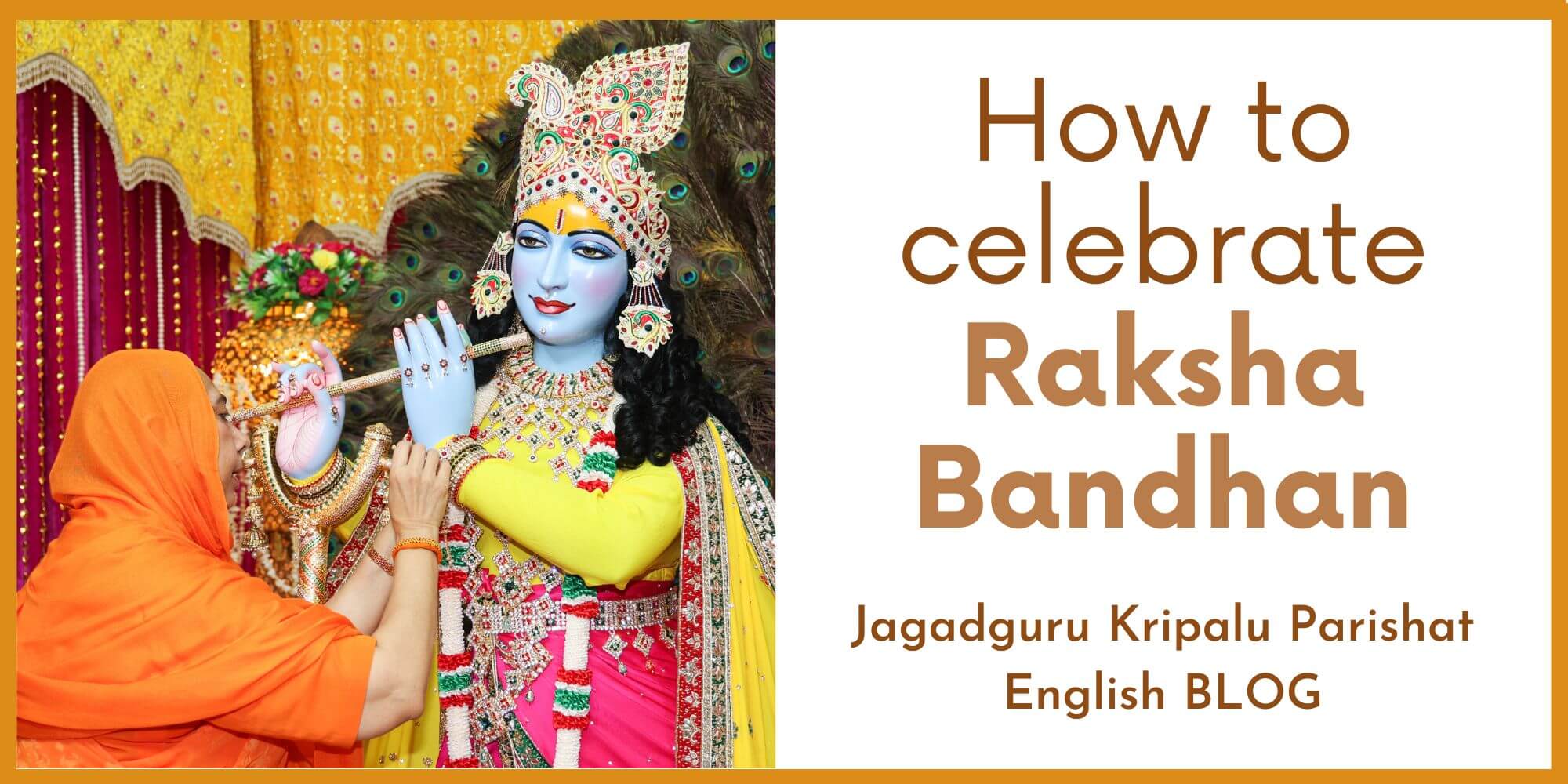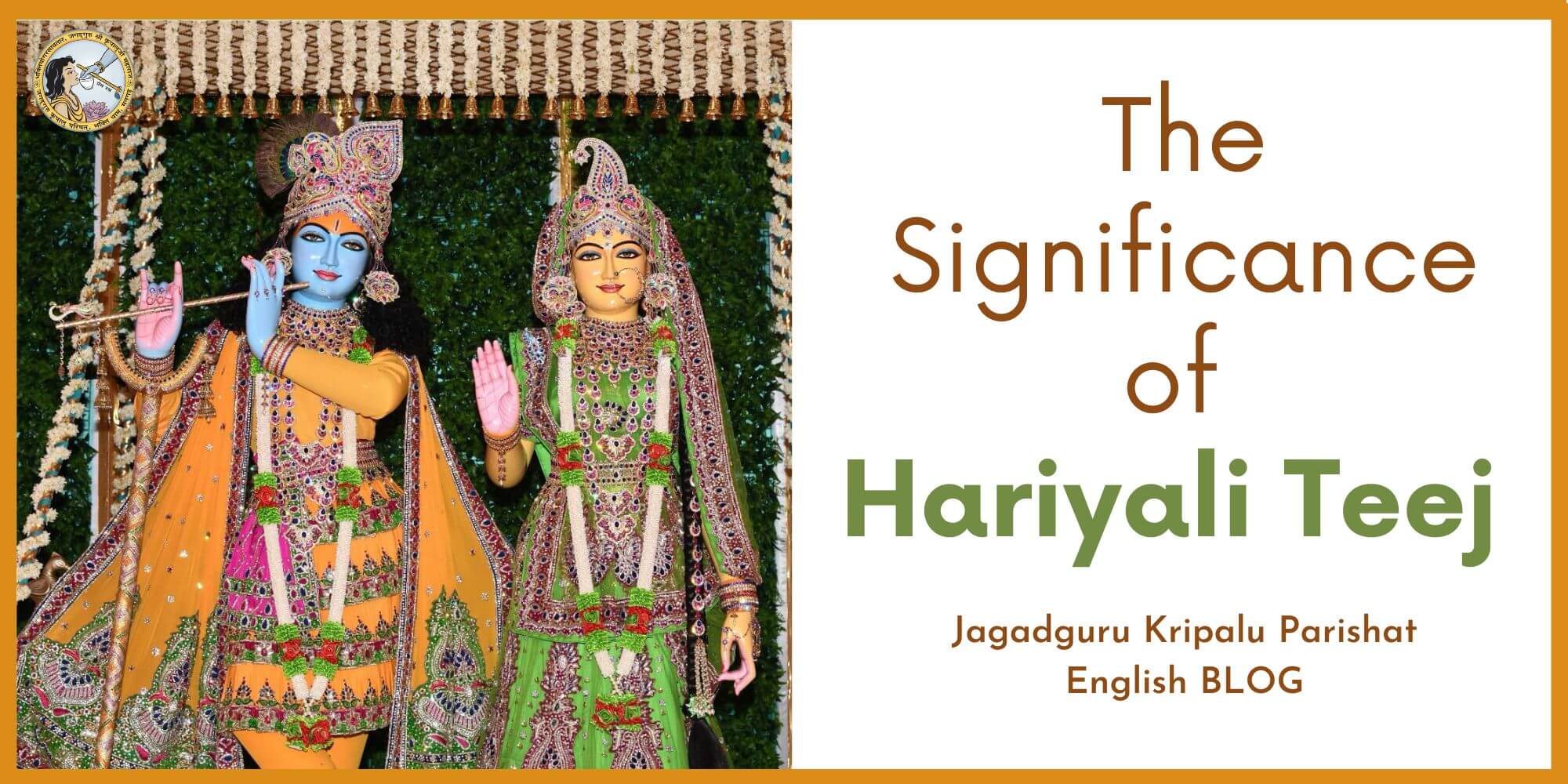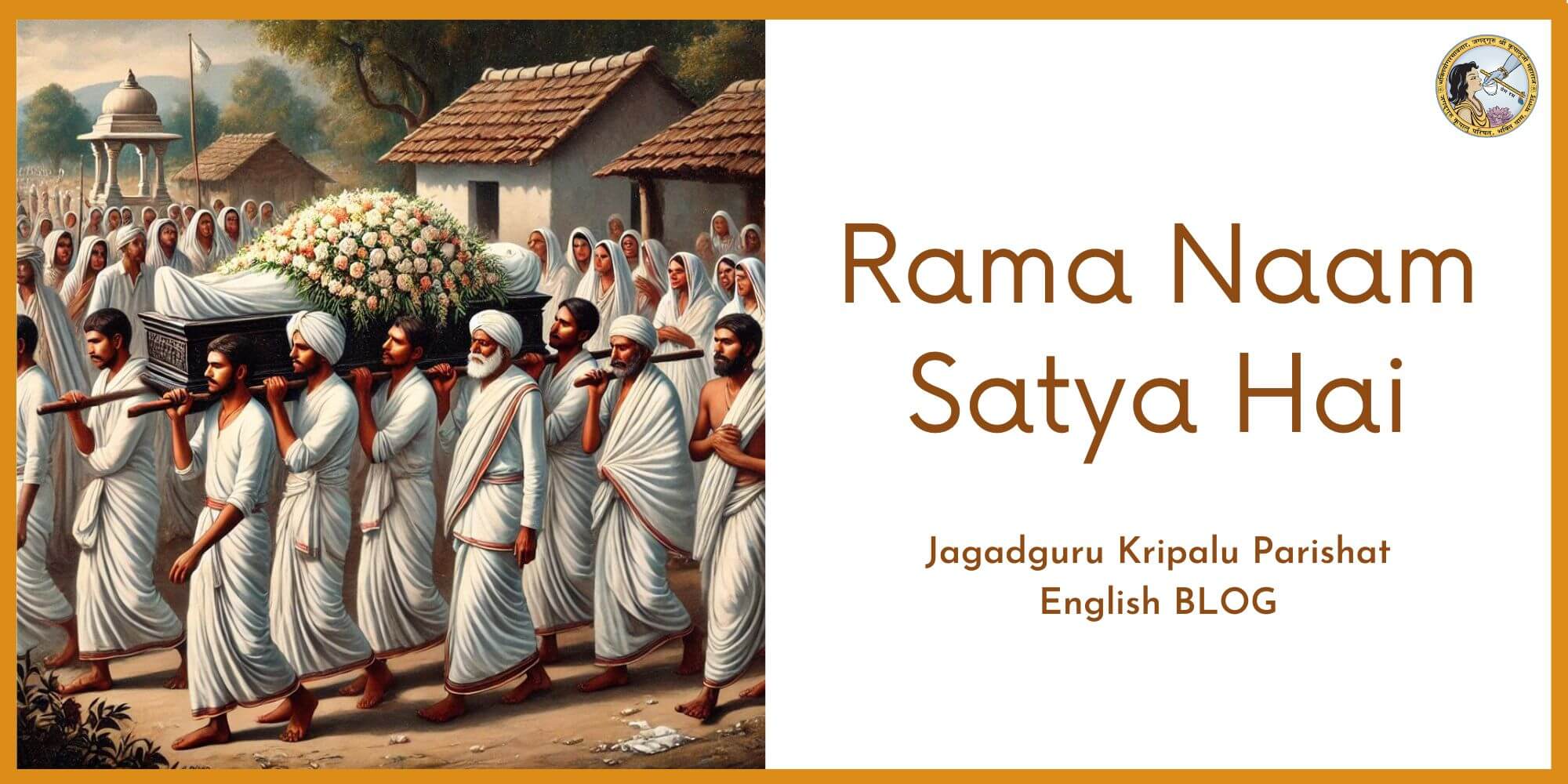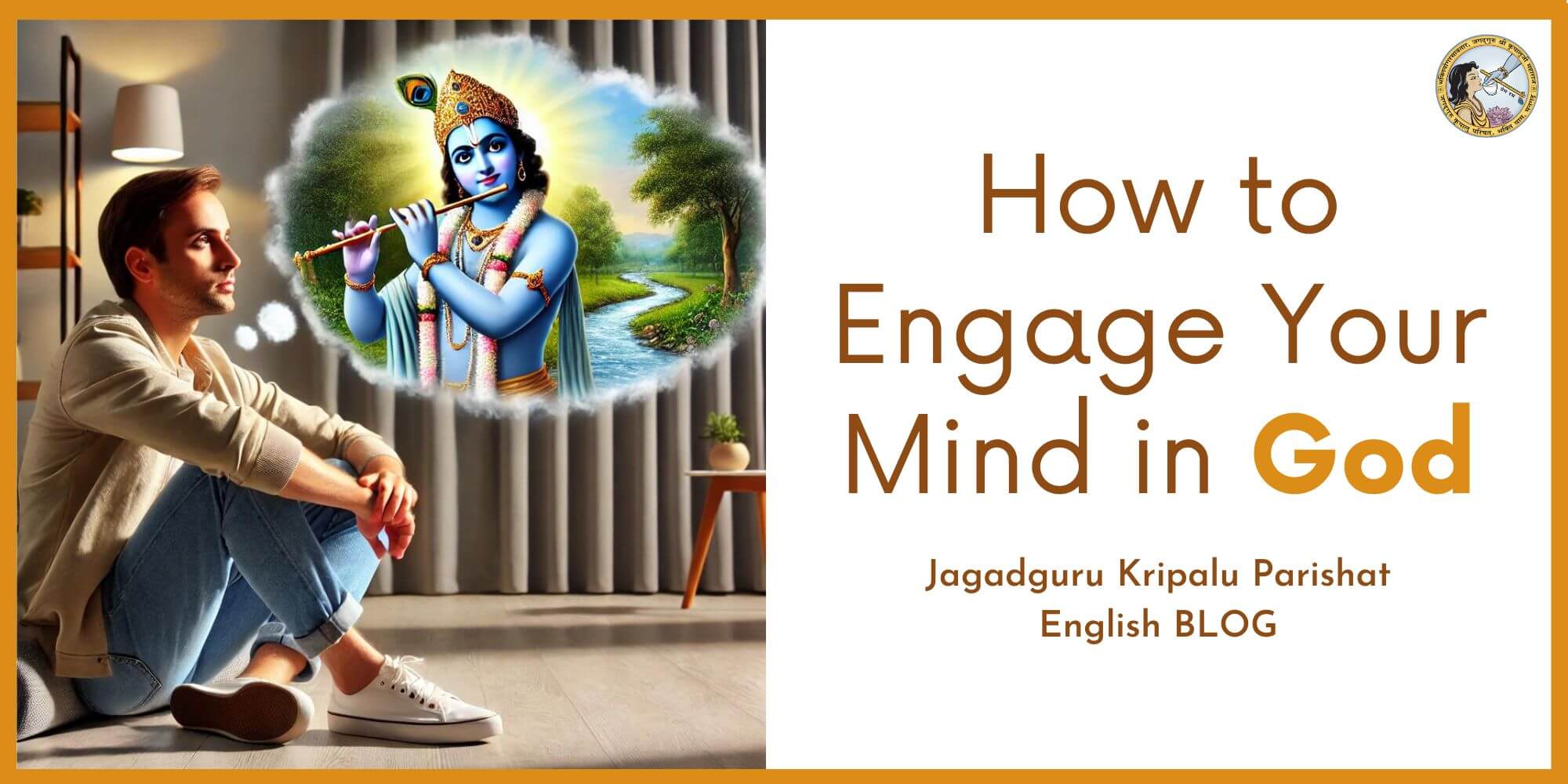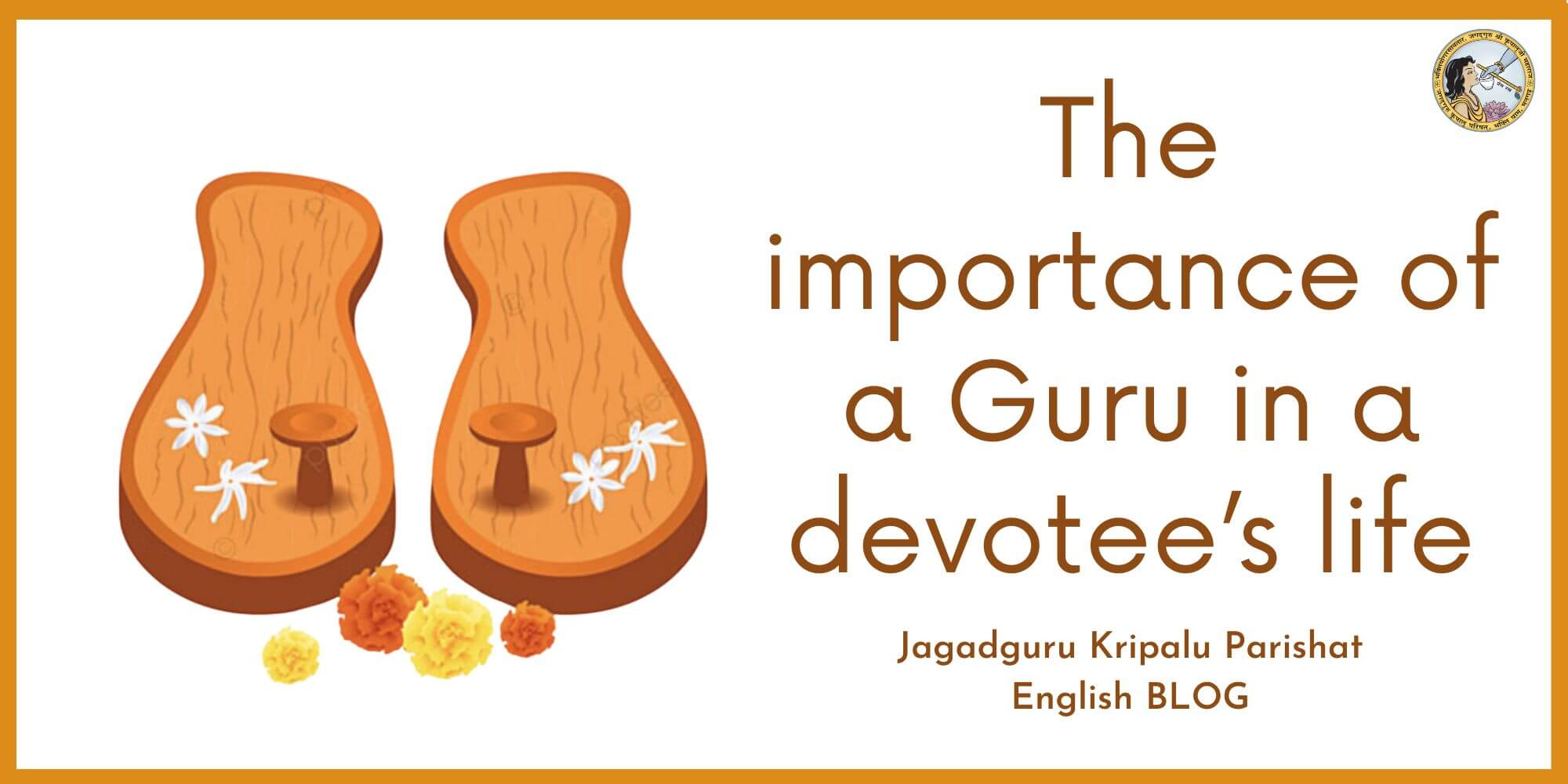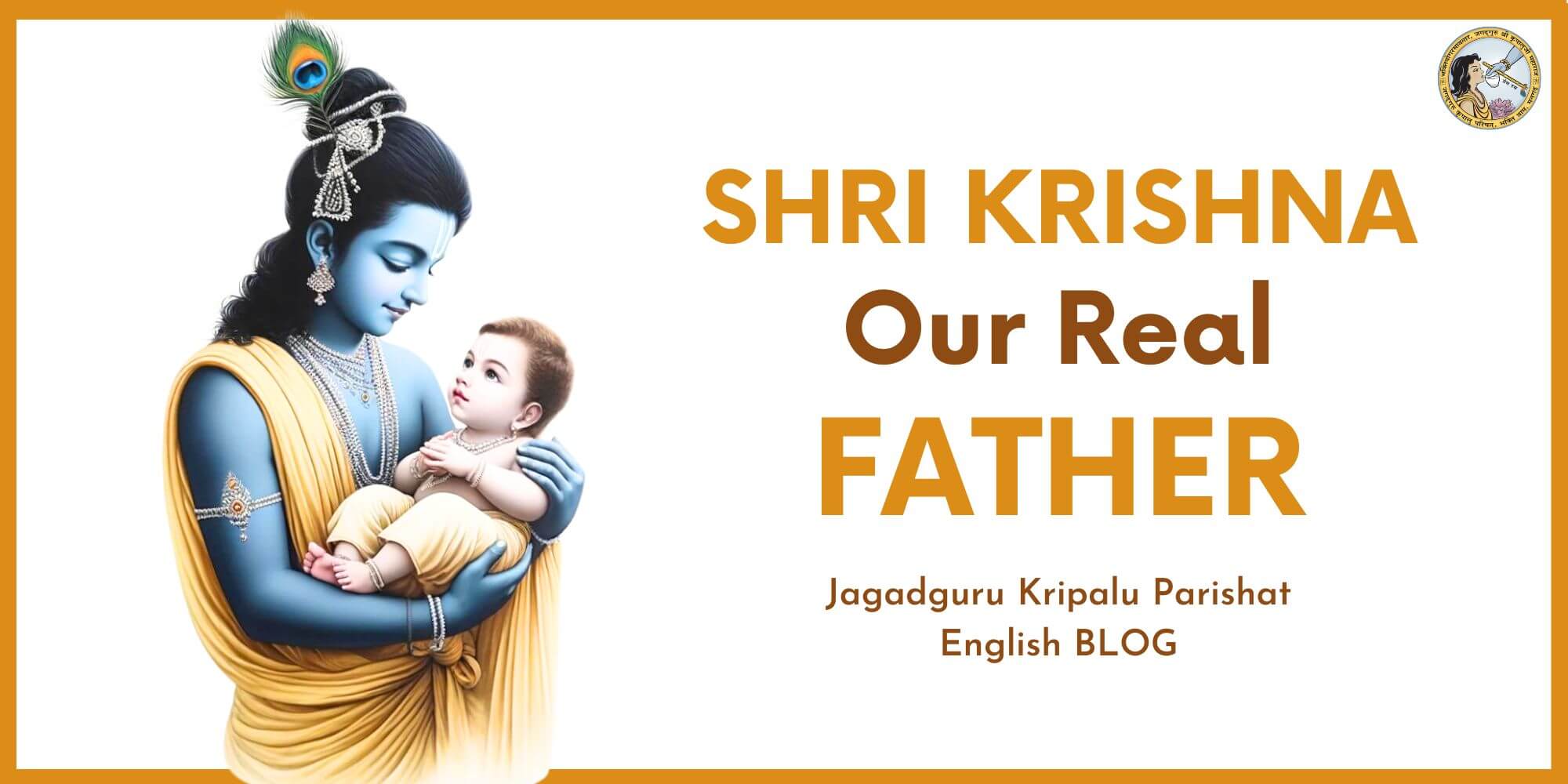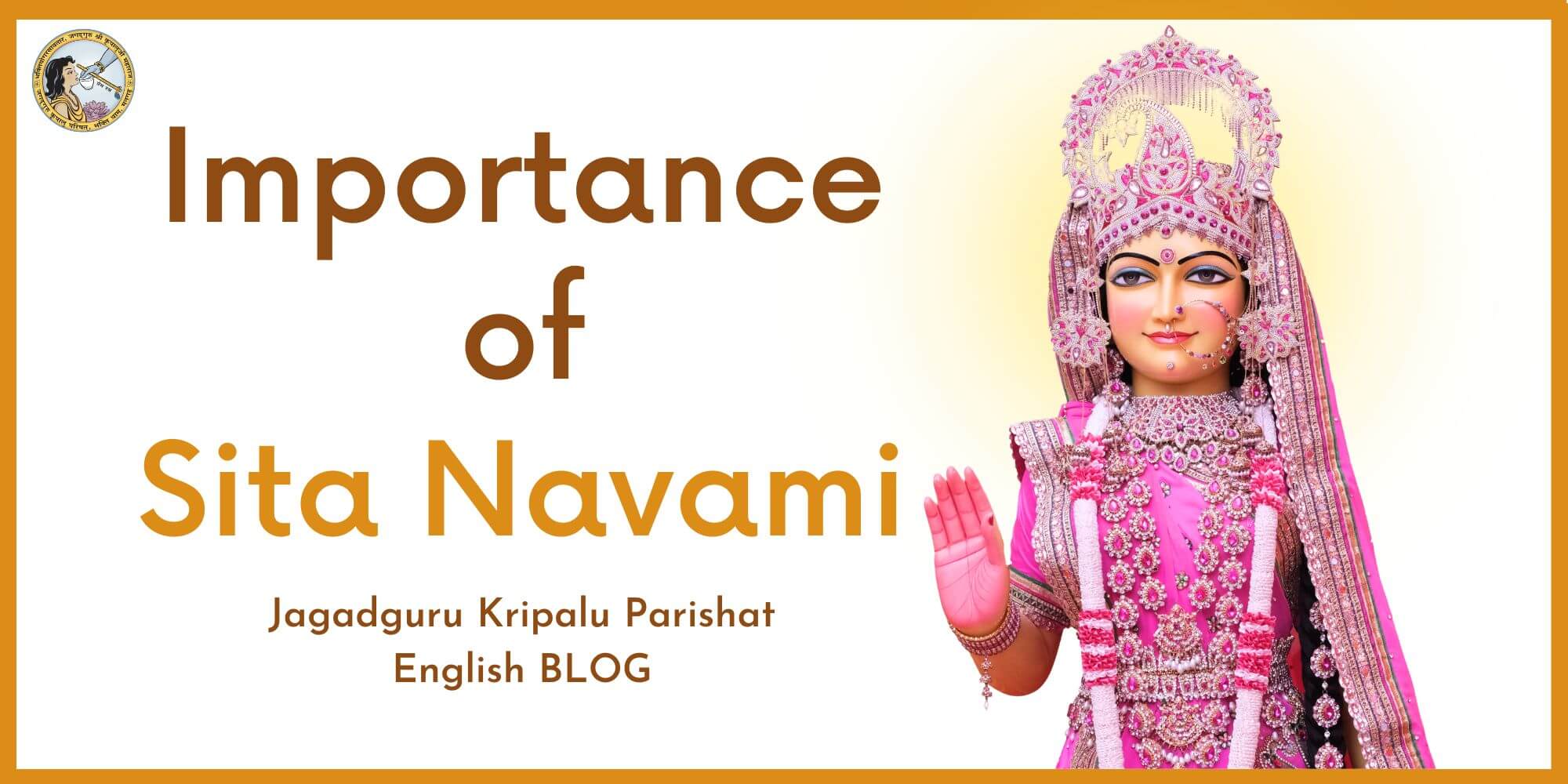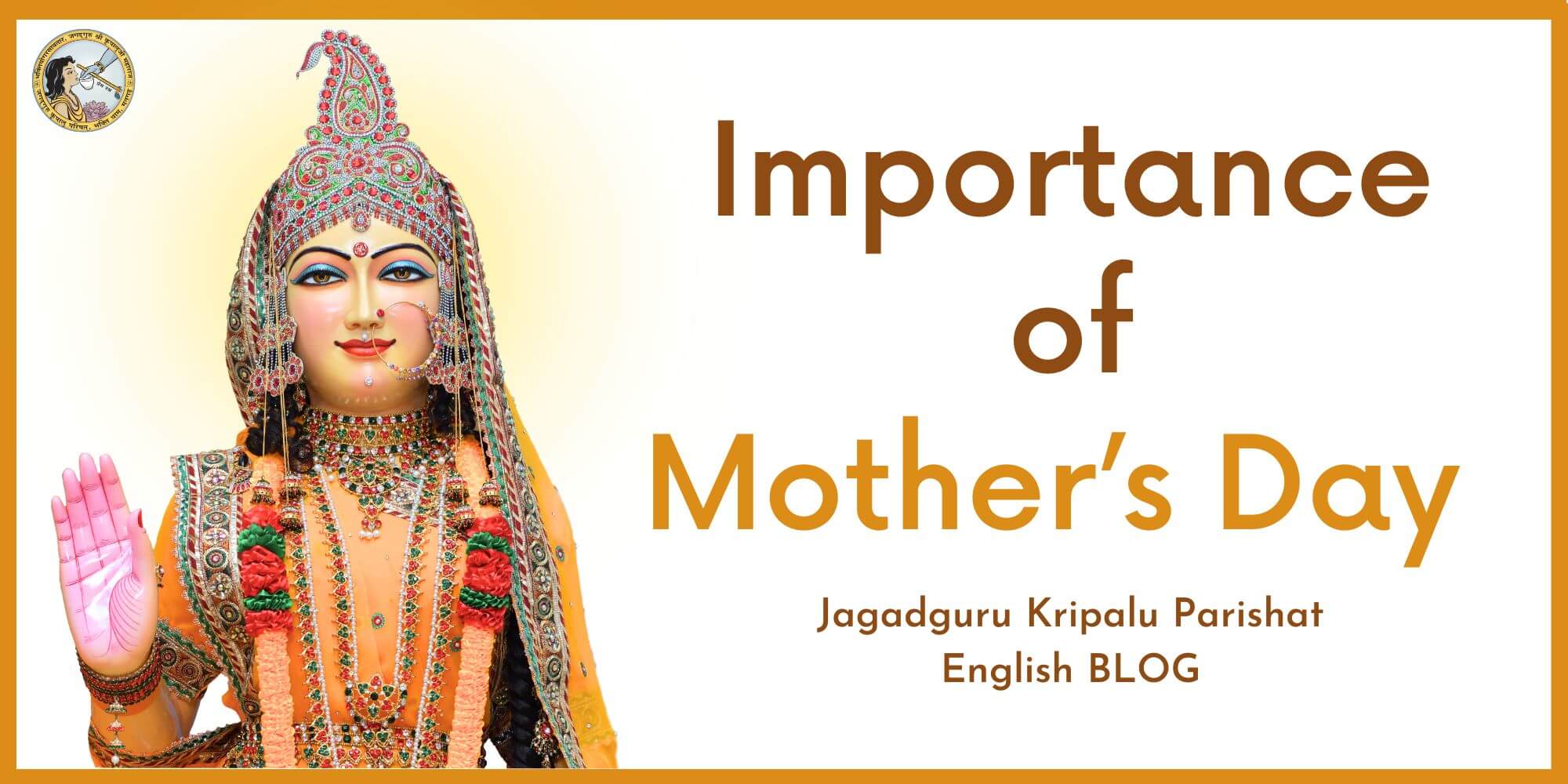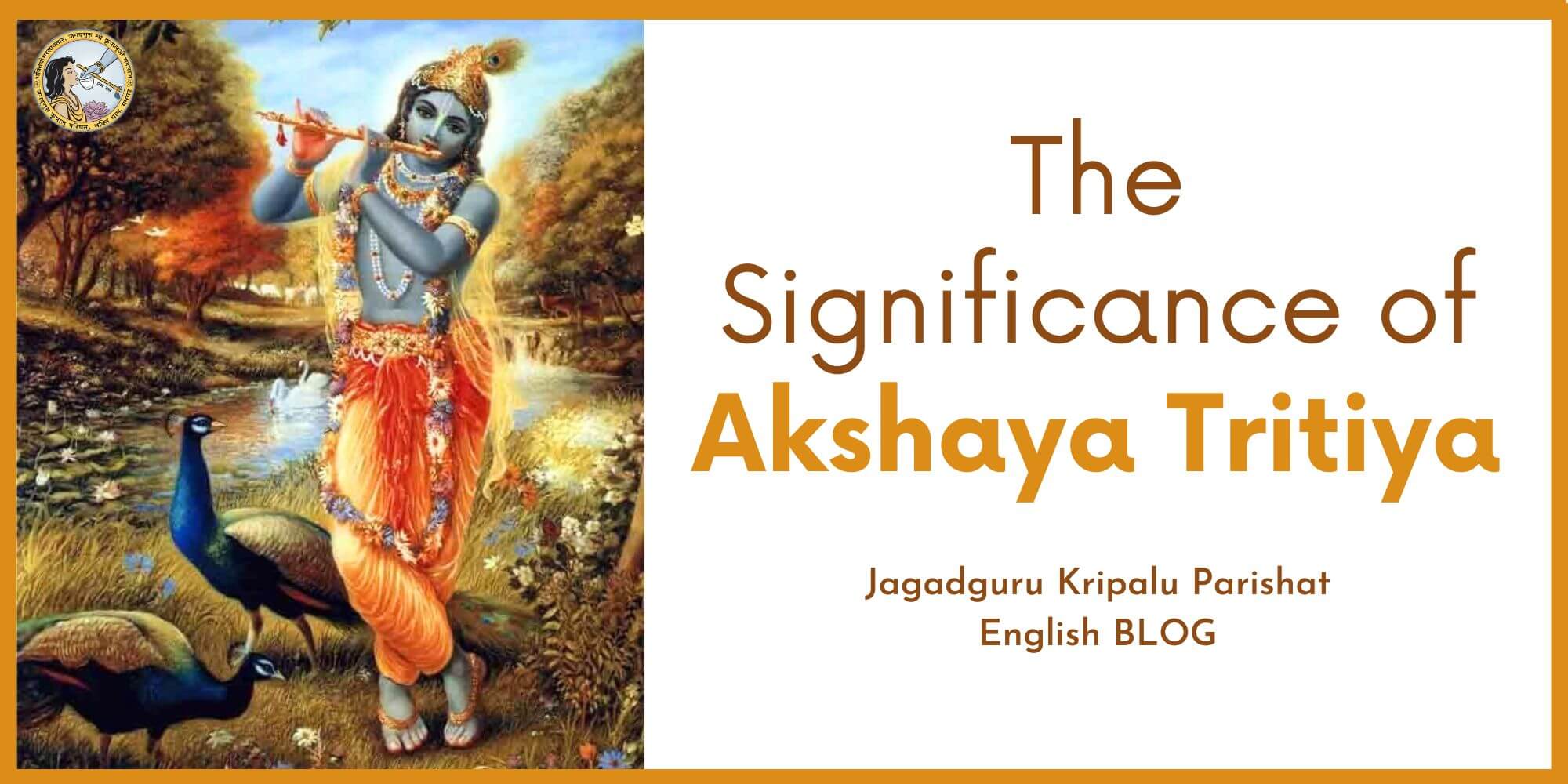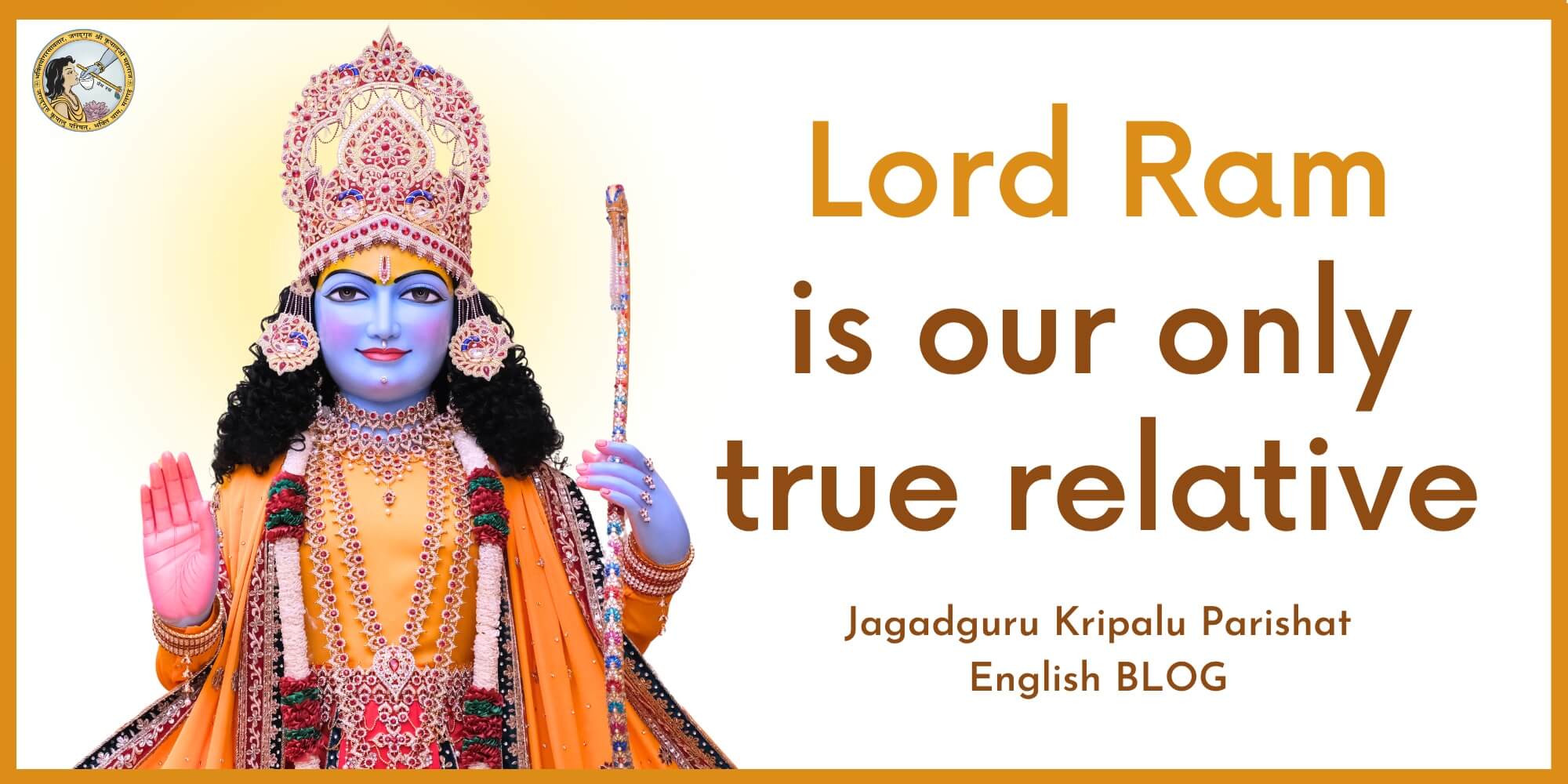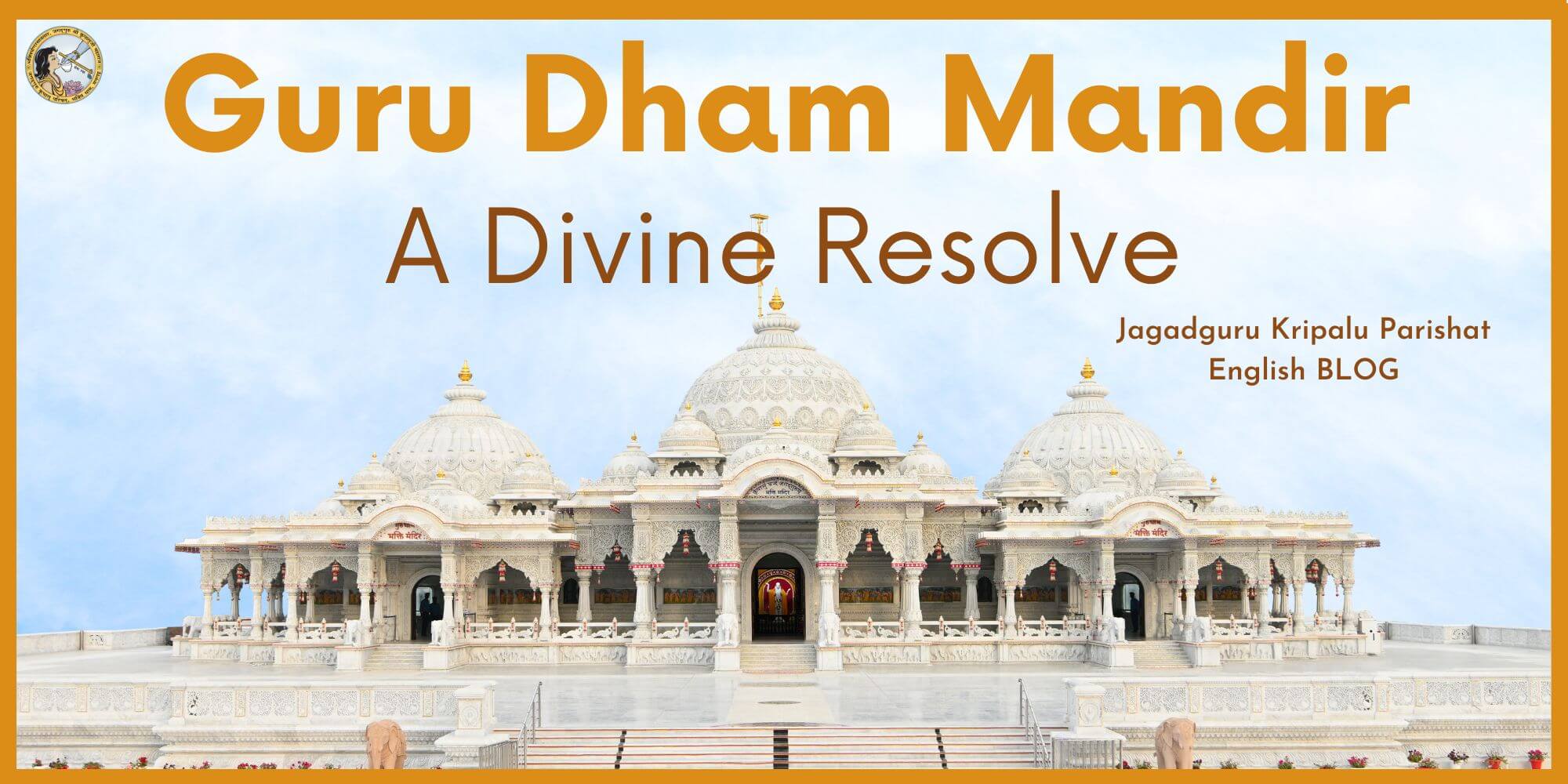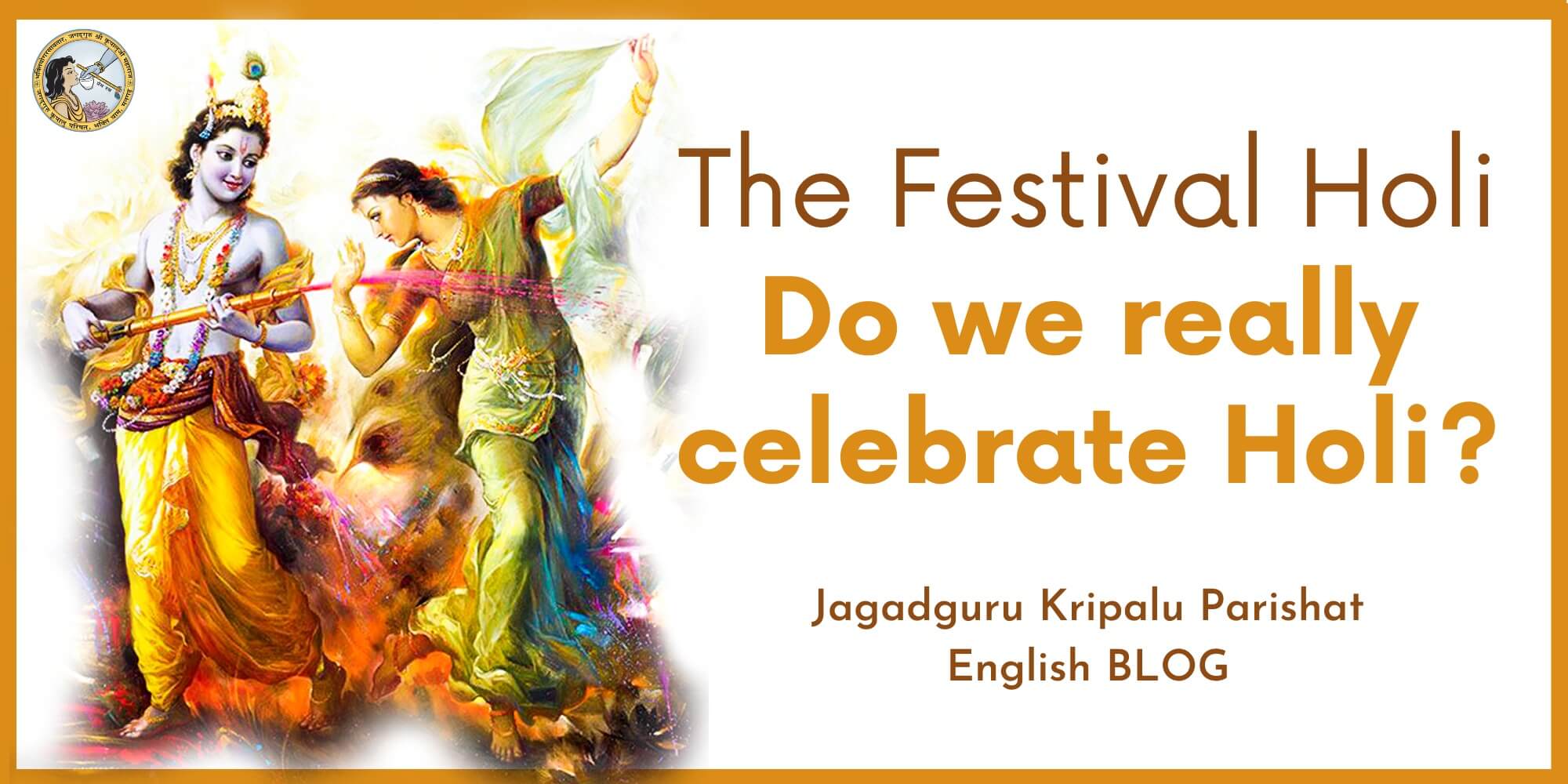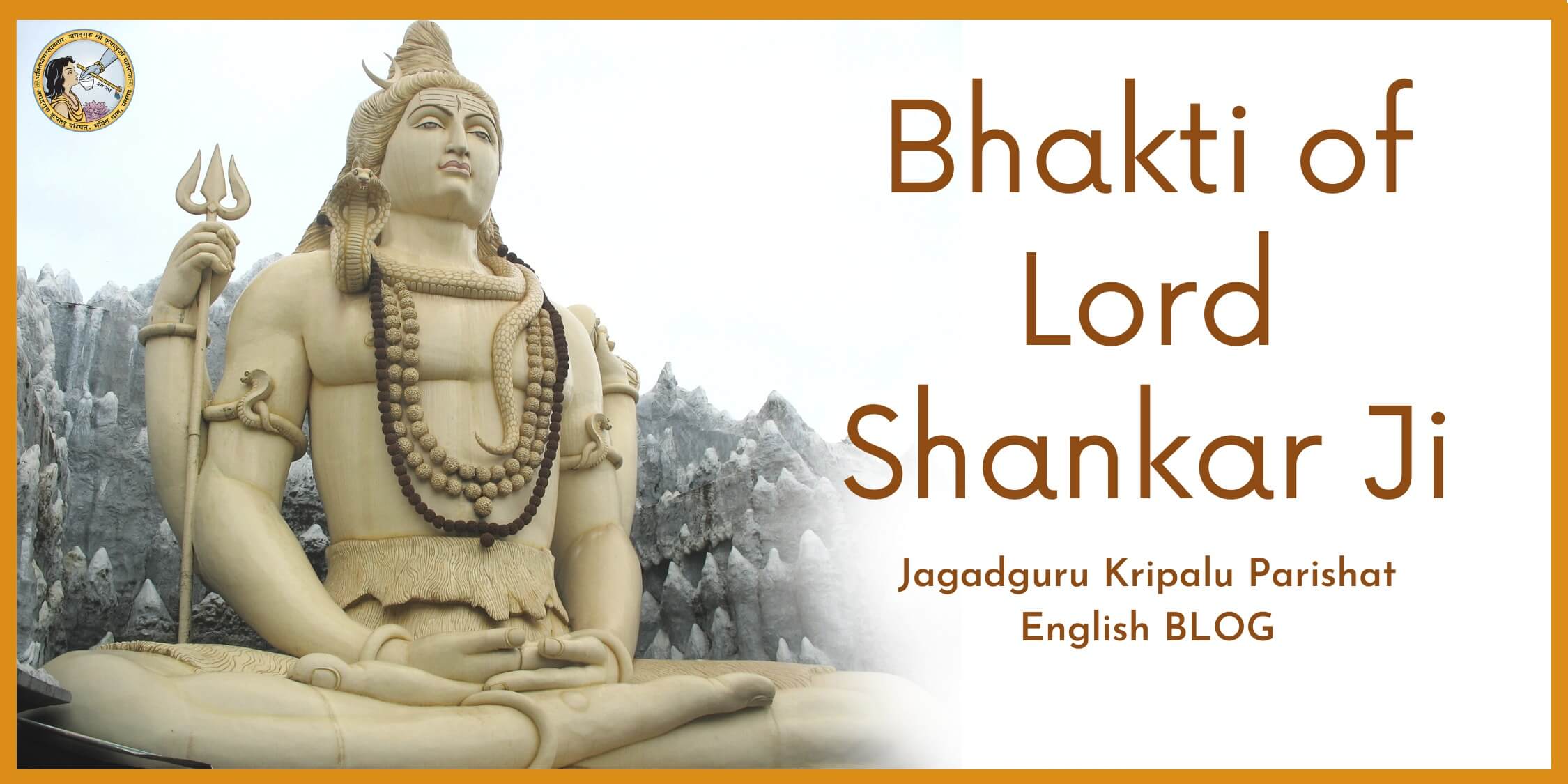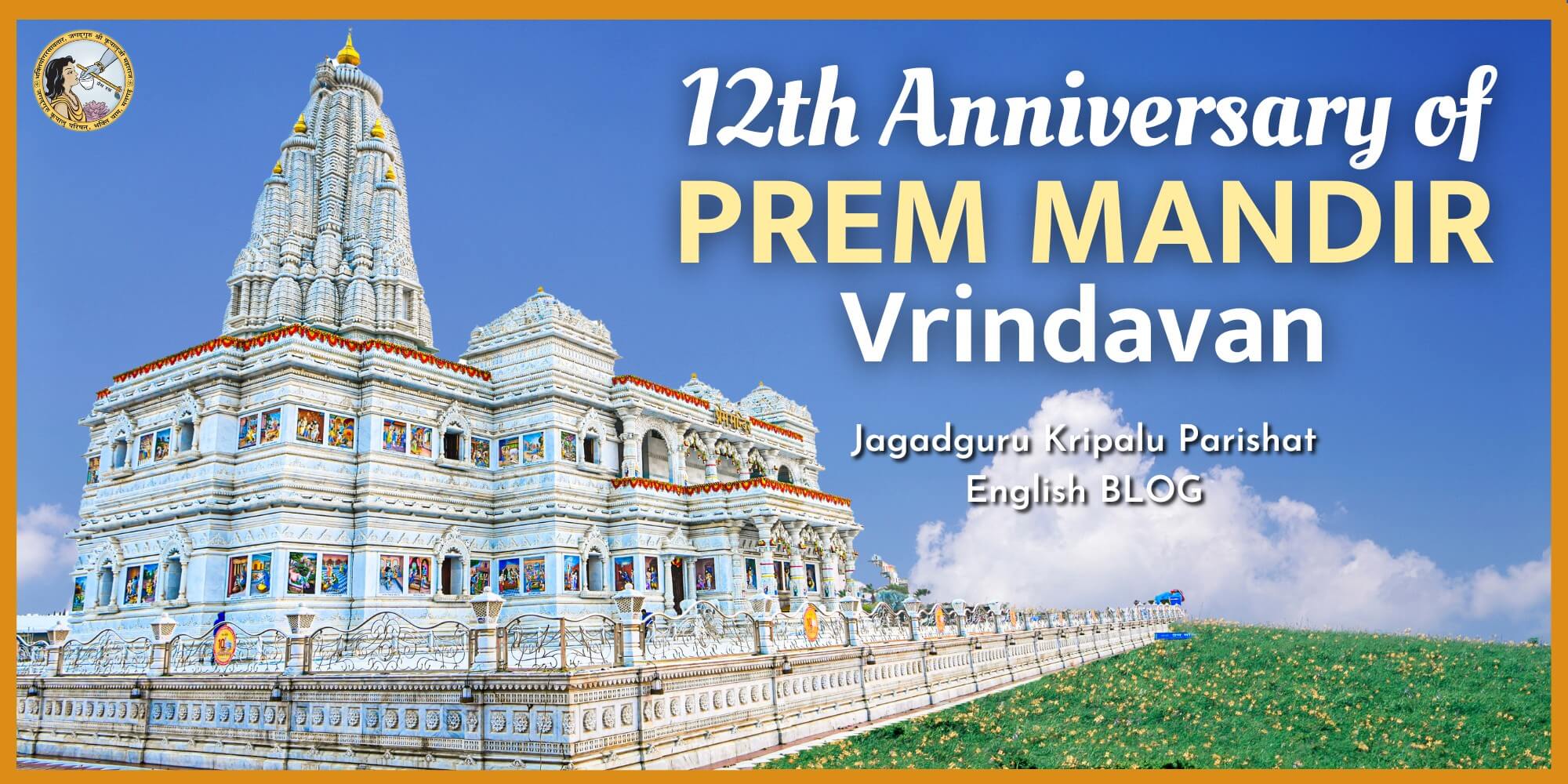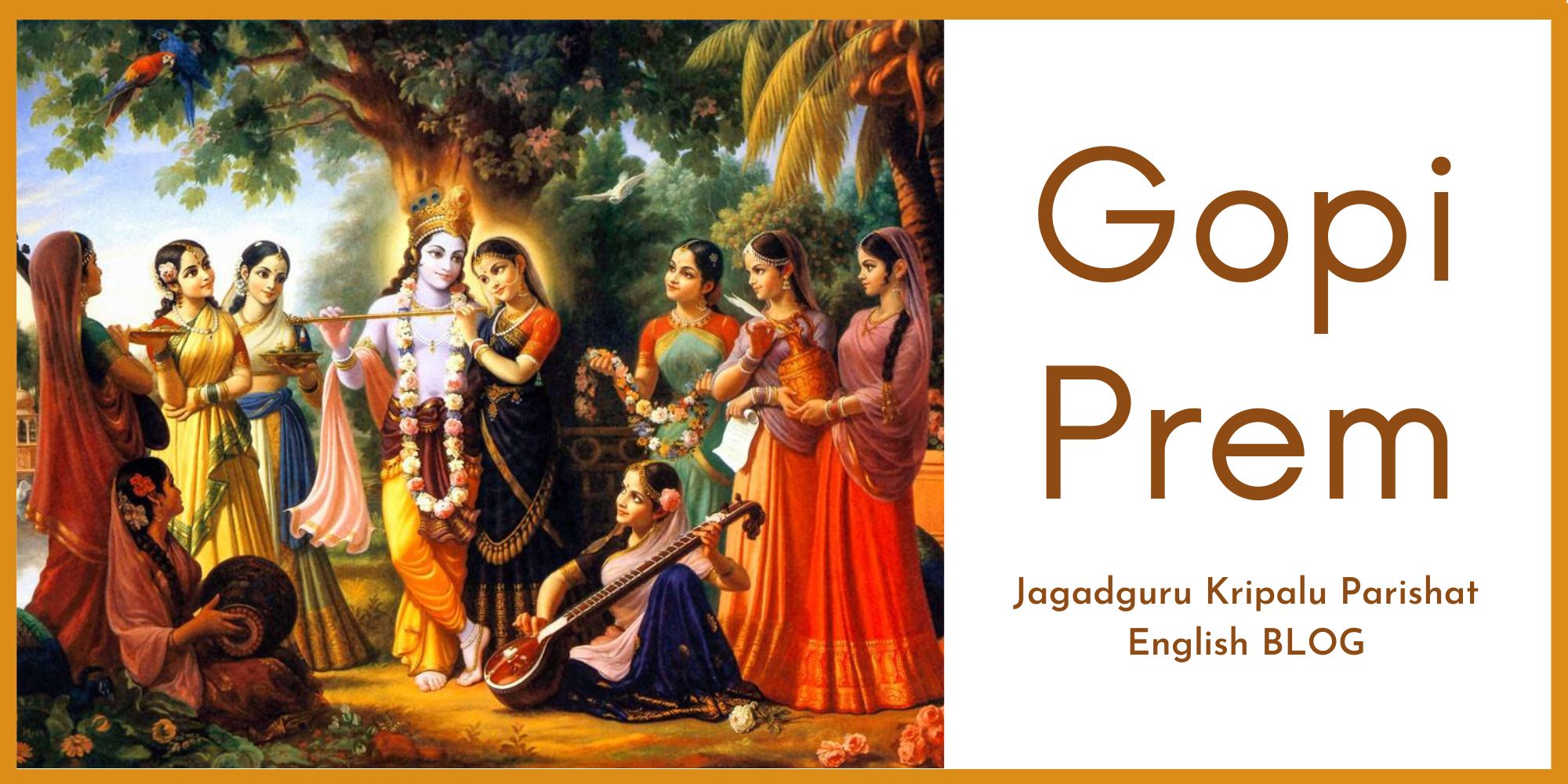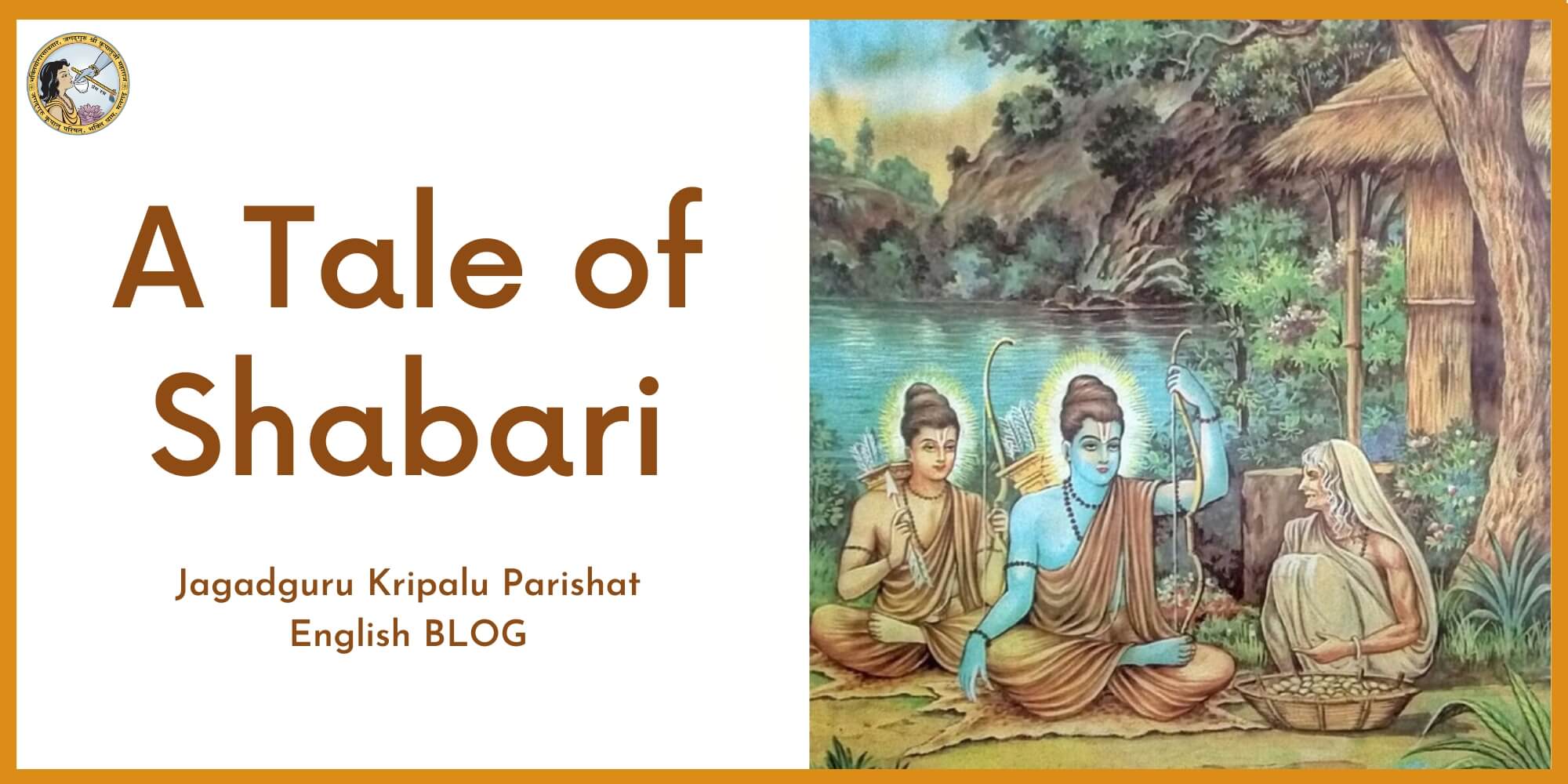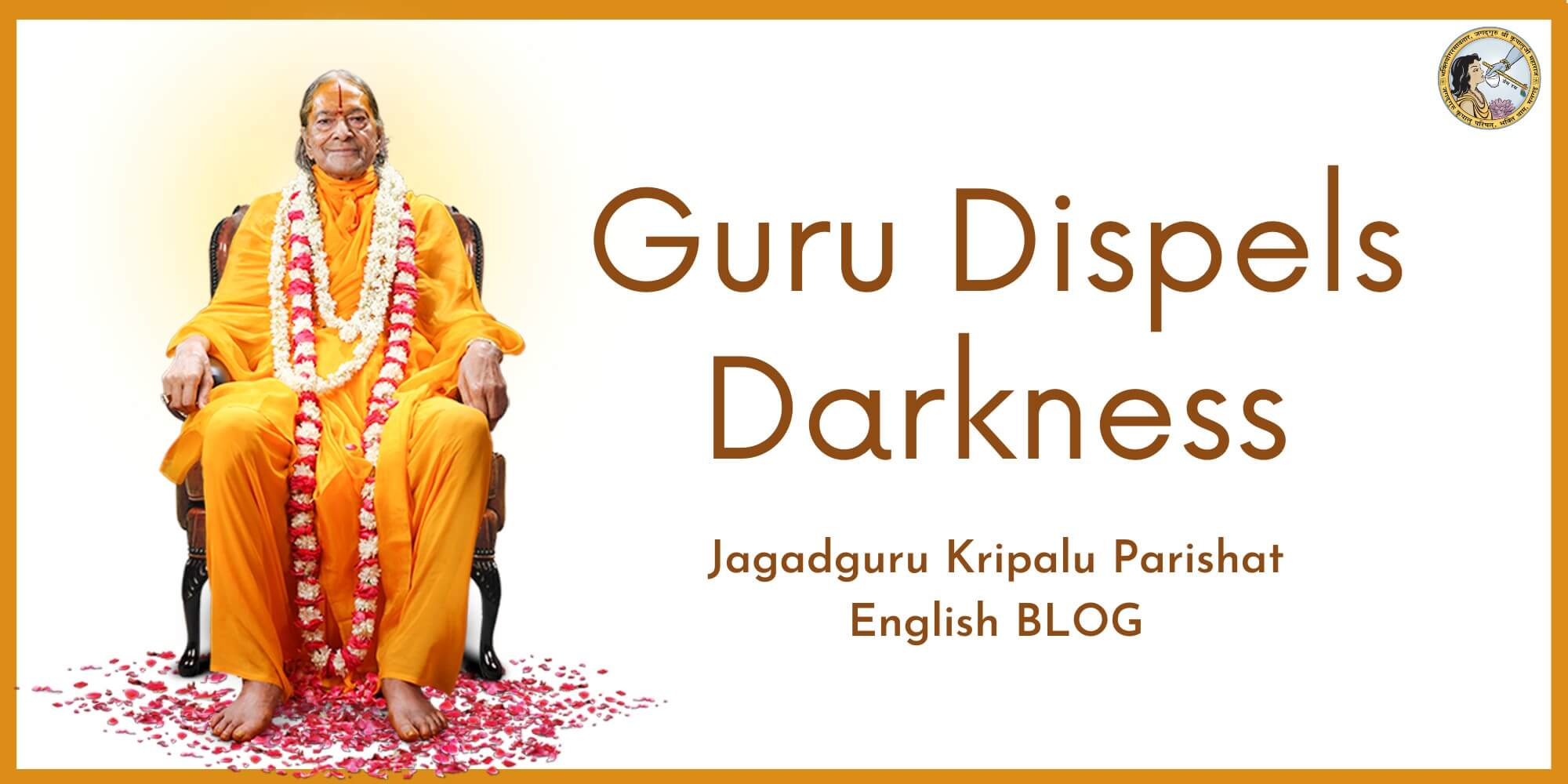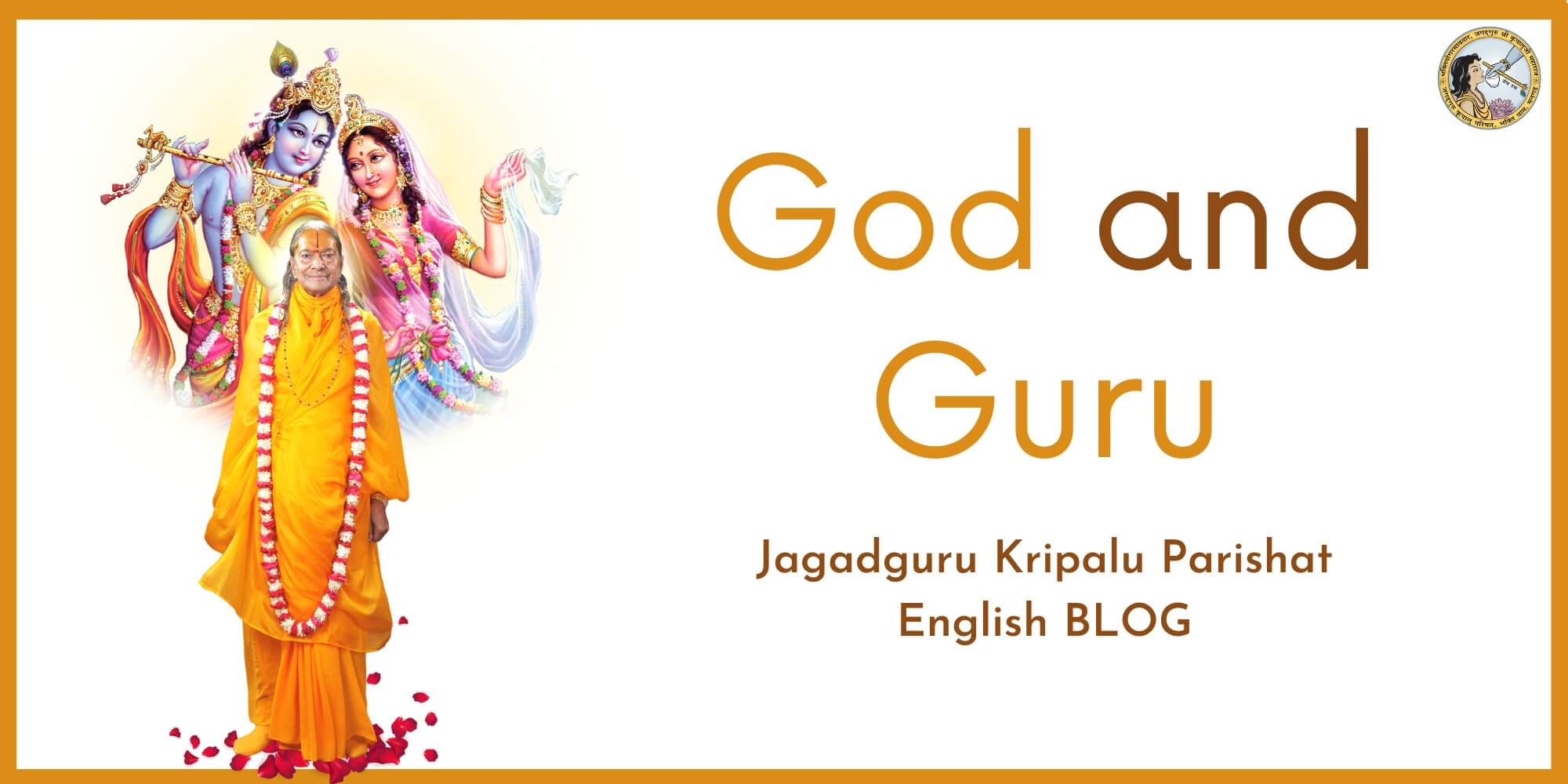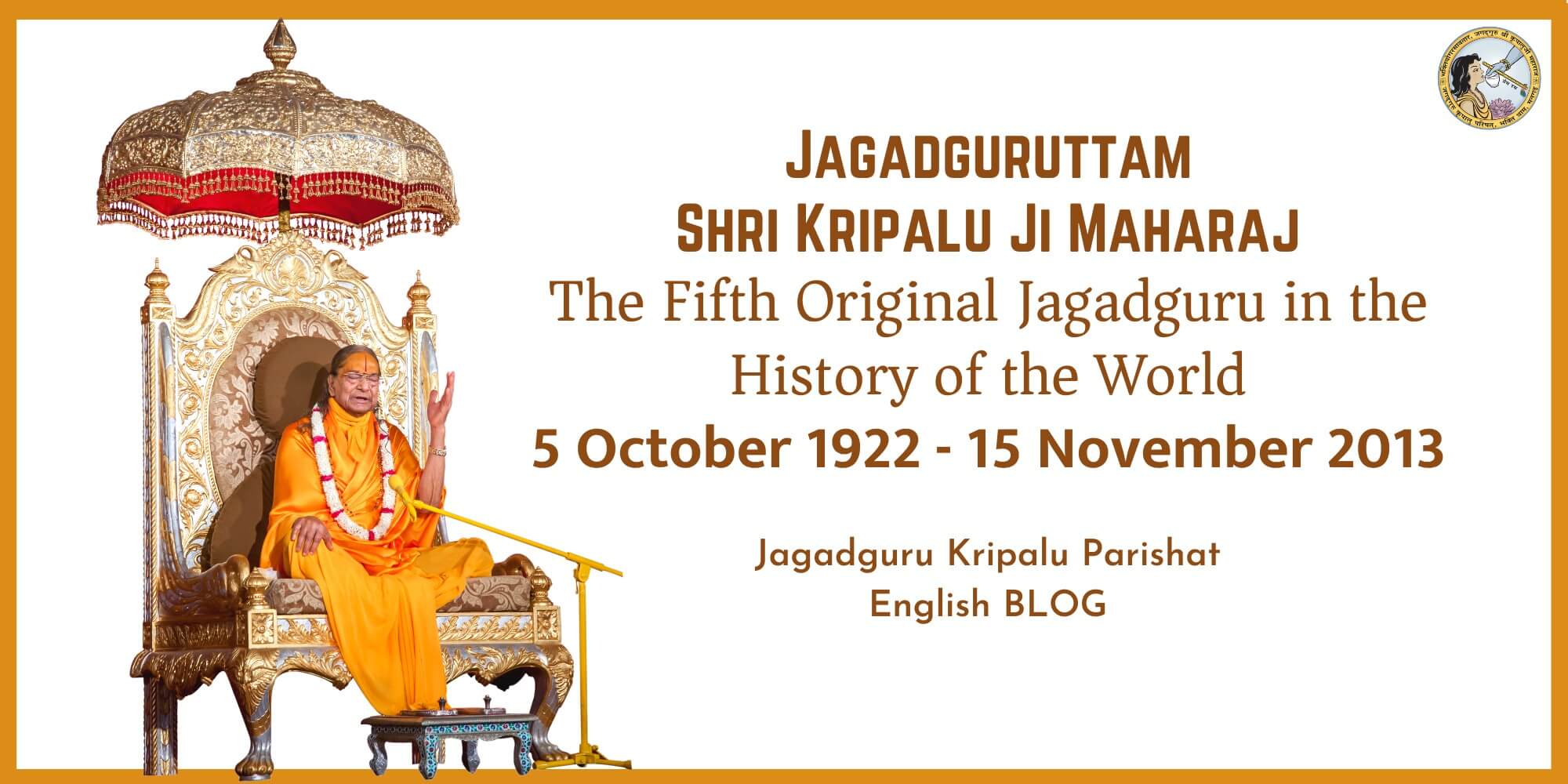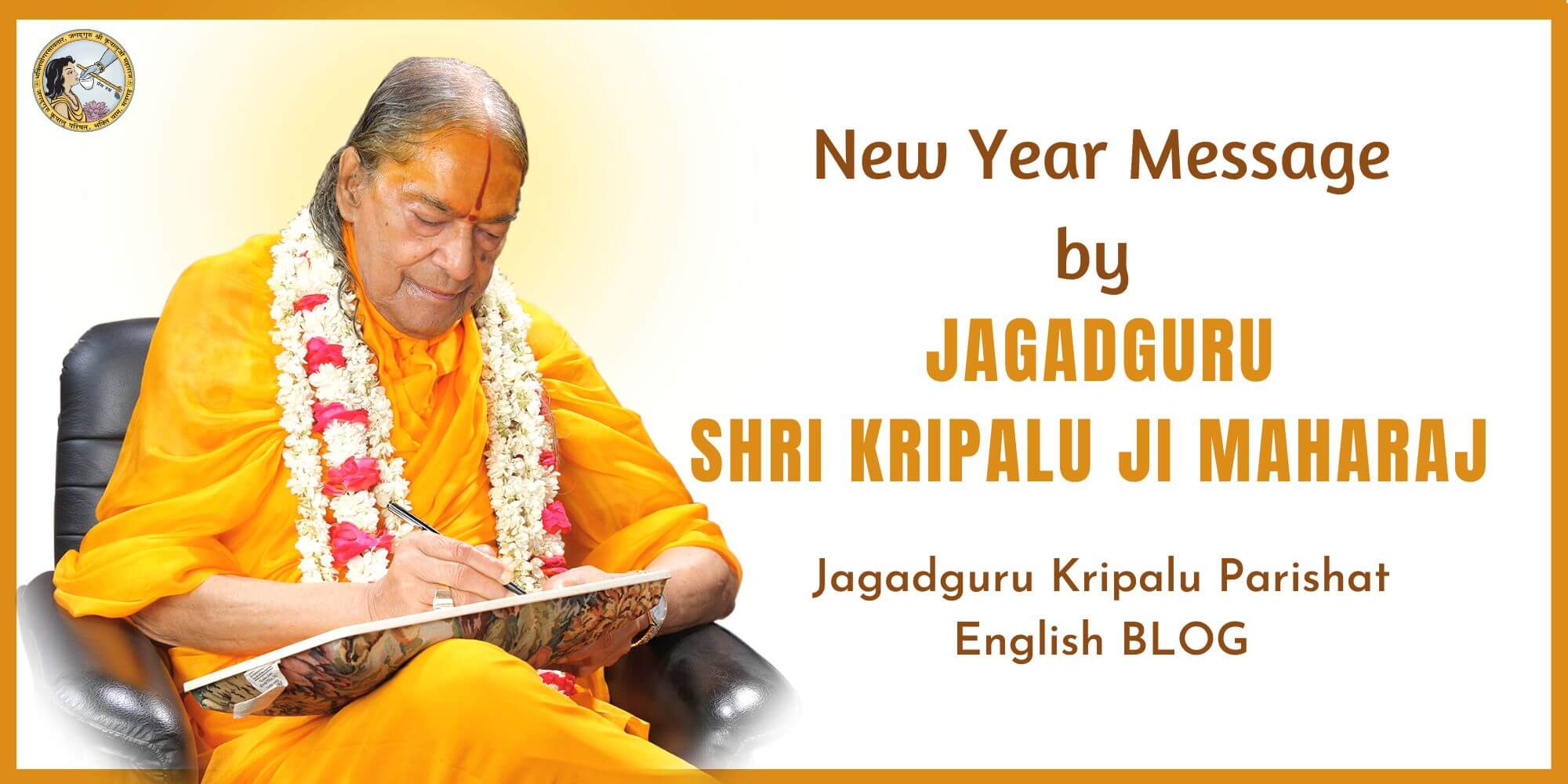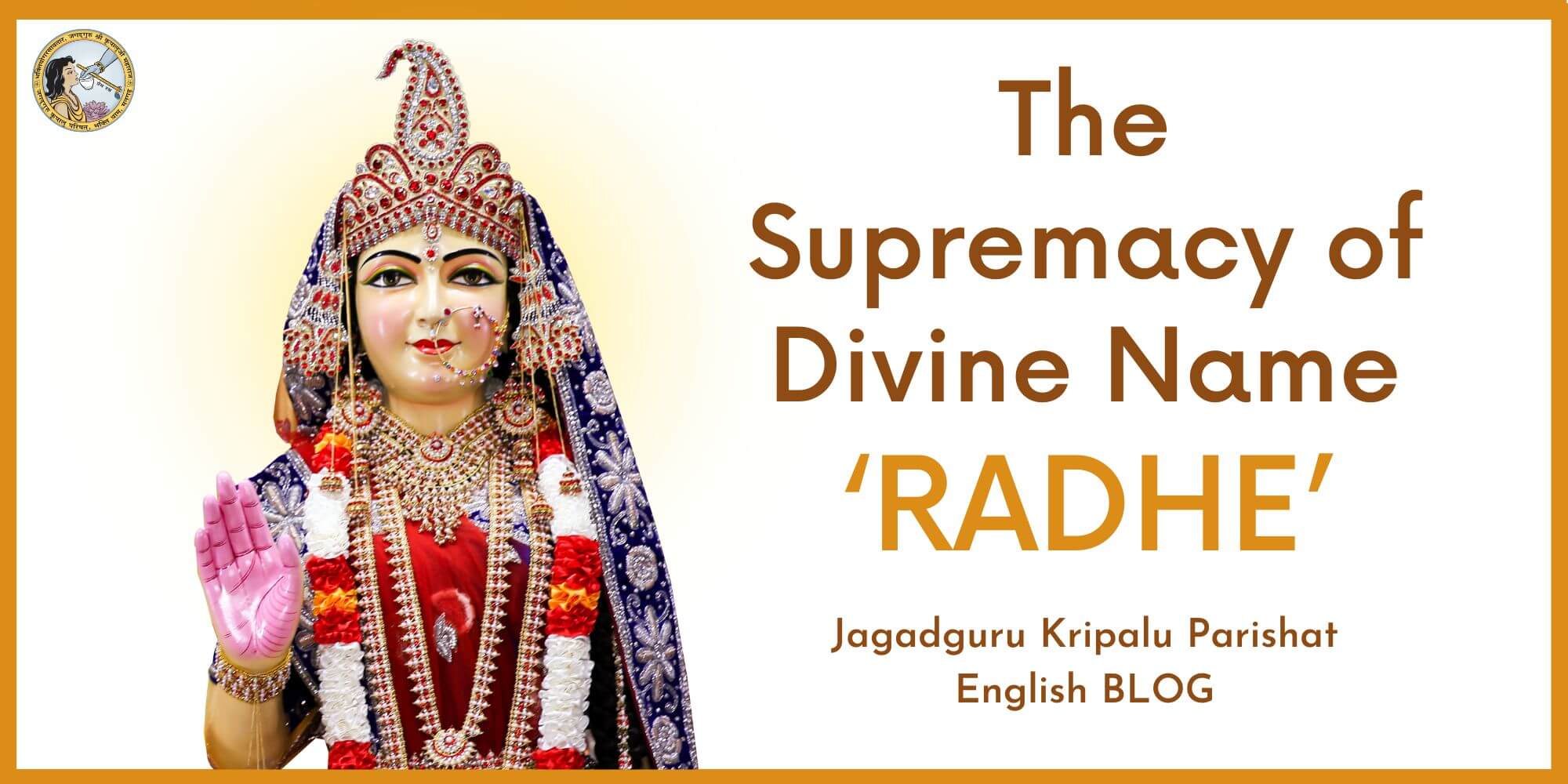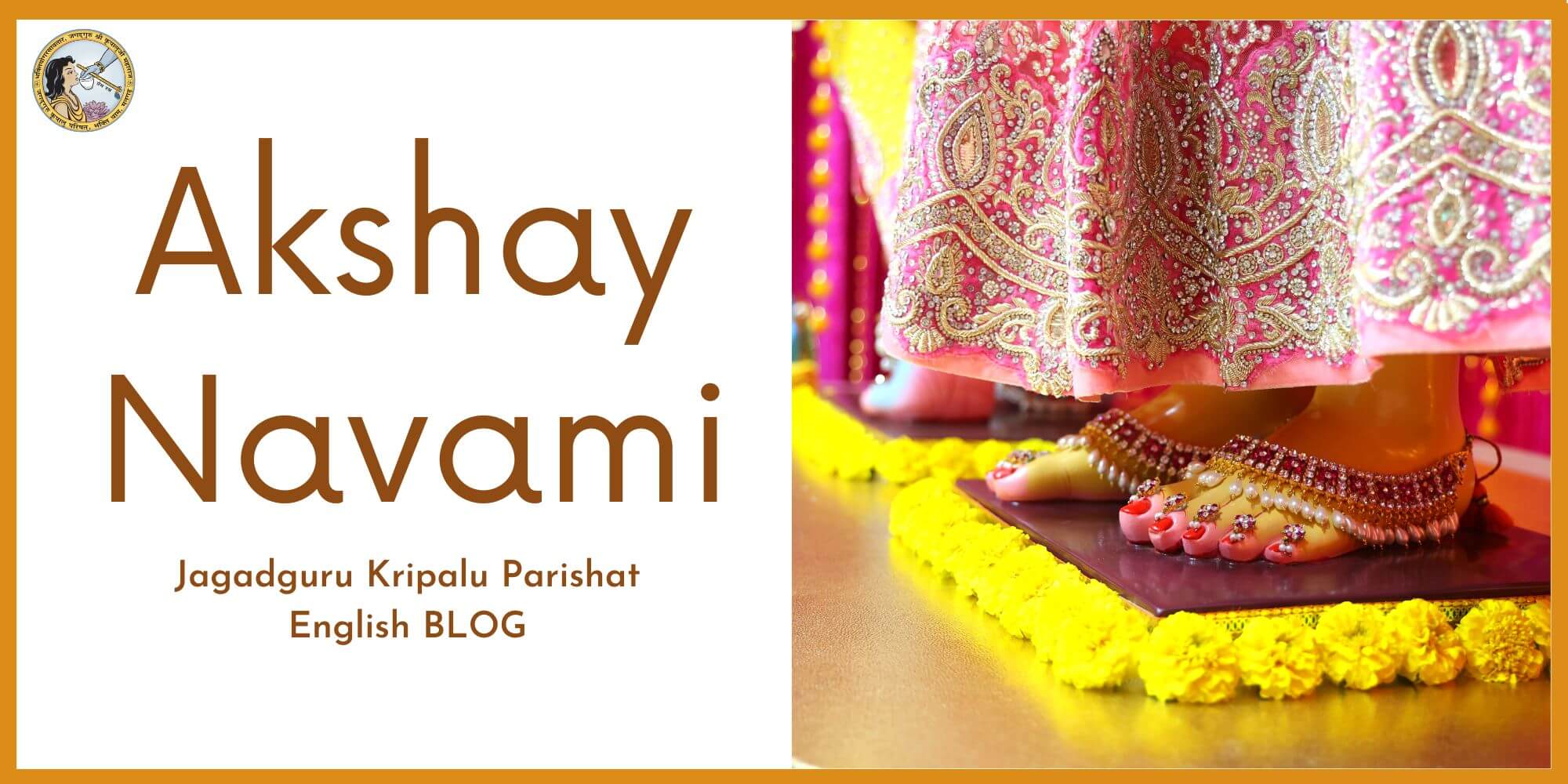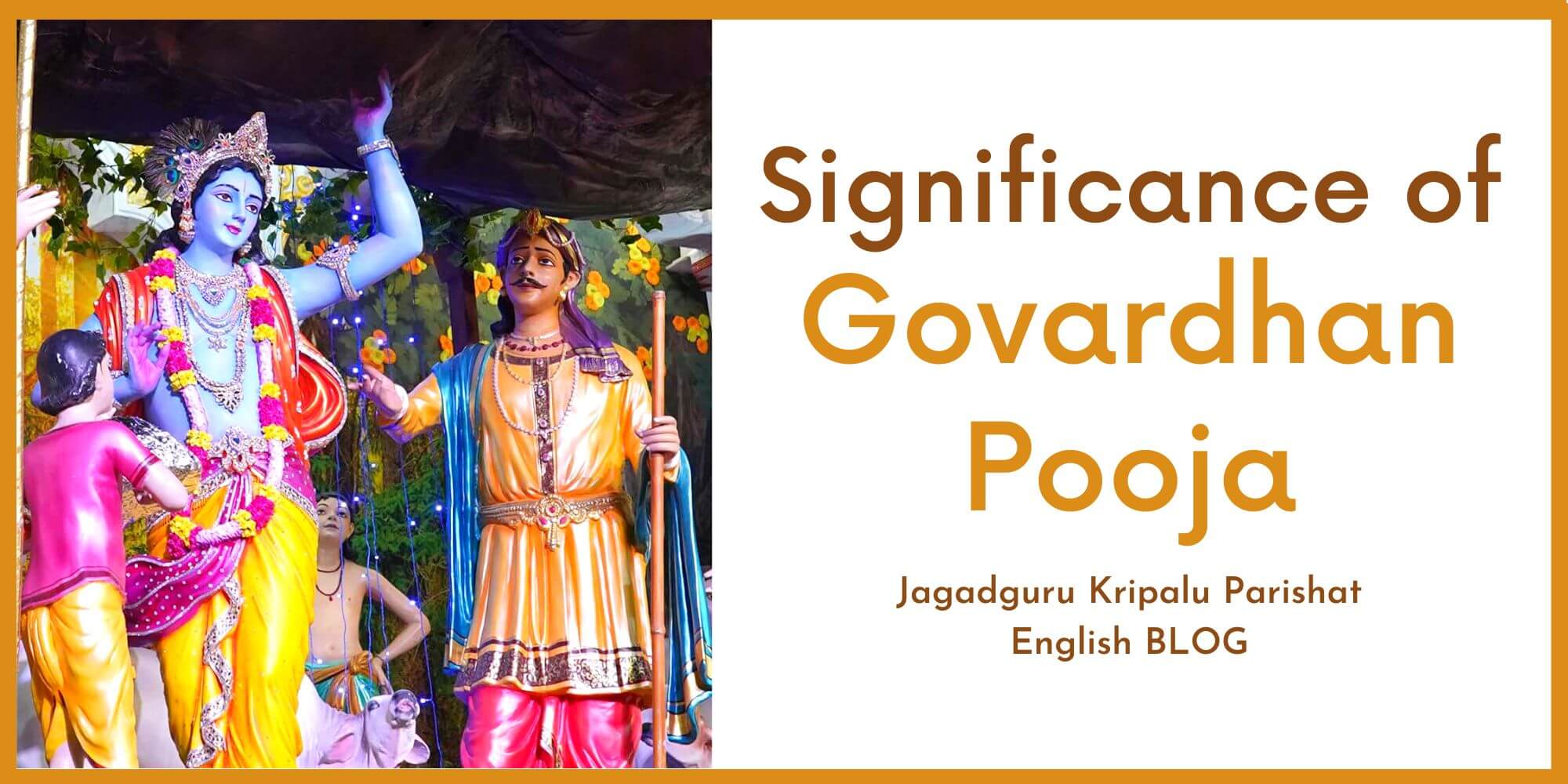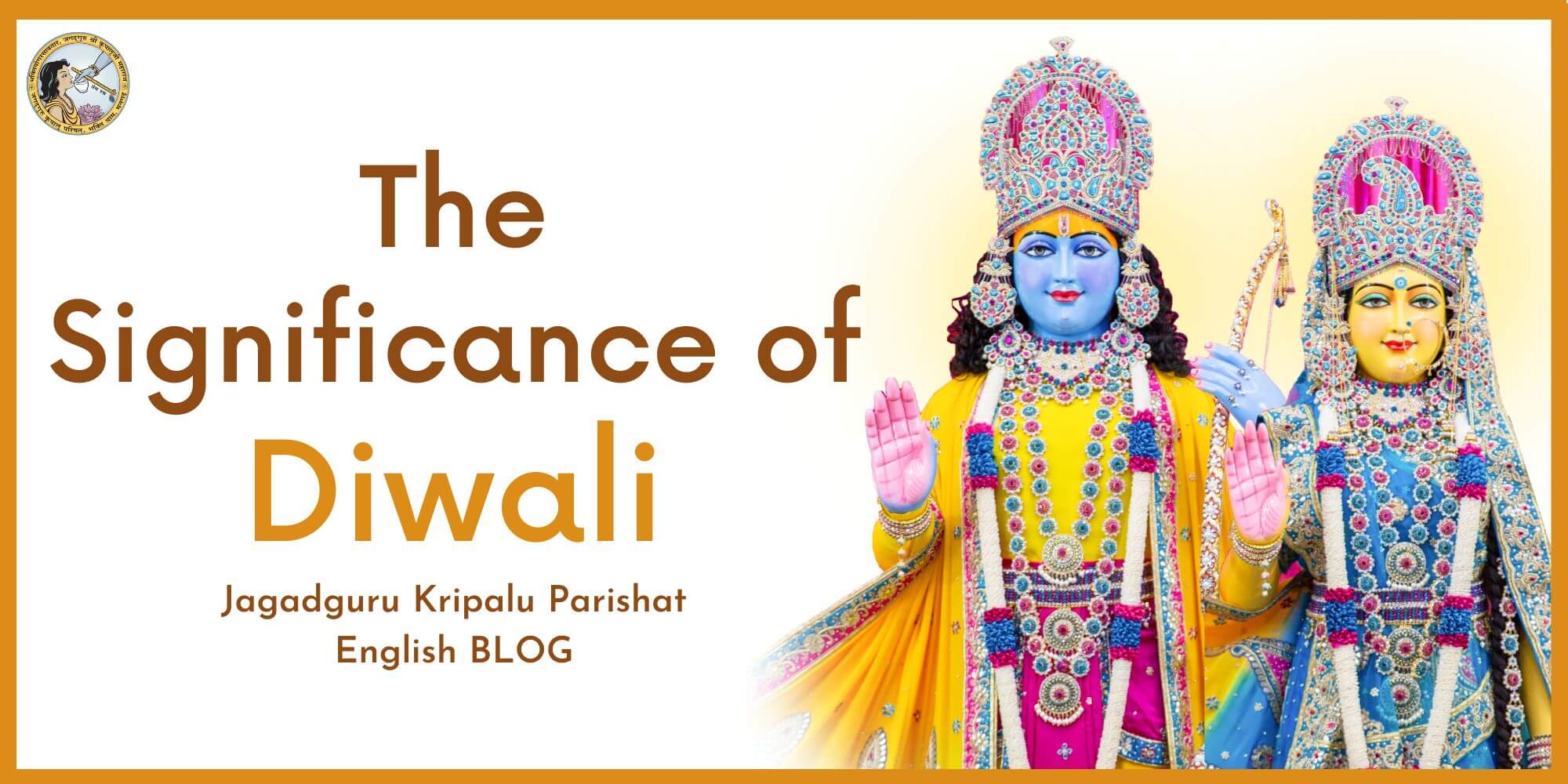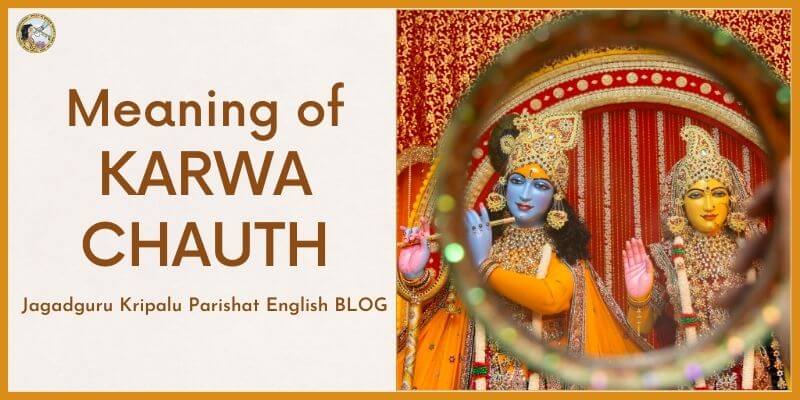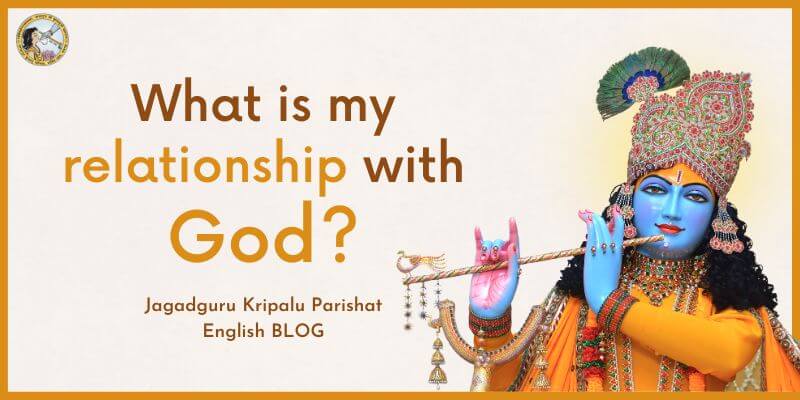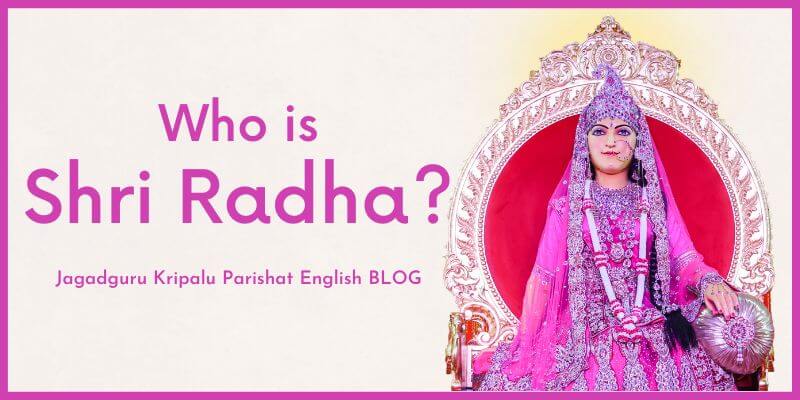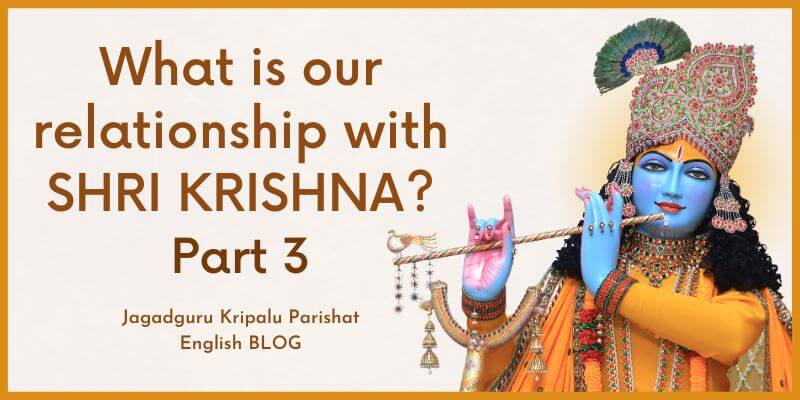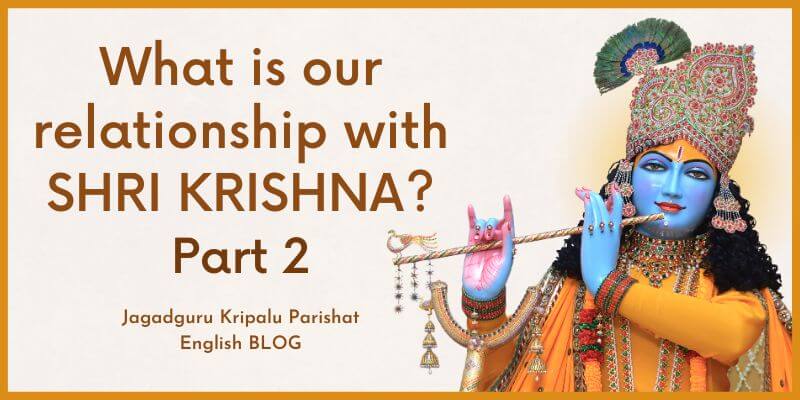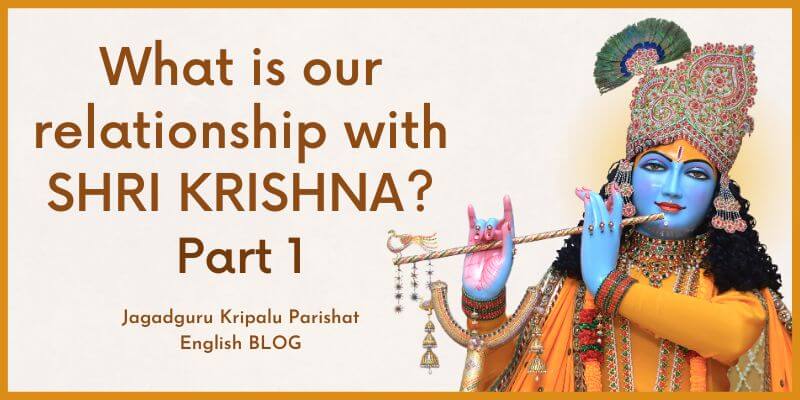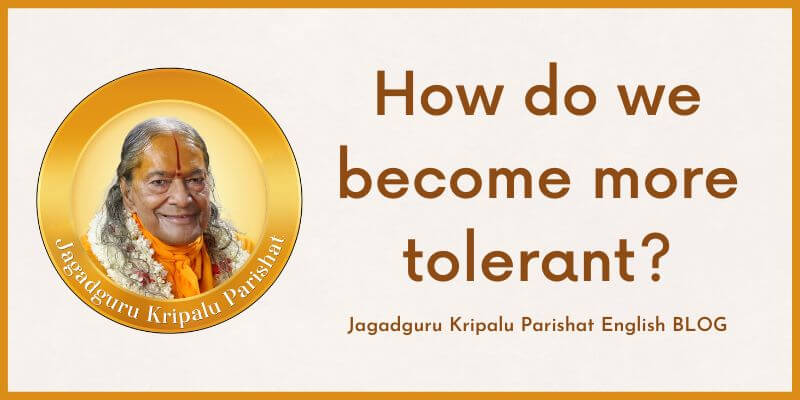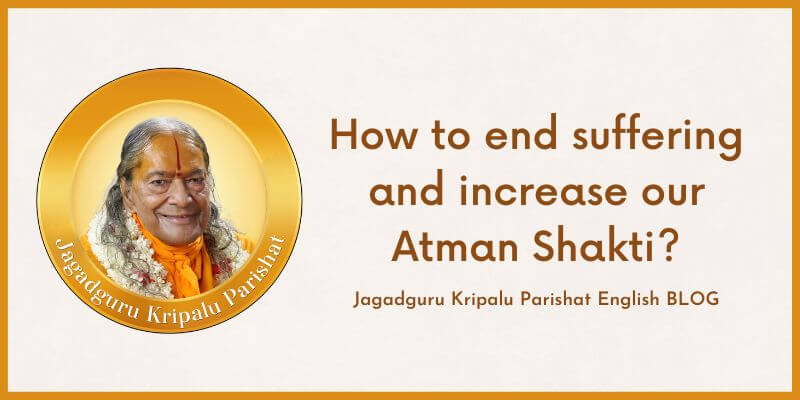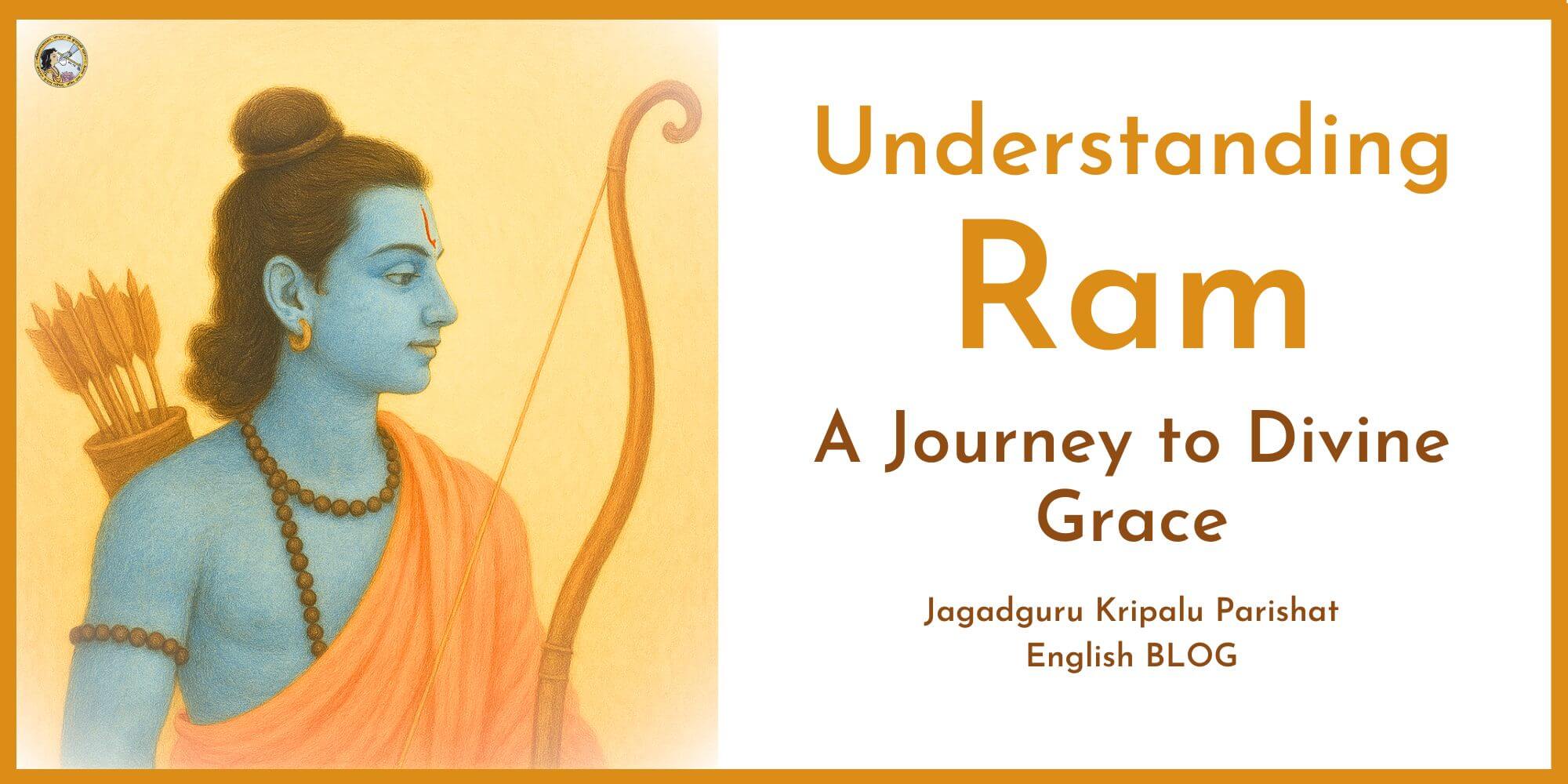The secret behind celebrating Dhanteras
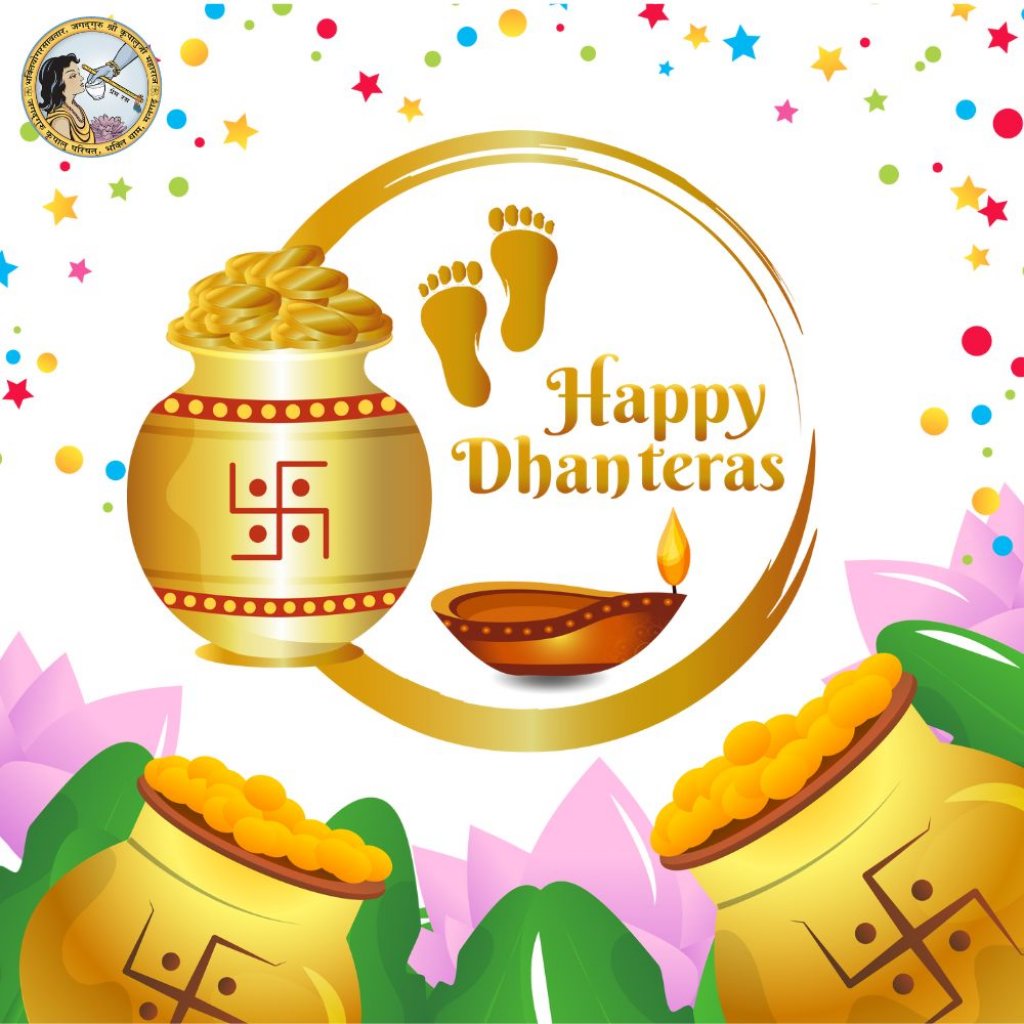
(Speech by Jagadguru Shri Kripalu Ji Maharaj on Dhanteras)
Today marks the festival of Dhanteras, a day dedicated to the worship of Goddess Lakshmi. According to our scriptures, Maha Lakshmi emerged from the left side of Radha Rani, while Maha Vishnu emerged from the left side of Shri Krishna.
There is also a story that illustrates the eternal nature of both God and Goddess Lakshmi. In the context of divine leela, the great ocean, Ksheer Sagar, was once churned. During this churning, God was present alongside the Mandarachal mountain and Vasuki Naag. Celestial Gods gathered on one side, while demons stood on the other. They used the mountain to churn the ocean, resulting in the emergence of fourteen precious gems.
Among the gems that emerged was Goddess Lakshmi. All the divine personalities—Brahma, Vishnu, Shankar, Indra, Varun, Kuber, and the celestial Gods—gathered to witness the divine leela of the ocean churning. When the nectar (amrit) finally emerged from the ocean, everyone was eager to drink it.
However, when the poison emerged, everyone panicked and began to flee at the sight of the toxic fumes. At that moment, Shankar Ji bravely contained the poison in his throat. Meanwhile, God Mahavishnu cleverly deceived the demons and distributed the amrit to the devtas. On this very day, Dhanvantari, the divine physician, appeared to heal the devtas and he too sided with the devtas.
Then there was Lakshmi, who surveyed the celestial Gods to choose her husband. She noticed some personalities standing by, who were aged and detached including the venerable Sage Markandeya. These saints, with their neutral feelings, lacked the understanding of love and companionship. Placing a garland on any of them would serve little purpose, as they would remain devoted to formless Brahman, maintaining no personal relationship. What value would such a union hold?
Then there were those who understood the nature of loving relationships, but their lifespans were uncertain. Among them were demons like Hiranyakashipu. However, the one who embodied both eternal existence and the capacity for love was Lord Shankar. He was the ideal choice.
However, Lakshmi found Lord Shankar’s appearance intimidating. His fierce visage, adorned with large snakes and accompanied by ghosts and spirits, made her hesitant to look at him. He wore a garland of skulls, which further convinced her that he wasn’t the right match for her.
In contrast, there was Lord Krishna, who embodied all the qualities she admired. He understood love, possessed great virtues, and enjoyed an eternal lifespan. He seemed to be the perfect choice for her.
“But he just wouldn’t look at me. No matter how many times I intently gazed, he seemed to deliberately turn away. As the one who has been his eternal consort, it was disheartening that he wouldn’t acknowledge me. But that was alright; he didn’t have to look if he didn’t want to. I resolved to place the garland on him anyway. Once he wore the garland, he would have to think of me, as he is known for his kindness towards his devotees. The extent to which a devotee loves him, he loves them back to the same extent.” With that belief in her heart, so she garlanded Him.
Lord Krishna always places Lakshmi on the left side of his body, while the Kaustubh Mani rests on his right. In the centre, lies the footprint of Brahman Bhrigu.
Once, there was a divine competition among celestial beings to determine the greatest power among them. Some believed Brahma held that title, while others thought Shankar was superior, and many considered Vishnu to be the greatest. To resolve this, Bhrigu was sent to assess and make the determination.
Bhrigu approached each of the divine personalities and insulted them. Those he confronted thought he had lost his mind and was being disrespectful. Previously, he would always show them respect and perform pranam. When he came to Lord Vishnu, Vishnu (Shri Krishna) was already aware of Bhrigu’s approach, so he closed his eyes.
And so Bhrigu approached him and spoke rudely to him. “You are a trickster, you are dishonest.” These words had no effect on him. He kept his eyes closed. Bhrigu thought this was a strange person. “So Strange!” So Bhrigu went ahead and kicked on Lord’s chest. “He was pretending to be asleep when he wasn’t really sleeping. He merely closed his eyes because He saw me approaching him.”
So God caught hold of that foot (with which he kicked him) and told Bhrigu, “Your delicate foot must have been hurt from hitting my hard chest,” Lord Vishnu said. To honour this moment, he forever placed the imprint of that foot on his chest, marking it at the centre of his body, with Lakshmi on his left side.
Lakshmi is known to be very restless; she doesn’t remain in one place. The worldly Lakshmi that people refer to as ‘money’ is just as restless. You’ve seen how fleeting it can be.
Today, in this world, there is a financial deficiency affecting 200 countries. Some nations have gone bankrupt, while others are on the brink. Even those like America are in a precarious state, with many banks having failed. In our country, billionaires and the wealthy now find themselves with only half of their previous fortunes. Those who once had 30 billion rupees are now left with just 15 billion. This illustrates how Lakshmi remains ever-moving; she does not stay in one place.
When you look at a currency note and think it looks old, do you know why? It’s because it has passed through the hands of thousands of people—someone gave it to another, who passed it to someone else, and eventually to the bank. It keeps moving from one person to another, right? Despite her restlessness, Lakshmi never leaves the side of God; she always resides on his left.
Now, take a look at the world around you. We have some rather peculiar people among us, many of whom are wealthy—whether they are small shop owners or big billionaires. During Diwali, they all perform their calculations and make entries in their bookkeeping journals, writing phrases like, “Sada Lakshmi Sahaya, Sada Kuber Sahaya”—“May Lakshmi always stay with us, may Kuber always stay with us.”
During wedding ceremonies and yagyas, the priests who perform the pooja recite a shlok that signifies the conclusion of the ritual. This shlok invites all the demi-gods and deities to return to their abodes after the ceremony.
At the start, they invoke the celestial beings, beginning with Ganesh Ji, followed by Durga Ji, Shoda Shaktika, and the Navagraha (the nine planets). At the end of the ceremony, they say, “All of you may return now, but Lakshmi and Kuber, please stay here with us.”
These are indeed strange people—strange in the truest sense! You understand what “strange” means, right? It often refers to those whose minds don’t function in conventional ways. God himself is considered the most strange, as He can accomplish feats that seem impossible—listening with His eyes and seeing with His ears! Isn’t that strange?
In the same way, the people in our world are also peculiar, and those guiding them, like priests, are no exception. They don’t realise that Goddess Lakshmi cannot possibly stay anywhere without Lord Vishnu. She always resides on His left side. So when you send the deities back, saying, “All of you go to your divine abodes, but Lakshmi, please stay here,” Goddess Lakshmi would respond, “Have you lost your mind? You want me to leave my husband and stay with you?”
Imagine if someone were to tell a married woman in this material world, “All of you women can stay, but your husbands can go back home.” Those people would surely be met with outrage and will be beaten up for suggesting such a thing! Similarly, Goddess Lakshmi will only stay with you if you also invite God to remain.
Yet, no one writes in their bookkeeping journals, “Ram Sahaya, Shri Krishna Sahaya, Bhagwan Sahaya”—they only write “Lakshmi Sahaya” and “Kuber Sahaya.” How can Goddess Lakshmi stay without God? And how can Kuber remain without God? He is God’s eternal servant.
Tulsidas Ji humorously points out that if you don’t believe in God and focus solely on devotion to Kuber and Lakshmi, you might find yourself in quite a predicament. On the Vindhyachal mountain, there are countless trees, yet you won’t find any wood to cook food. The ocean is filled with water, but you wouldn’t even have enough to dip your finger in.
Similarly, Kuber possesses infinite wealth, but if you seek it without honouring God, you might find them fasting and receiving none of that wealth. Devoting yourself to Lakshmi and Kuber while bidding farewell to God—wouldn’t such people be considered strange? Isn’t that ironic?
Only Kripalu is proclaiming this; no one else has said it until now. Everyone worships and bows to Goddess Lakshmi, but I want to share something else that is both funny and interesting: Lakshmi is actually God’s own internal power; she has divine bliss. Yet, many people mistake material wealth, or maya, for Lakshmi.
This material wealth—gold, silver, cash, houses, and land—leads many to label someone who possesses this – a big “Lakshmivaan,” “Dhanwaan,” or “Lakshmipati” (one who possesses large amounts of wealth). But this is not true Lakshmi; it is merely maya. Anything material in this world is considered maya. All these treasures—gold, silver, diamonds—are derived from the earth.
Whatever you refer to as prosperity is fundamentally made from these earthly elements. Gold emerges from the earth, silver is extracted from the earth, and diamonds are formed within it. Thus, those who possess large quantities of these materials are often regarded as Lakshmipati.
In reality, such individuals are mayapati, not Lakshmipati. Lakshmipati is God’s own internal power; she bestows divine bliss, not material wealth. She offers spiritual happiness, yet everyone behaves in peculiar ways, continuing rituals that have persisted for ages.
So, all of you should understand that your devotion should be directed solely toward Shri Radha Krishna. When you do this, infinite deities—Durga, Lakshmi, Kuber, and others—will come running to you. Stay in the shelter of the Supreme Power and allow them to approach you on their own, without needing to call them.
Don’t fear anyone, but also don’t disrespect any of them. Bow your heads to everyone with respect. However, your mind and intellect should be surrendered only to Shyama-Shyam and their divine associates, including your Guru. Keep this secret of Dhanteras in your mind today.
By Jagadguru Shri Kripalu Ji Maharaj
_________________________________________________________________________
On the auspicious occasion of Dhanteras, do your part and support the philanthropic work of Jagadguru Kripalu Parishat today. Jagadguru Kripalu Parishat (JKP) has continued its practice of charitable giving for over 30 years. These efforts, founded and inspired by Jagadguru Shri Kripalu Ji Maharaj, have led to three main arms of Philanthropy – Medical, Education and Poor Relief. Thus, under the divine guidance of Shri Maharaj Ji, JKP continues to engage in various humanitarian activities.
We share the links here : jkp.org.in/philanthrophy and jkp.org.in/donate
and look forward to your kind donations.
*A brief introduction of Jagadguru Shri Kripalu Ji Maharaj*
(Known by His devotees as Shri Maharaj Ji)
The original title of Jagadguruttam (Greatest Spiritual Teacher of the World) was bestowed upon Shri Kripalu Ji Maharaj on January 14, 1957, by Kashi Vidvat Parishad (a council of 500 greatest scholars saints of India). He composed divine texts like Prem Ras Madira, Prem Ras Siddhant, and Radha Govind Geet to lead us on the right path of devotion. He also gave priceless monuments as gifts to the world which include Bhakti Mandir located in Bhakti Dham, Mangarh, Prem Mandir located in Vrindavan Dham, and Kirti Mandir located in Barsana Dham. Shri Maharaj Ji also built hospitals for the impoverished, the Jagadguru Kripalu Chikitsalaya in Vrindavan, Jagadguru Kripalu Chikitsalaya in Barsana, and another one in Pratapgarh. All three help millions of underprivileged to gain free access to medical care. His Kindergarten, School, and College for impoverished girls Jagadguru Kripalu Parishat Education is located in Kunda and provides completely free education.
